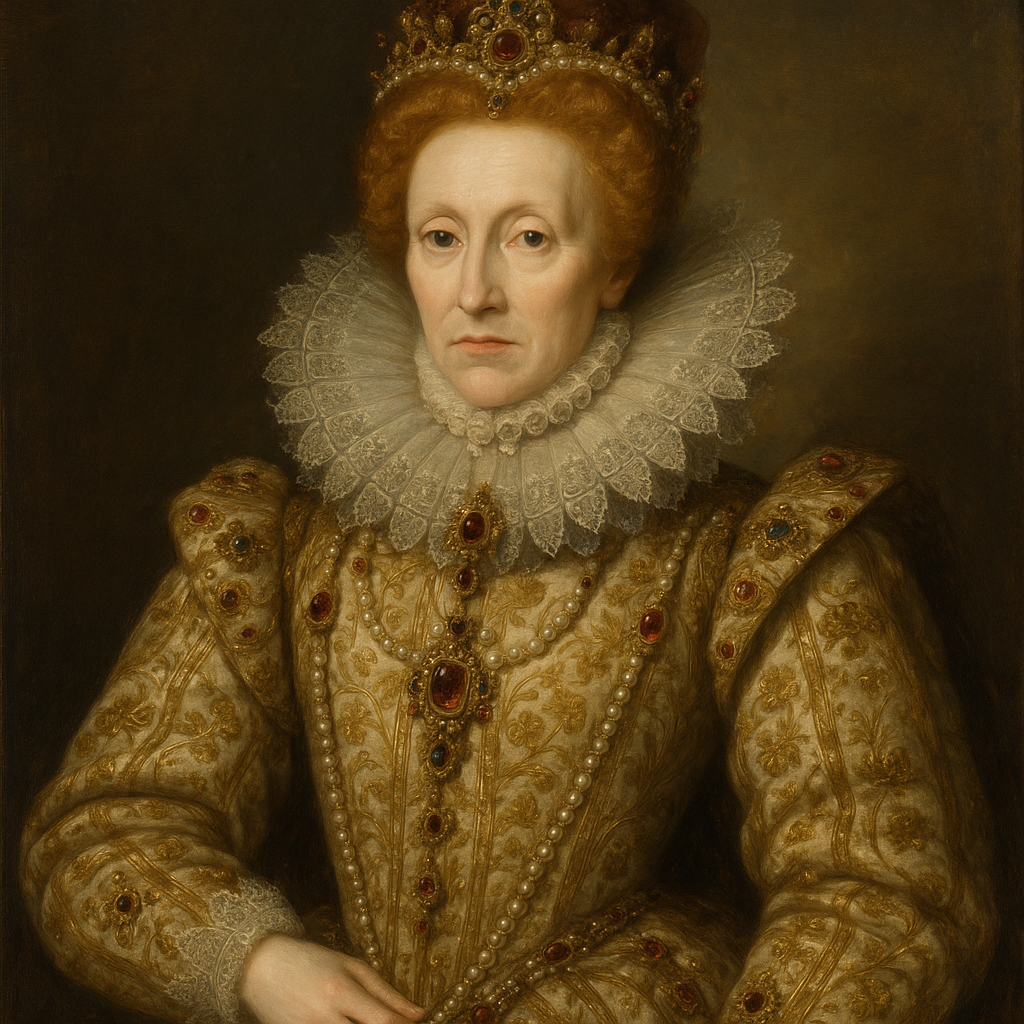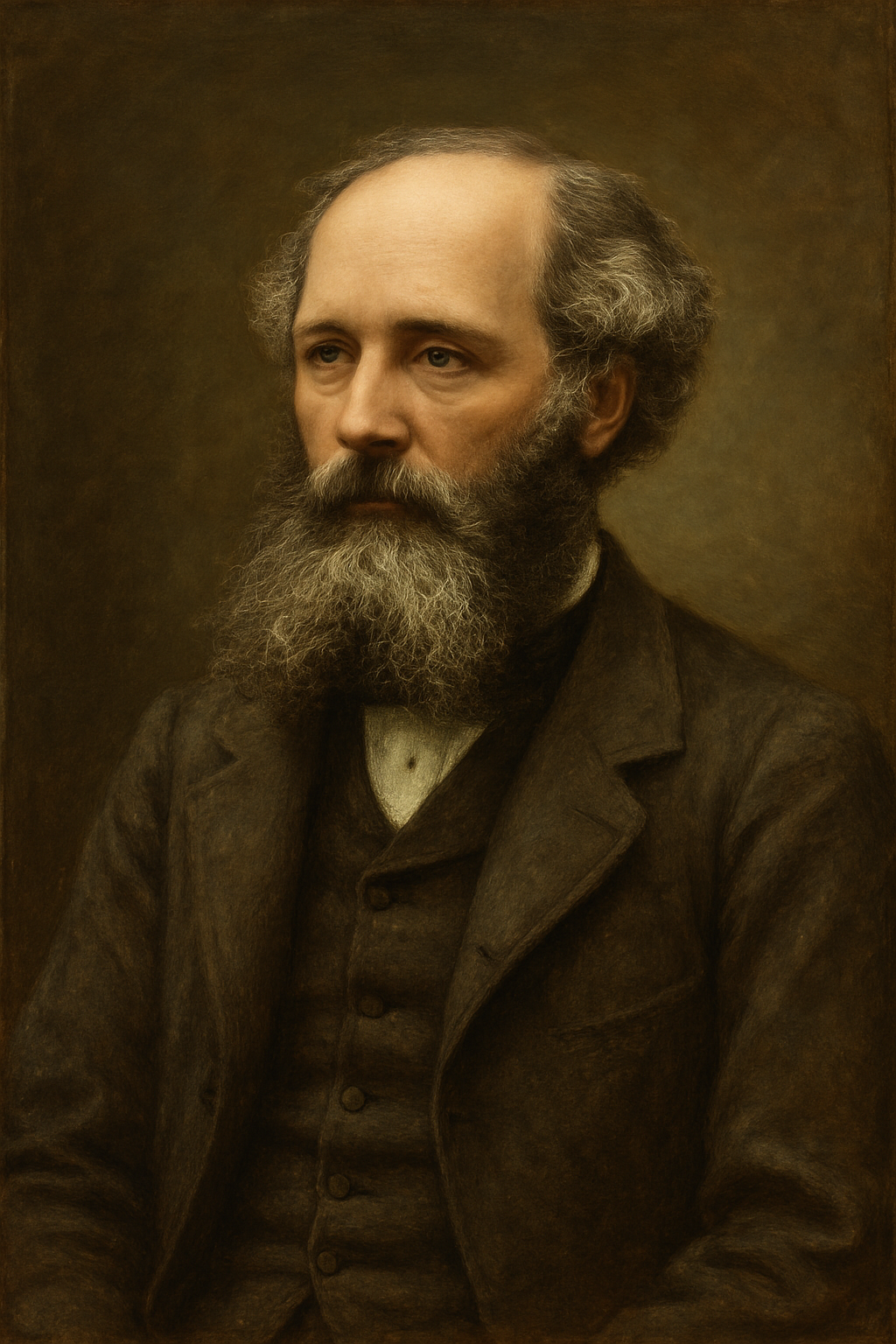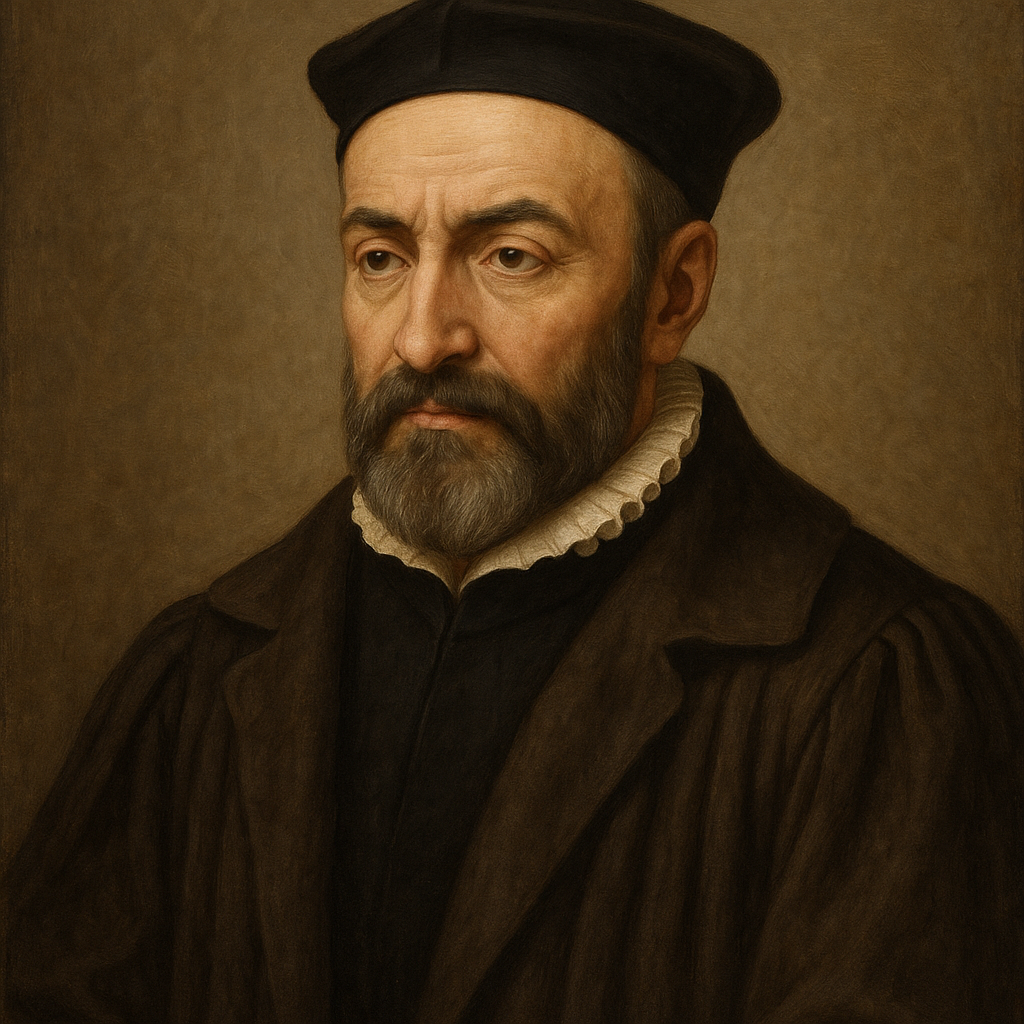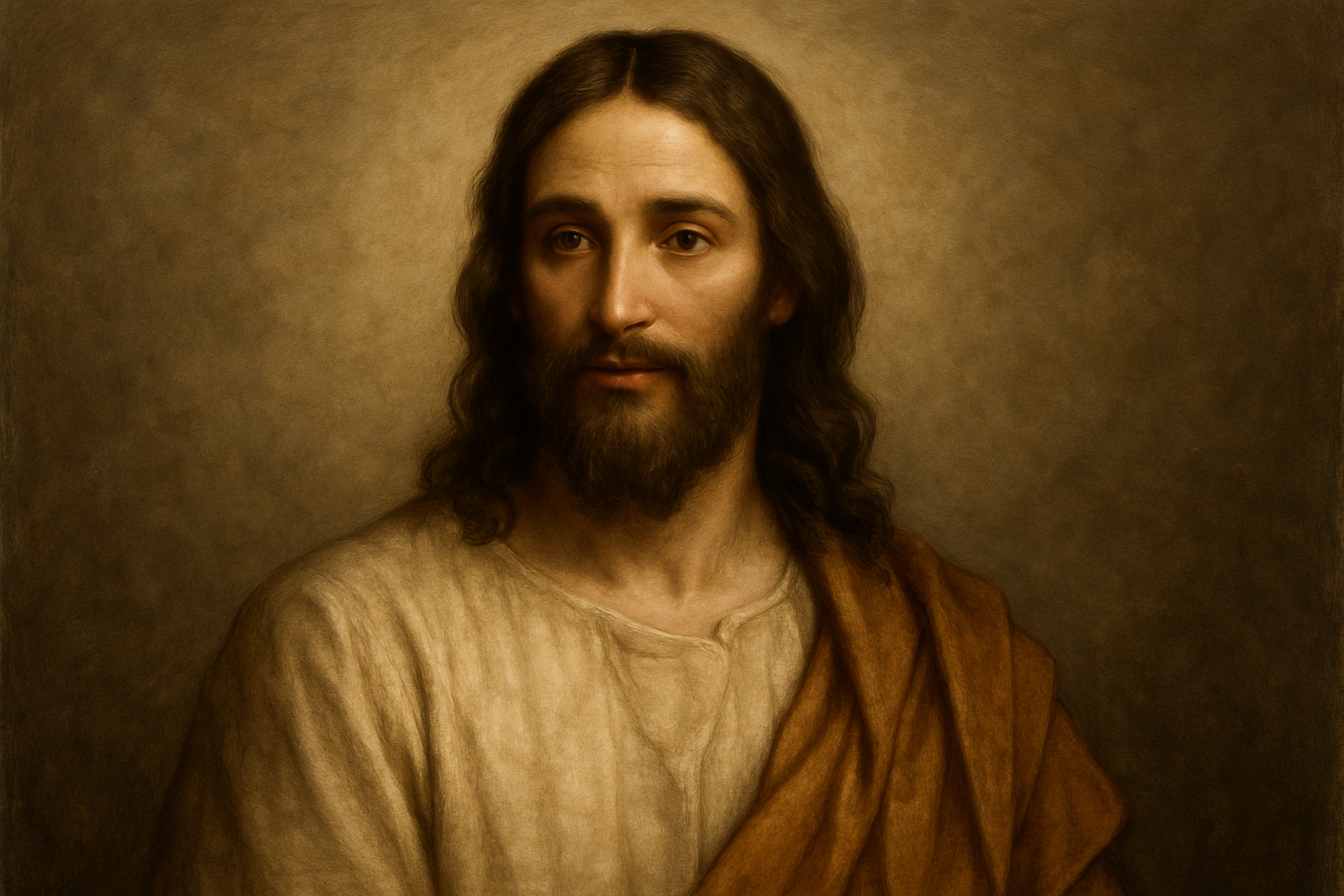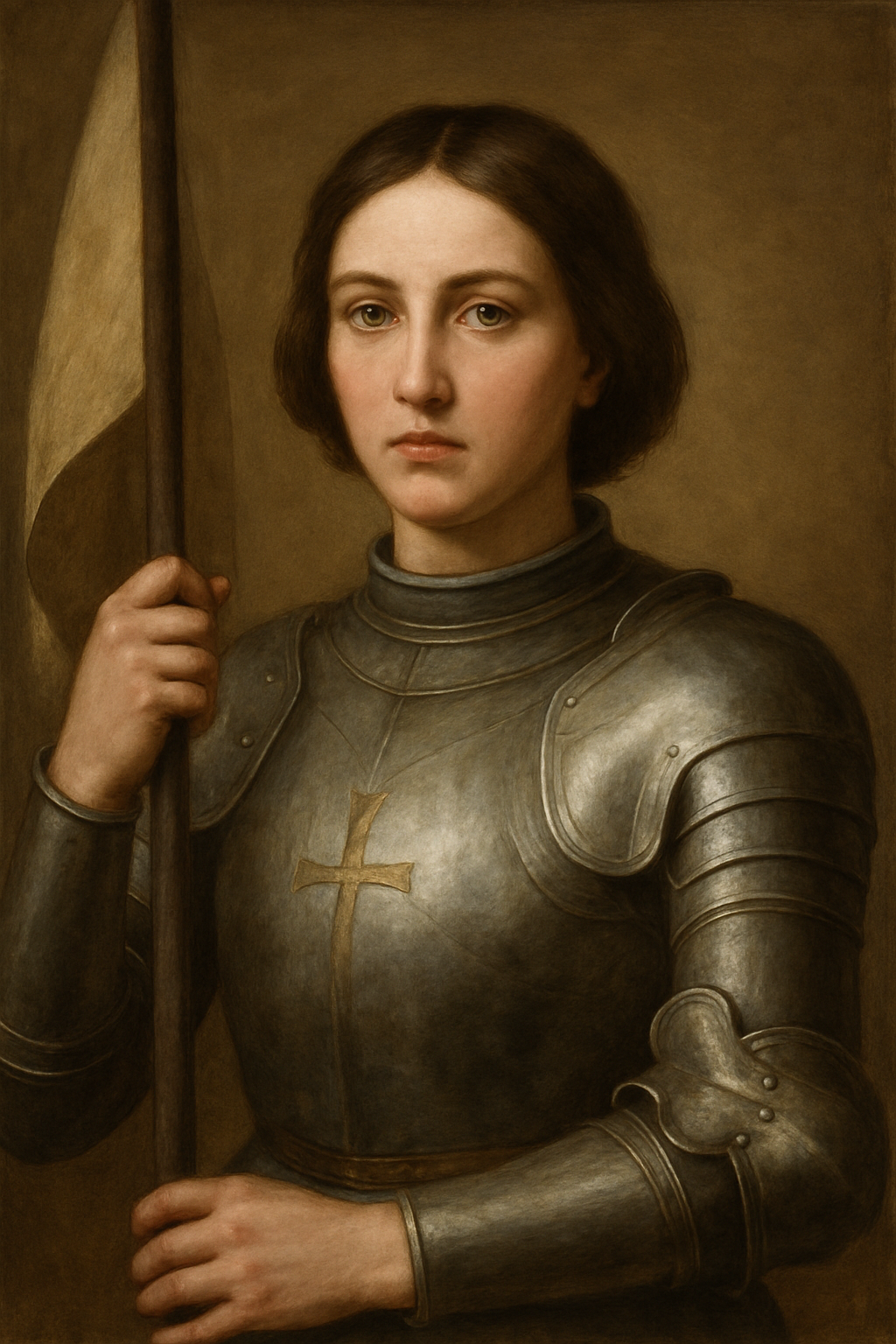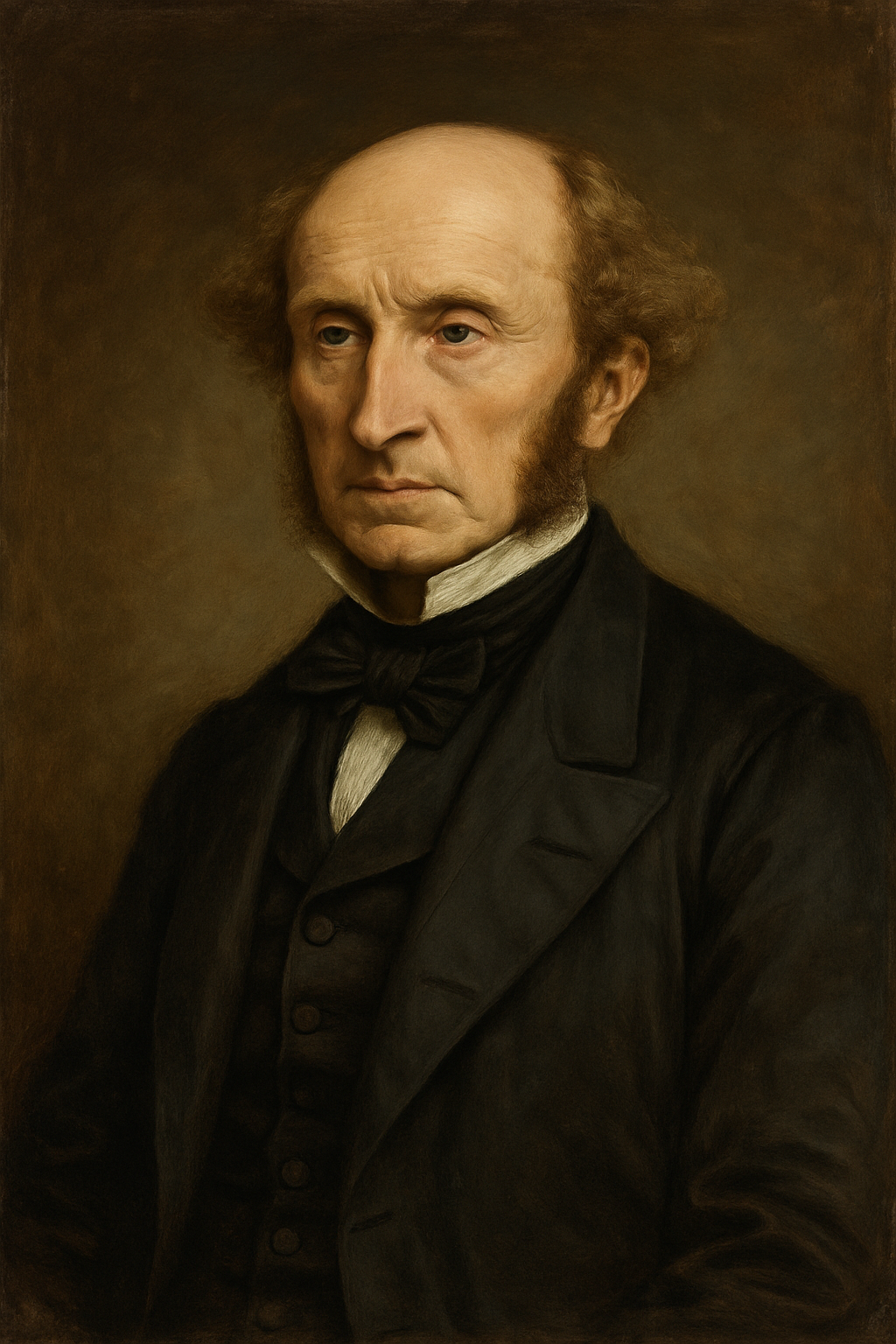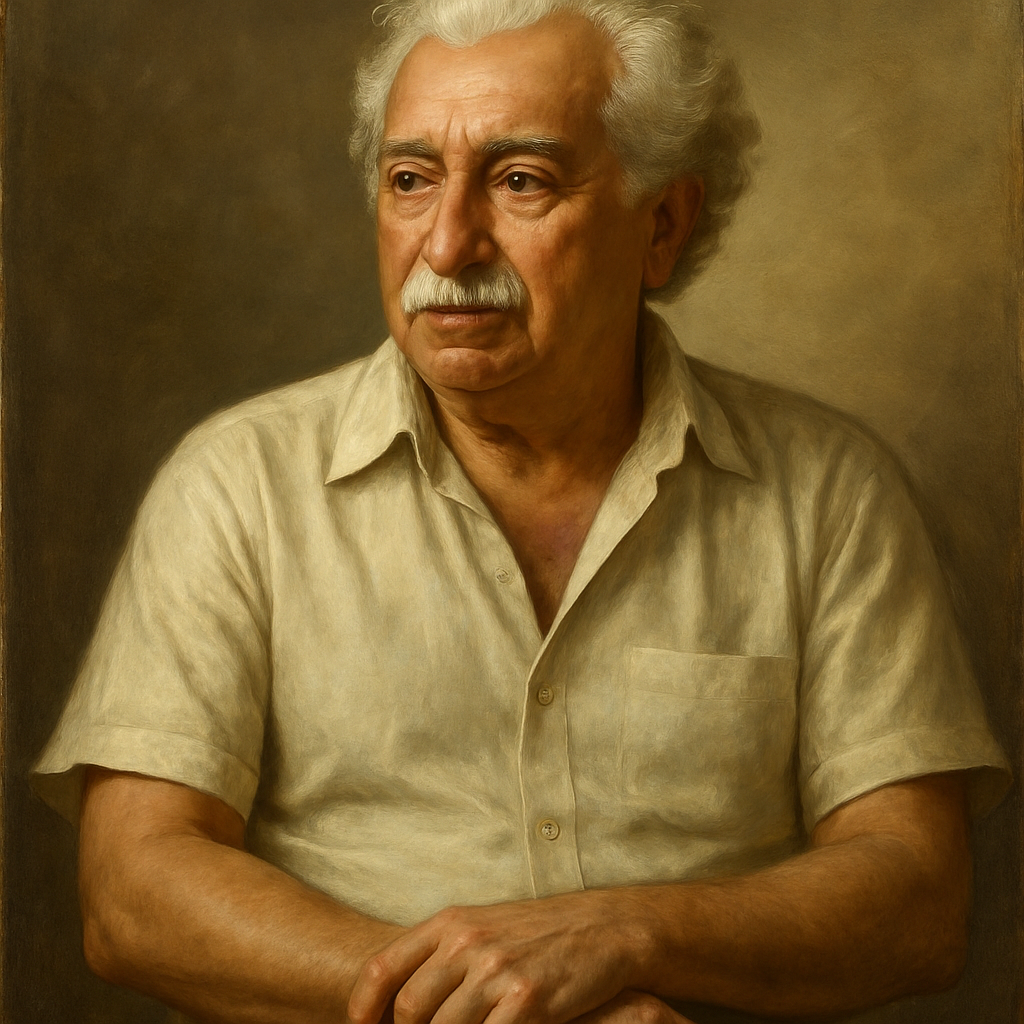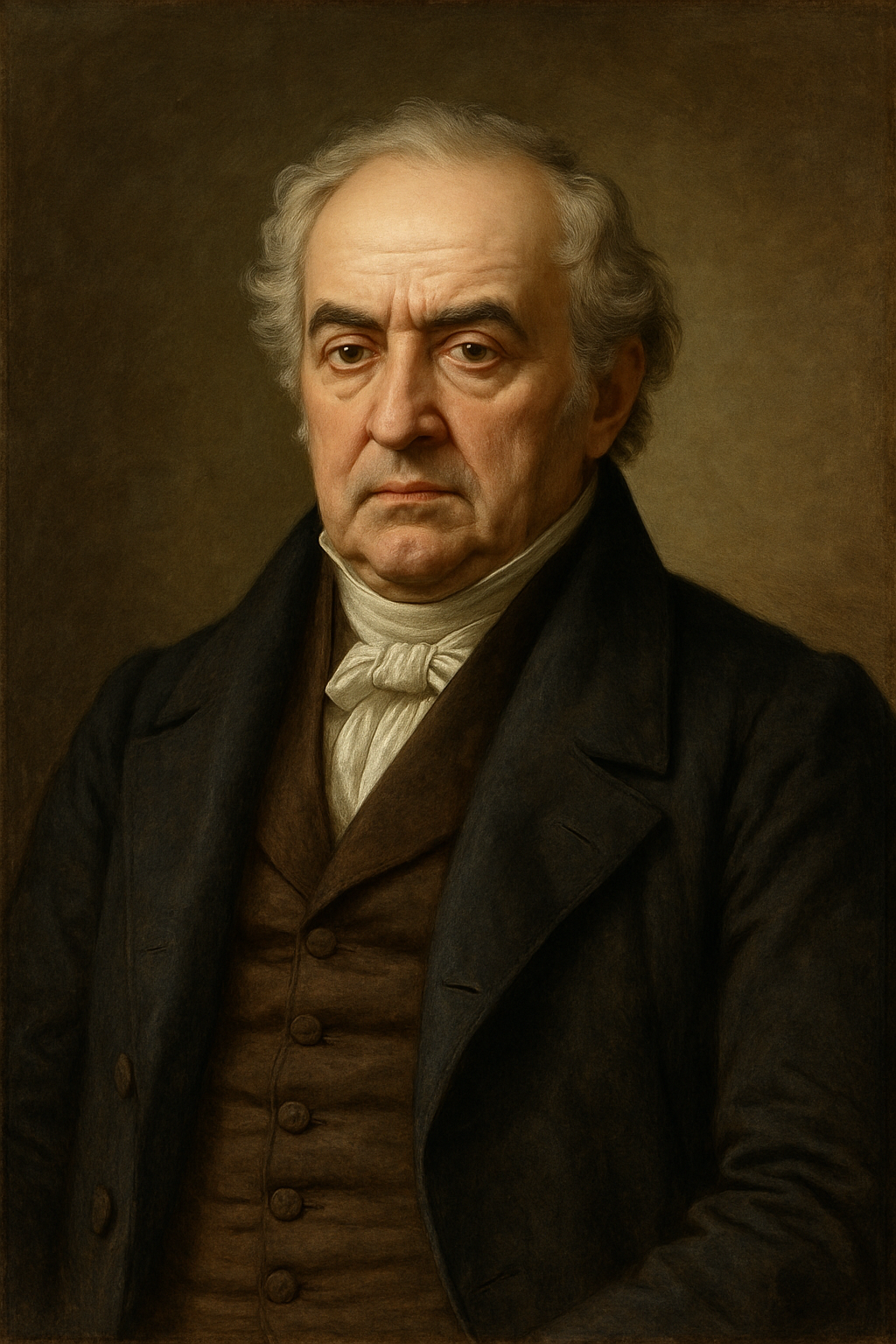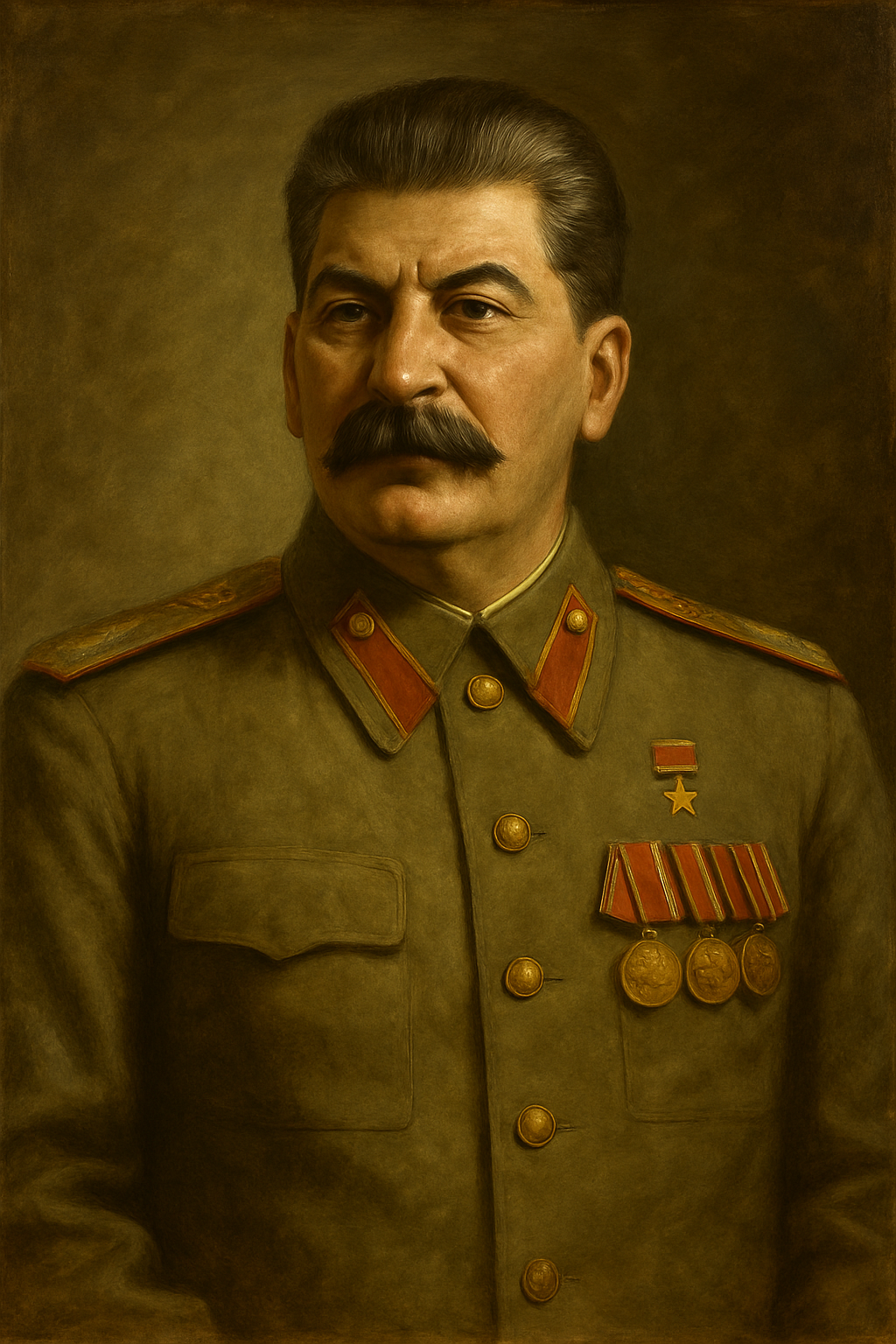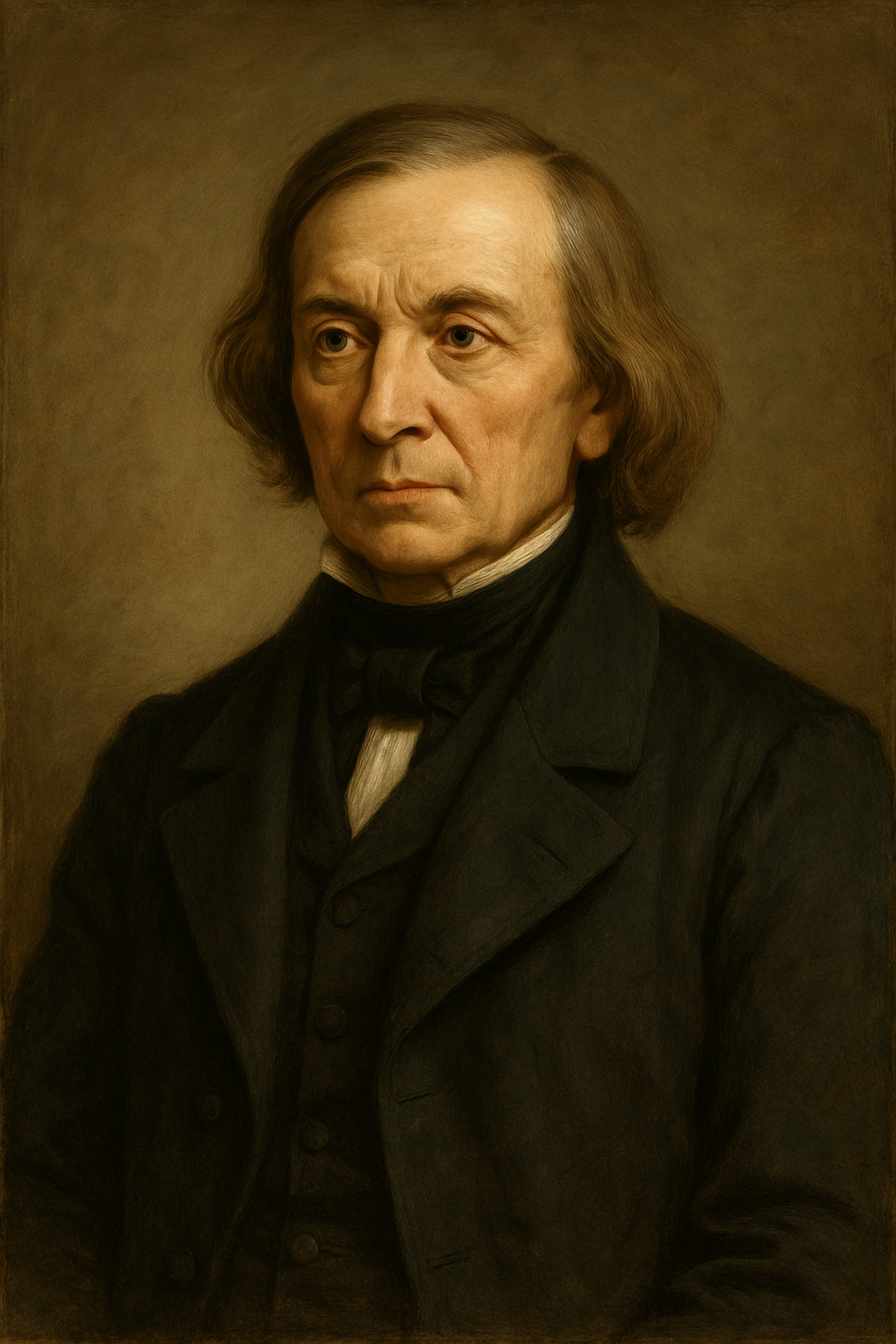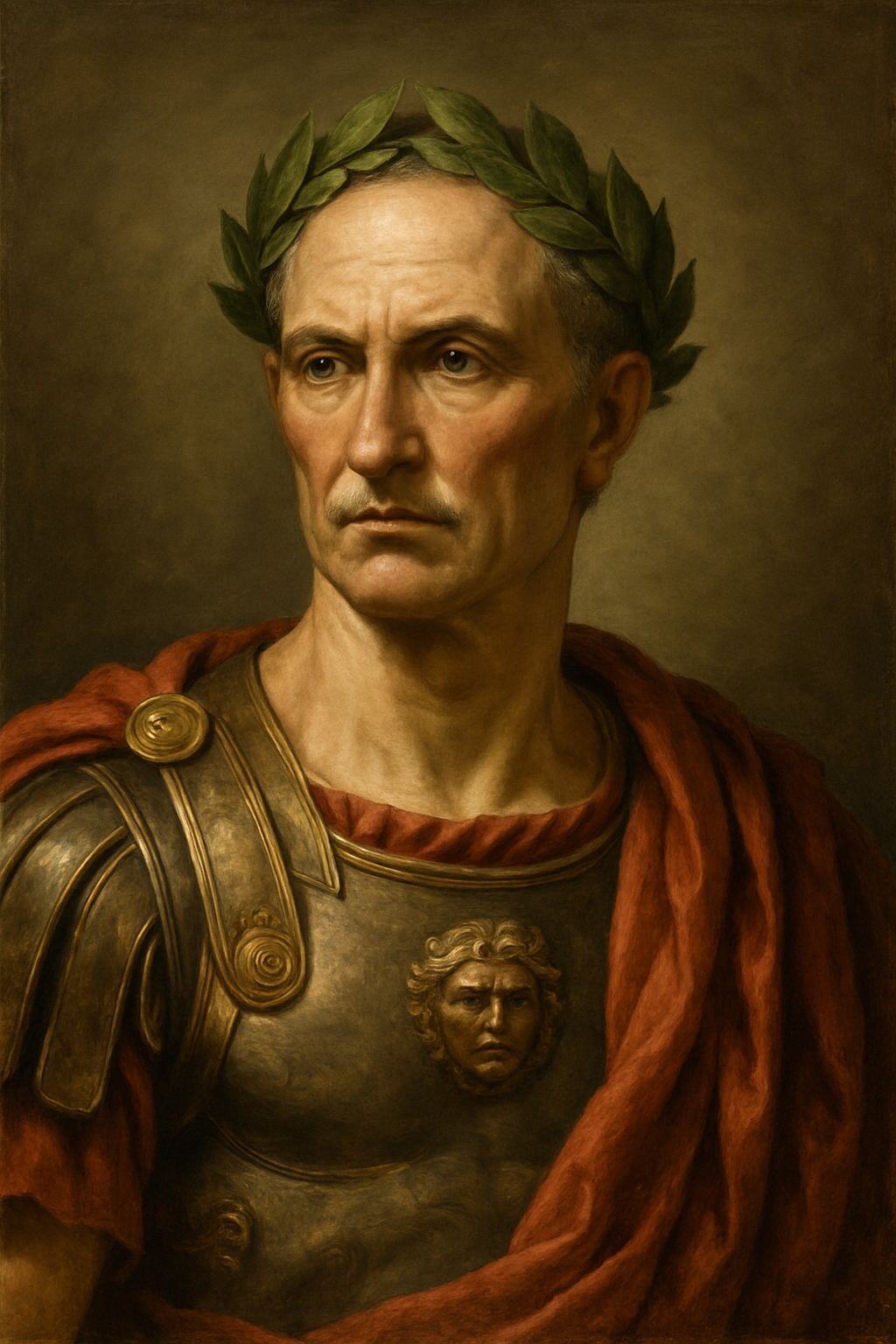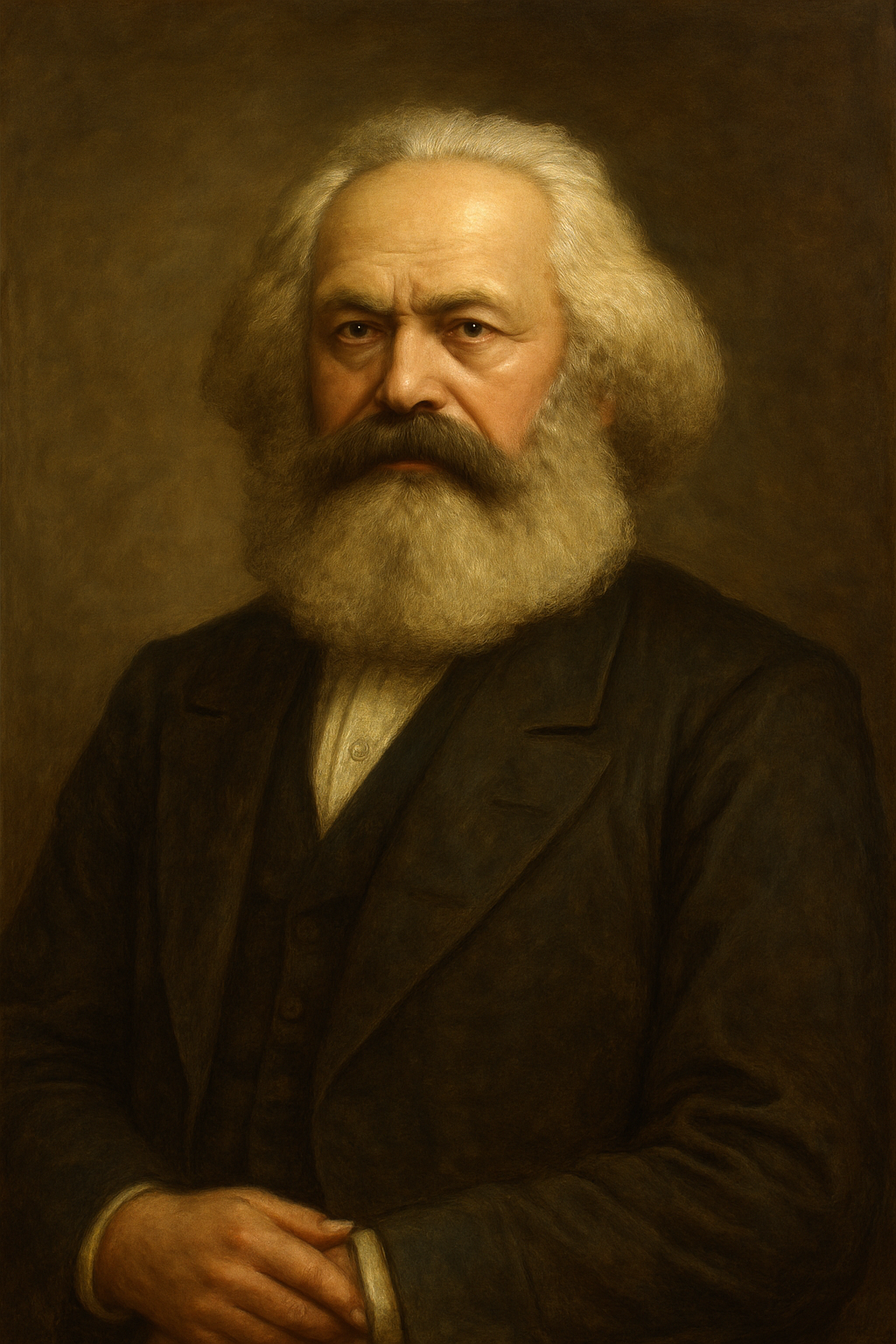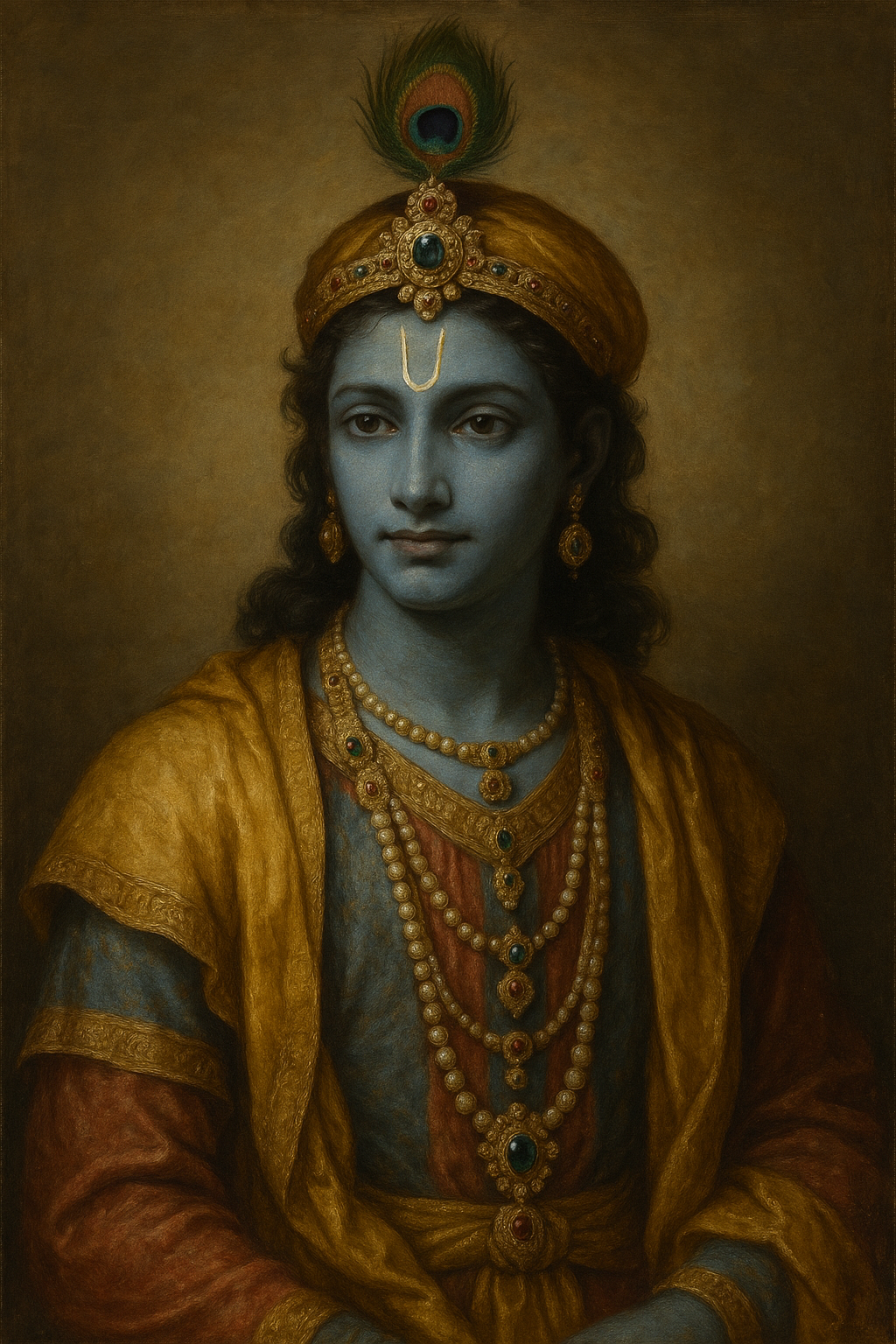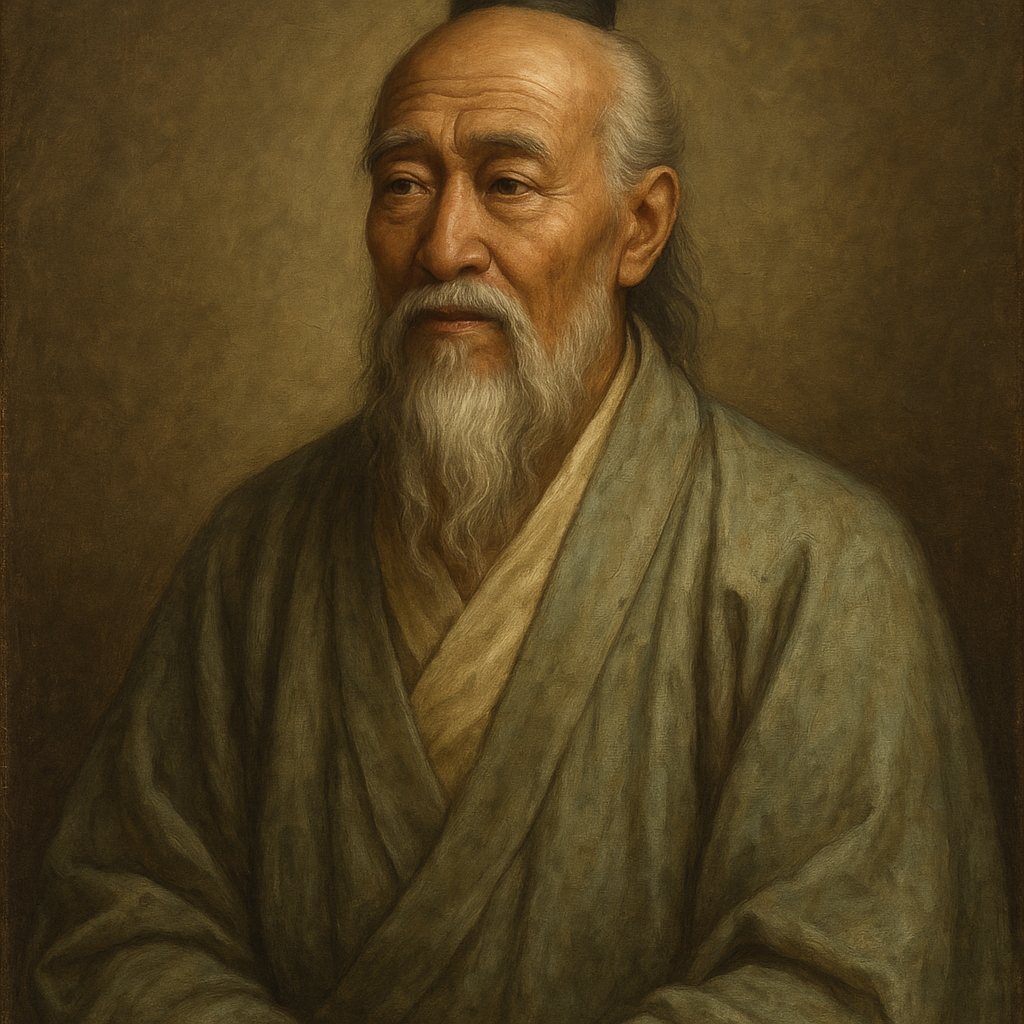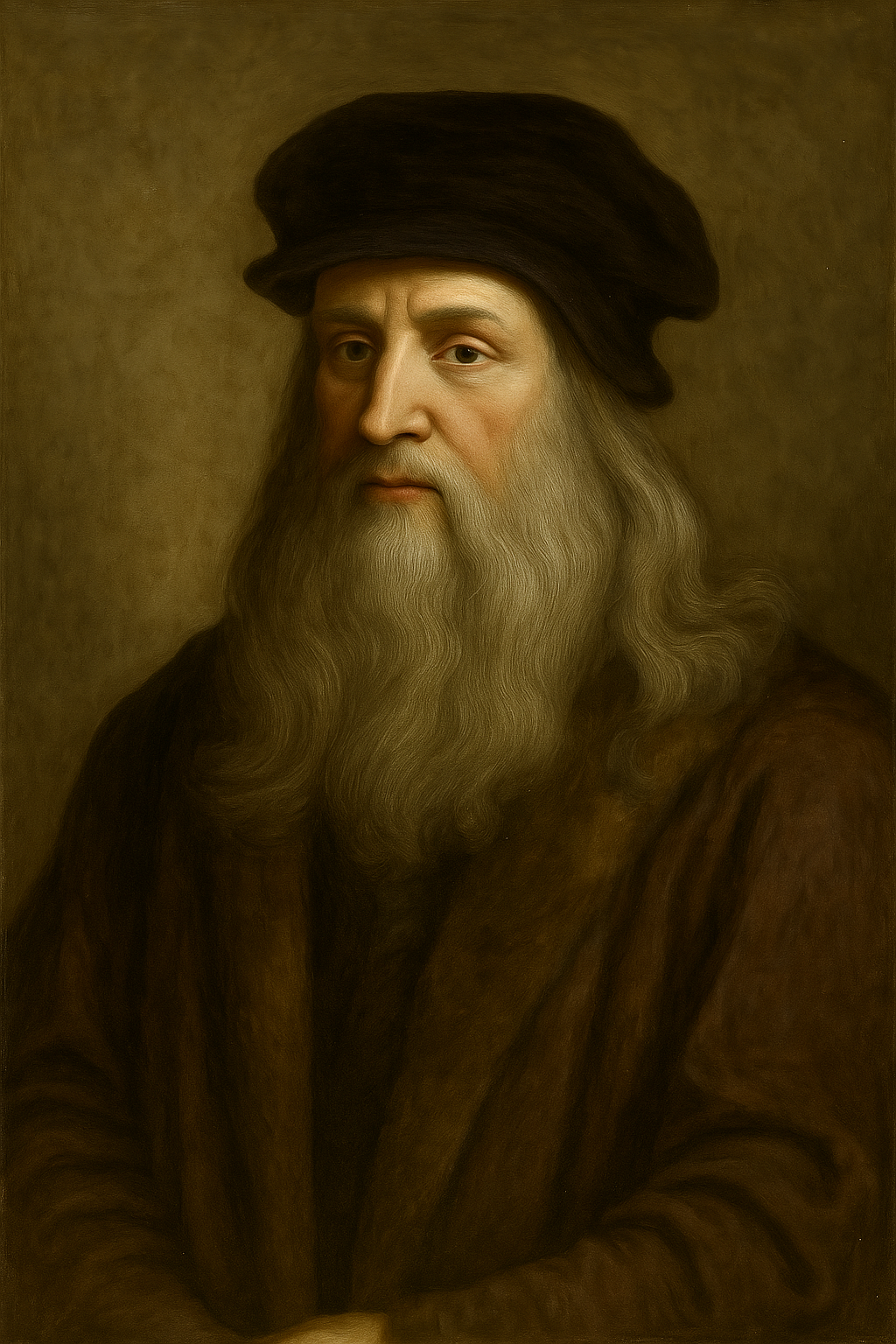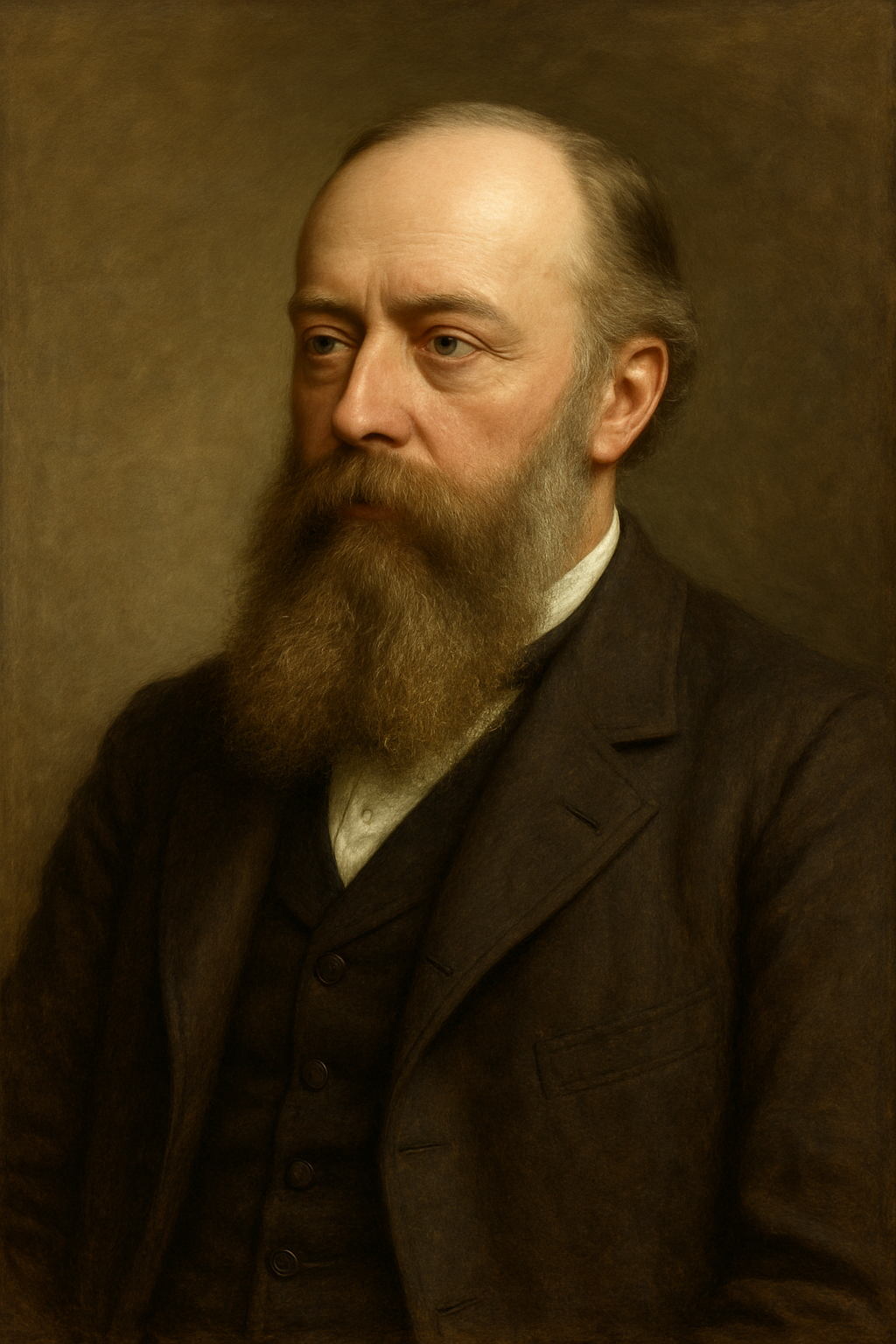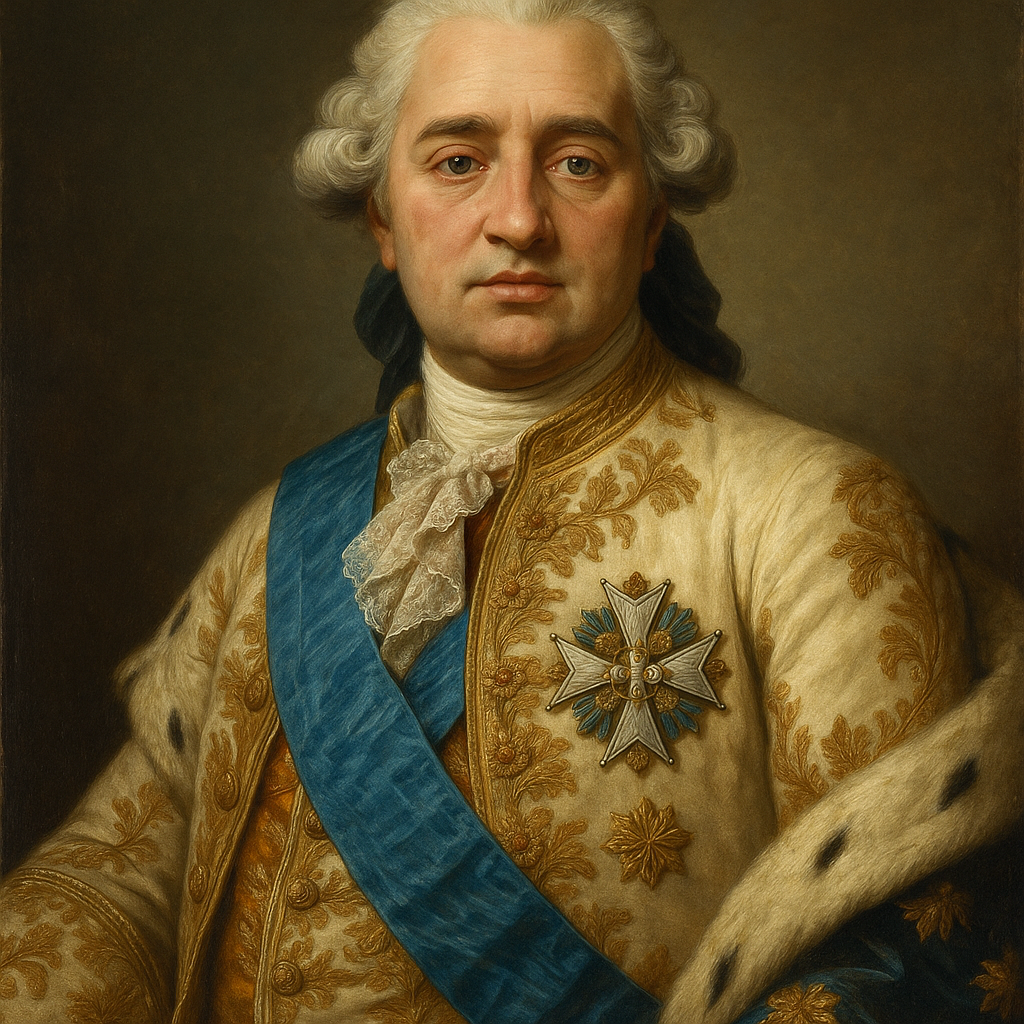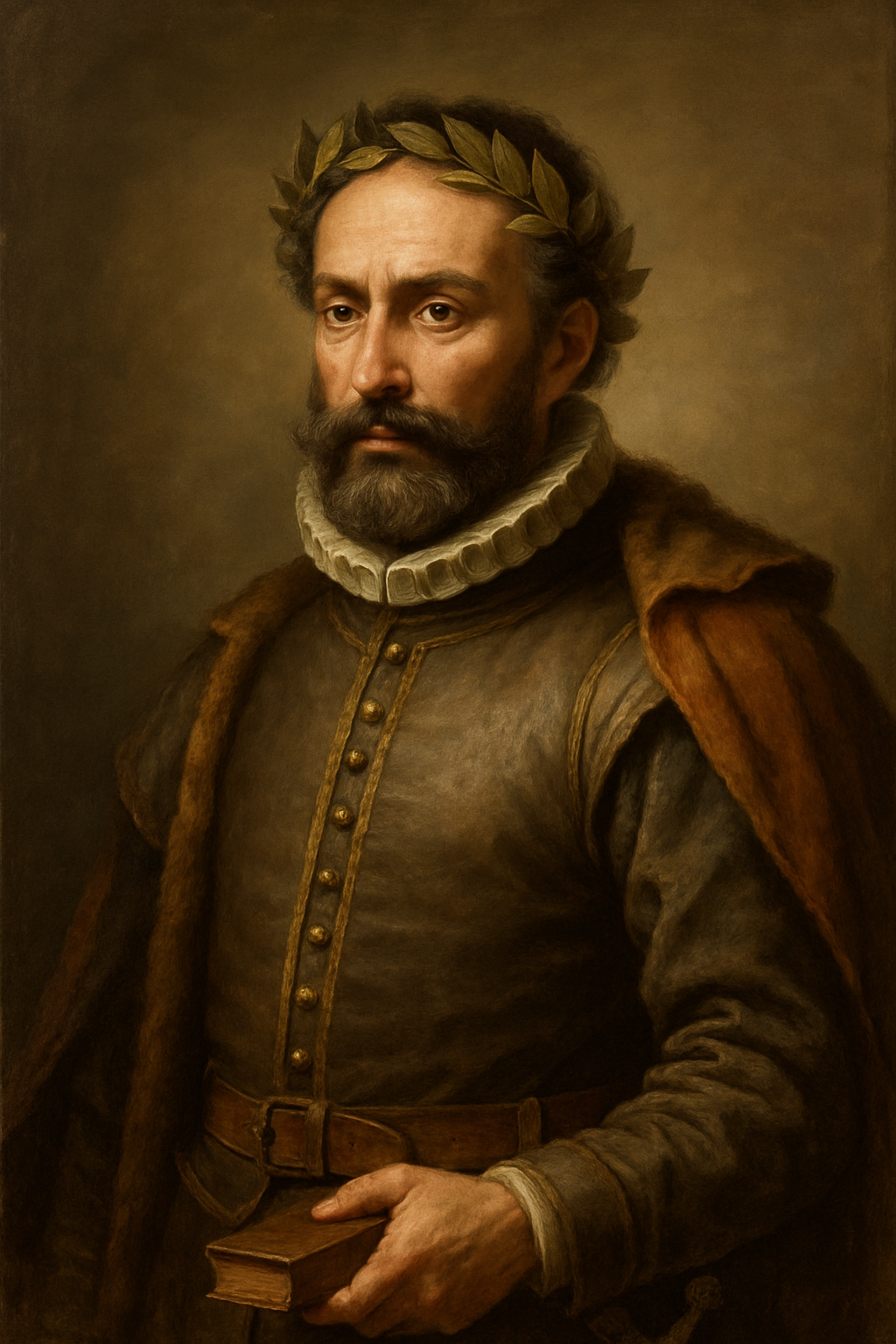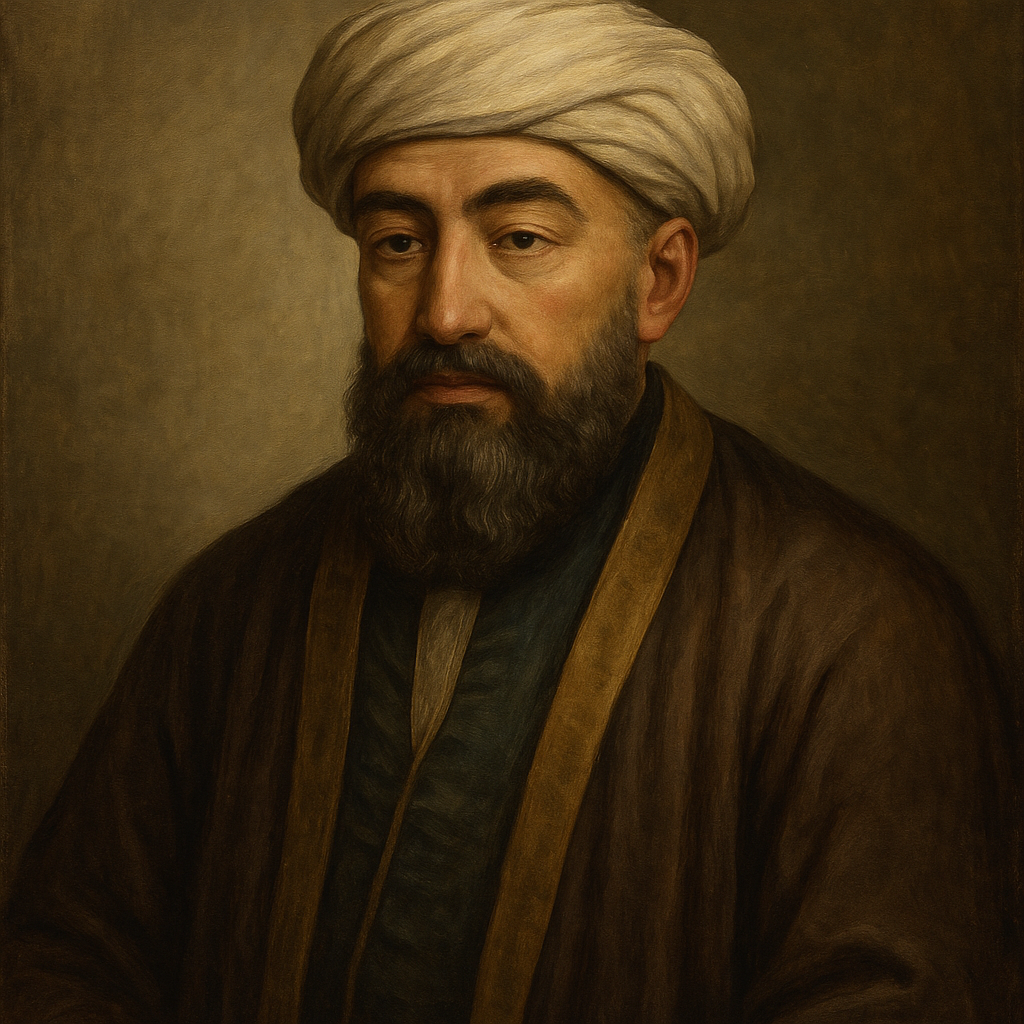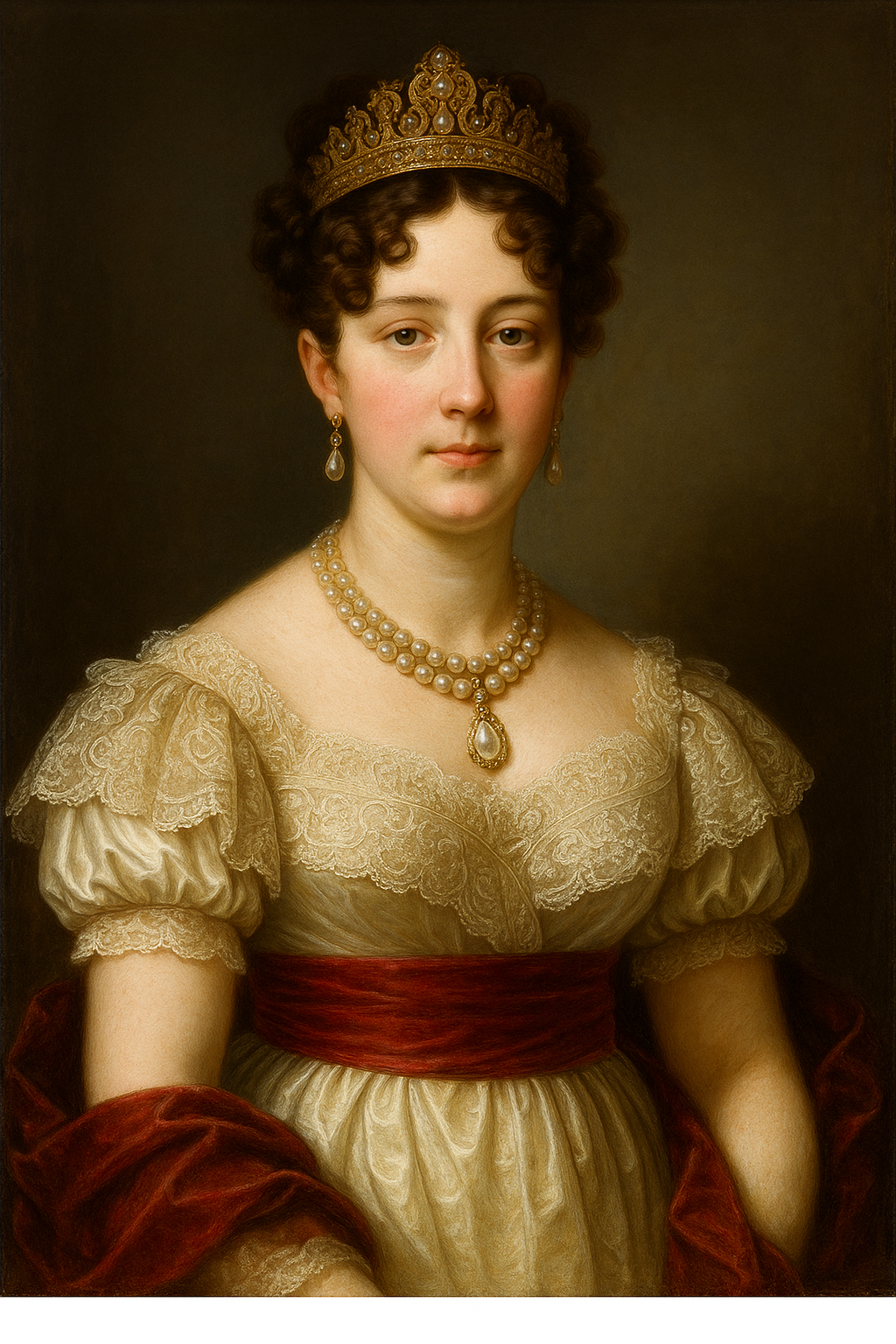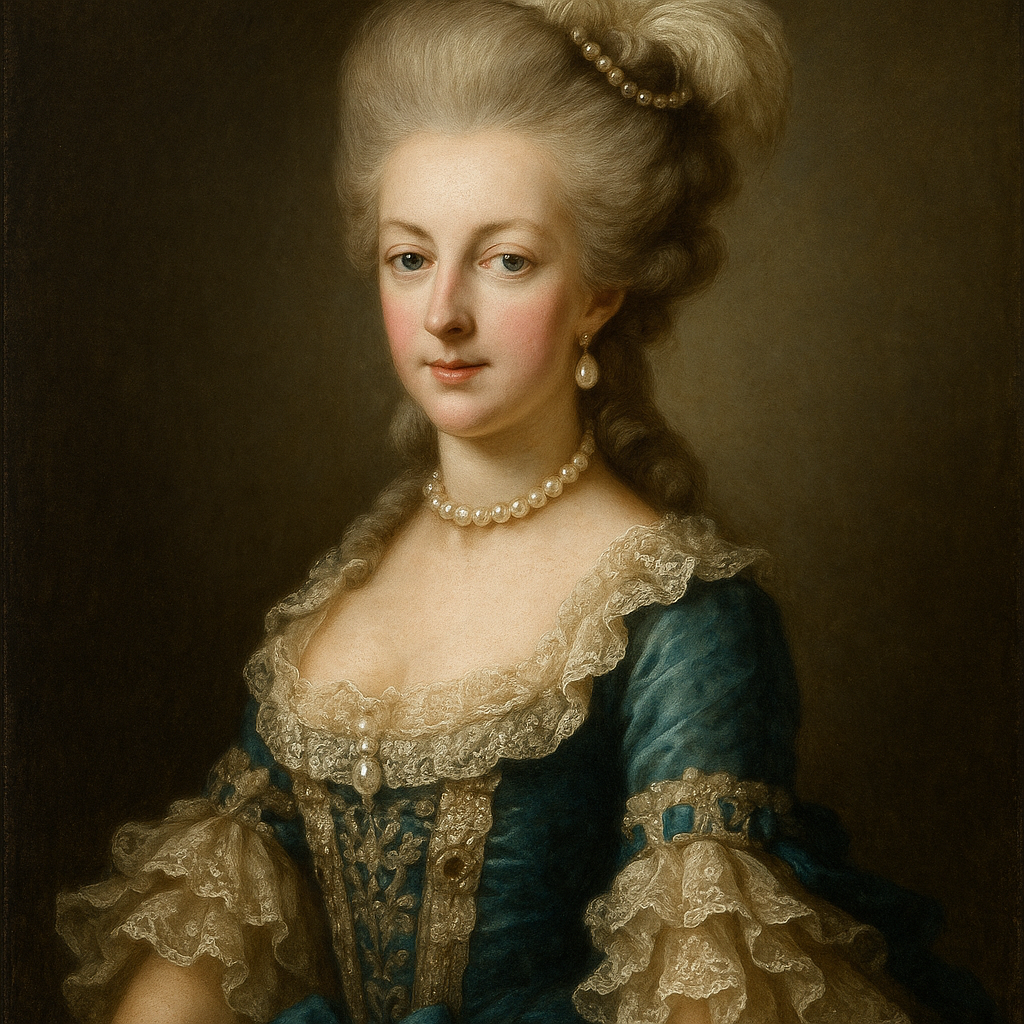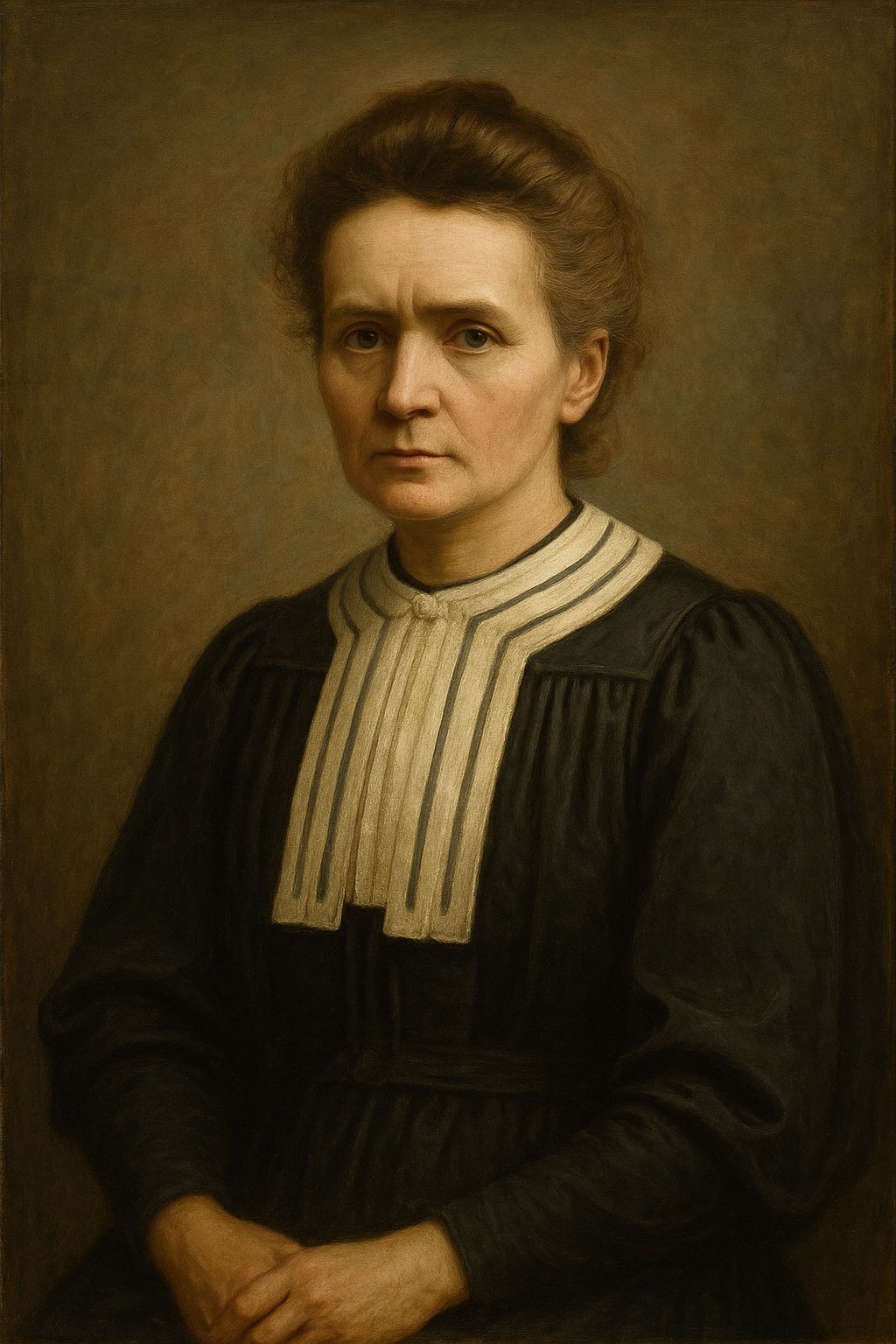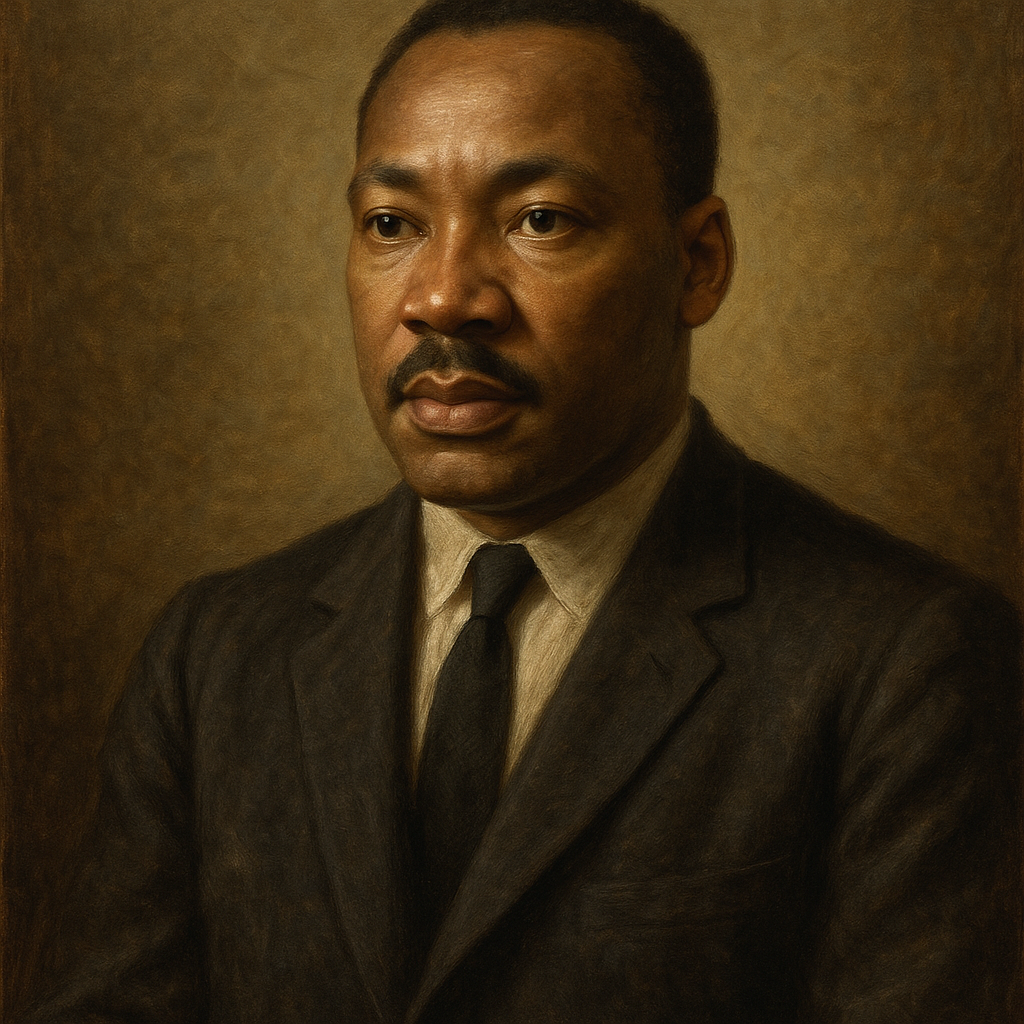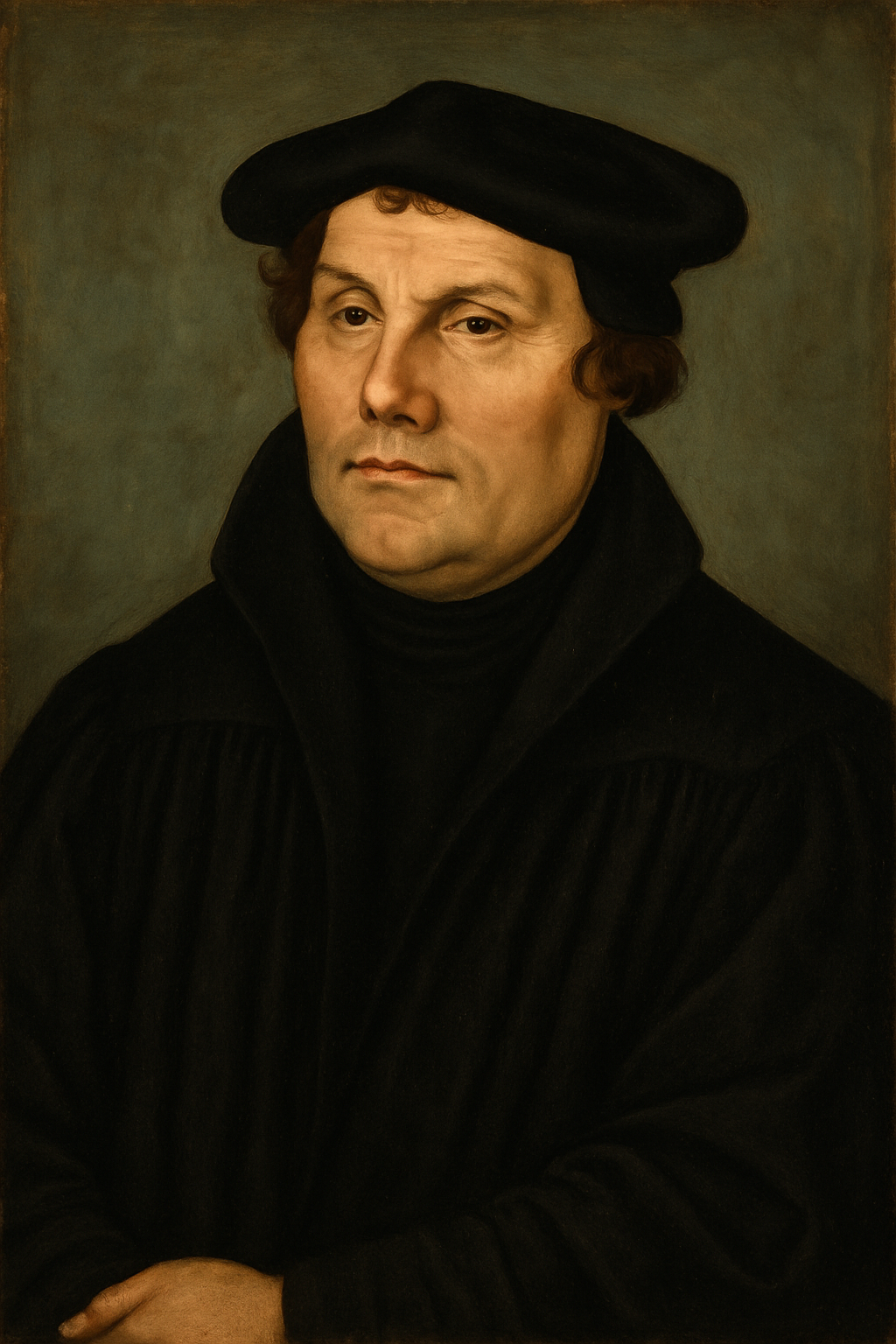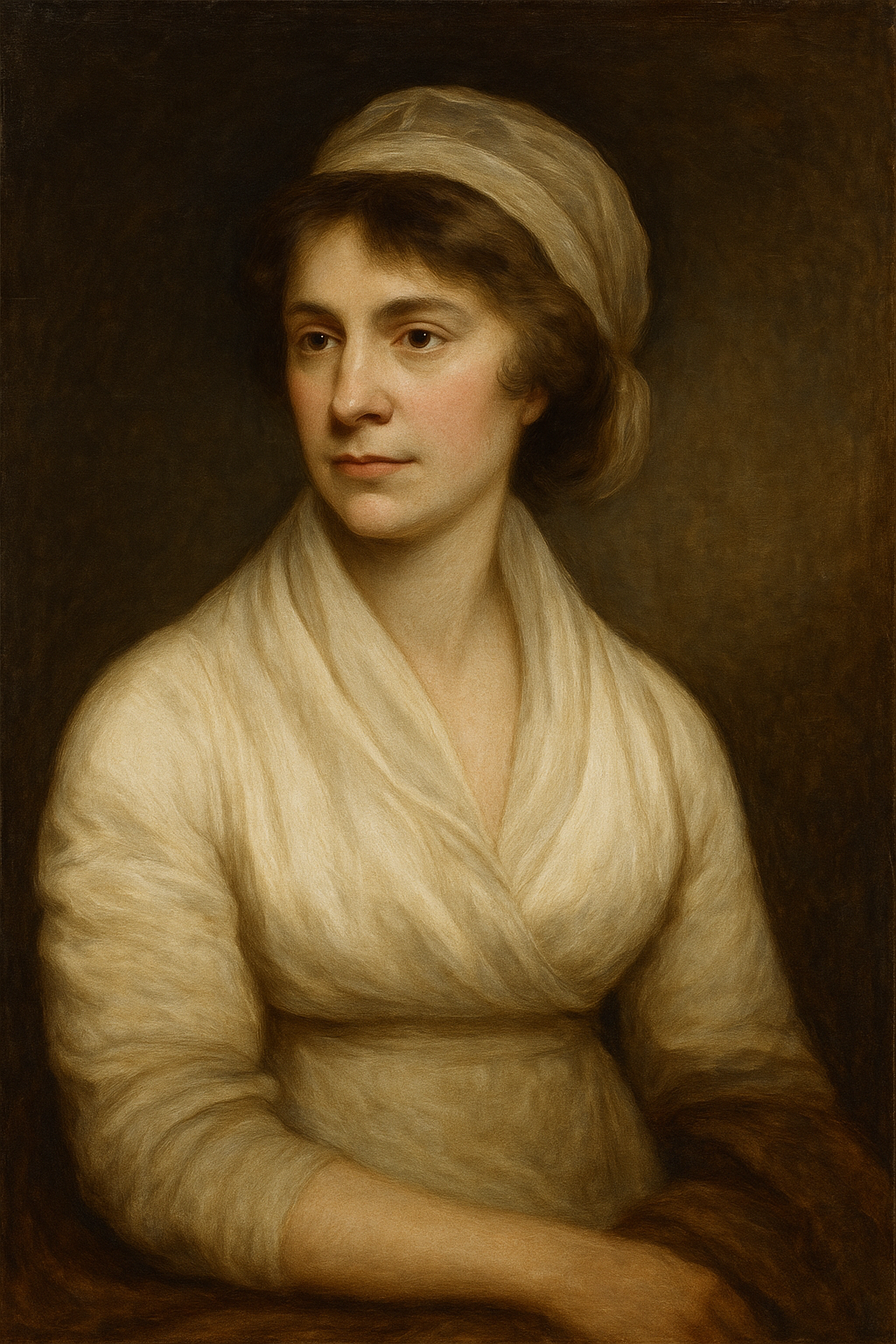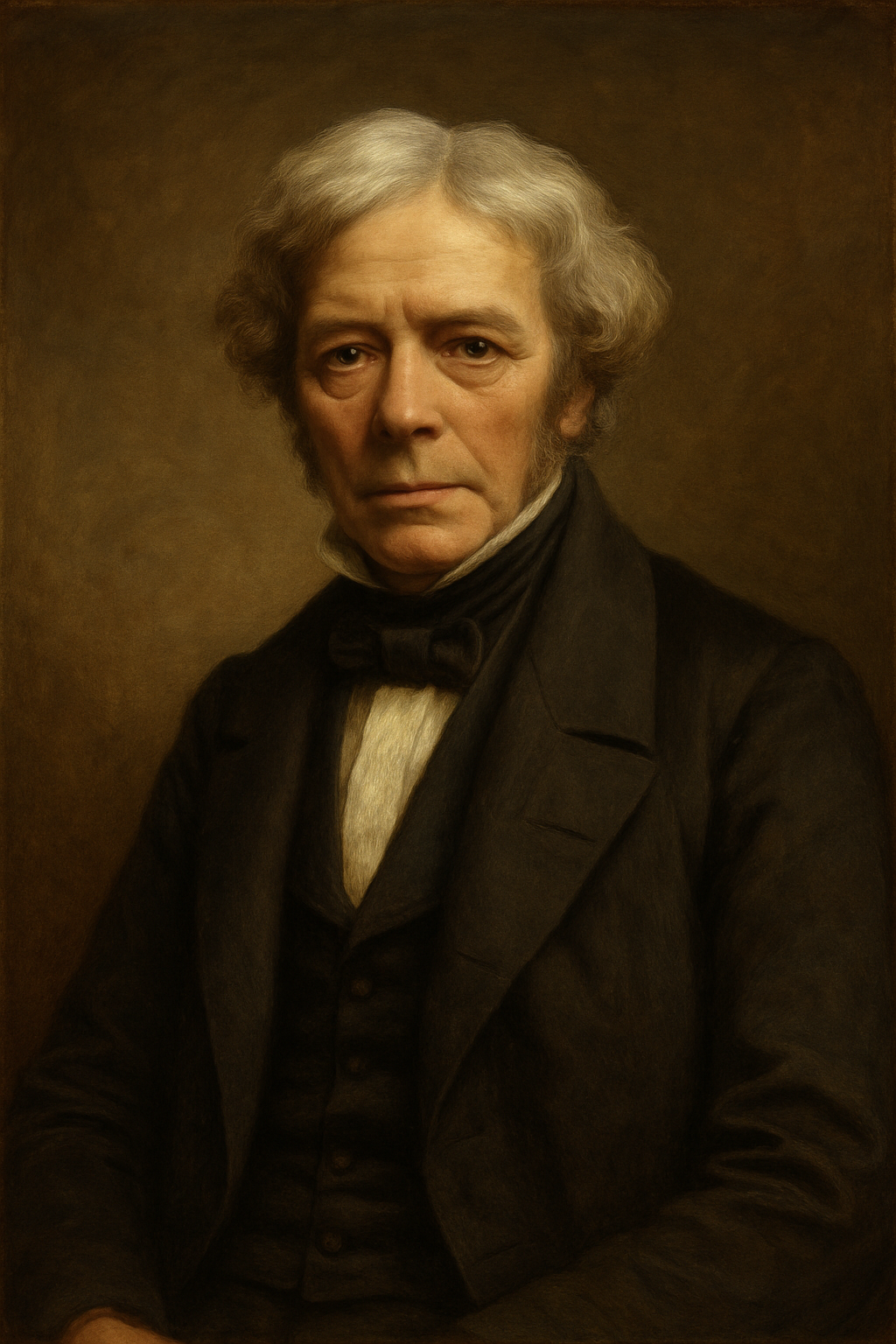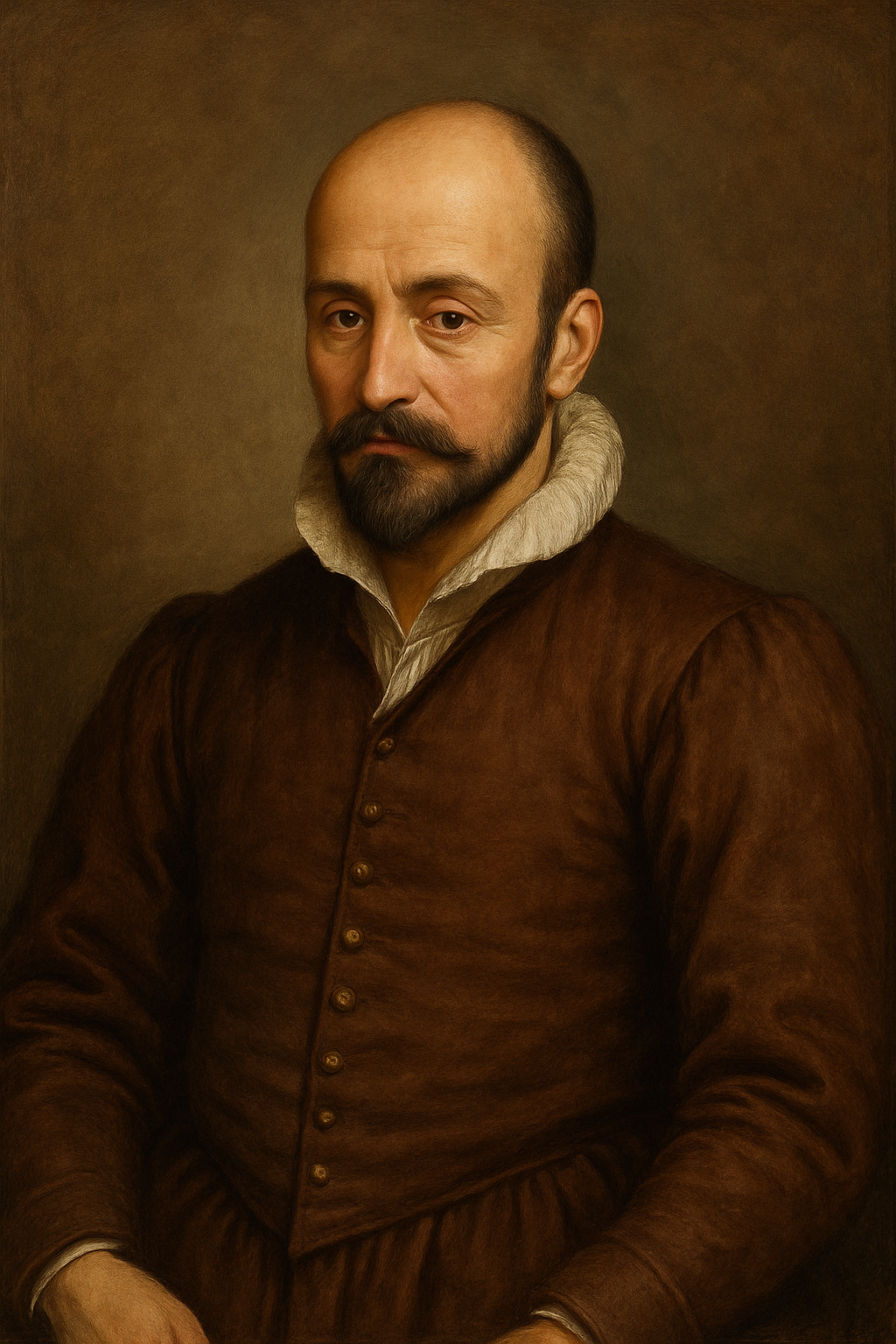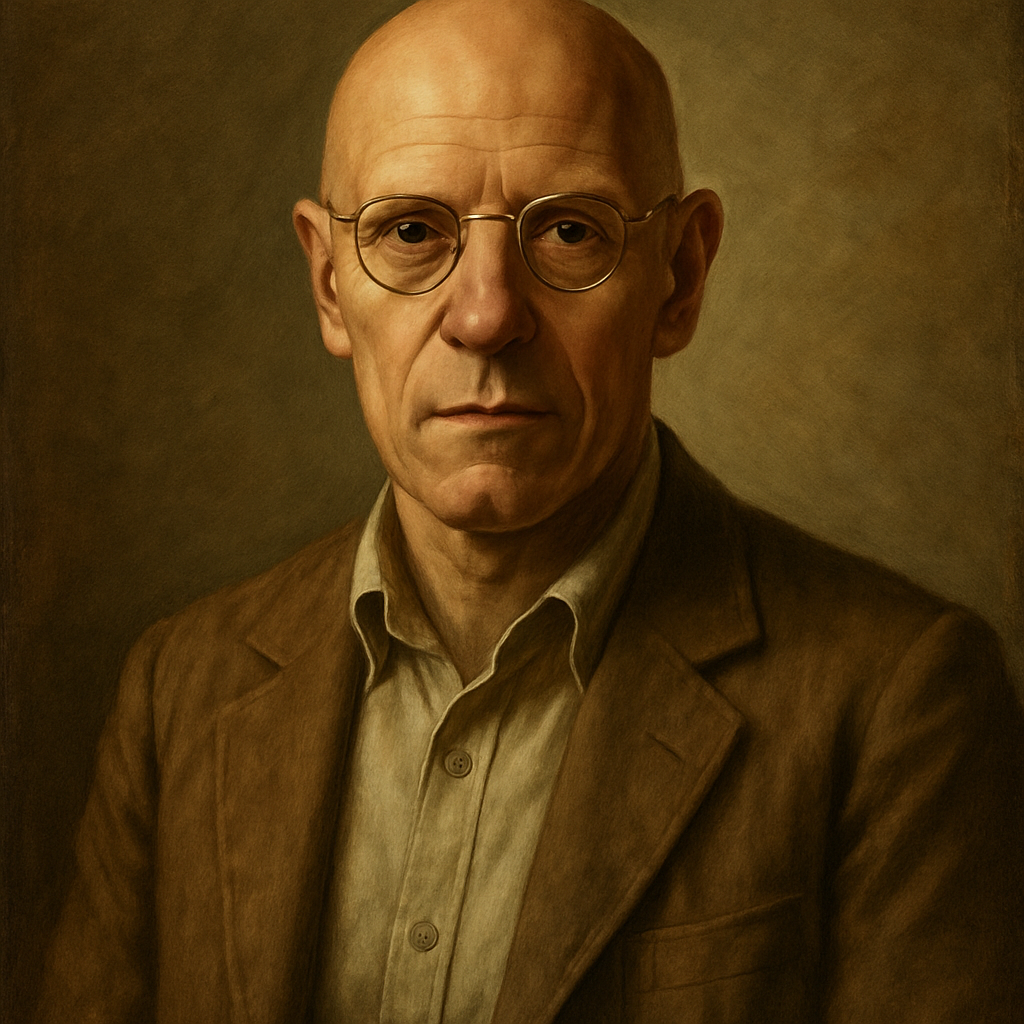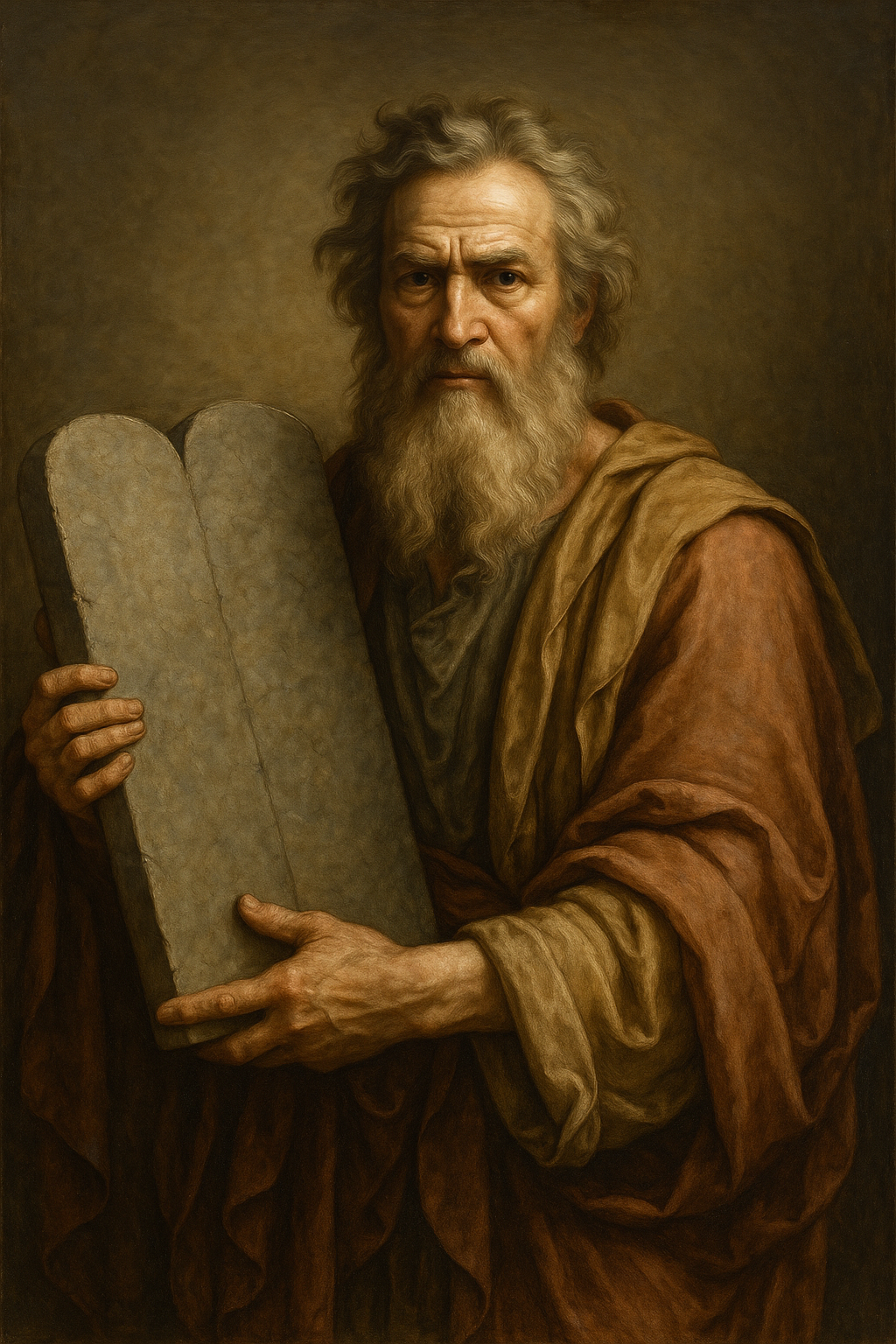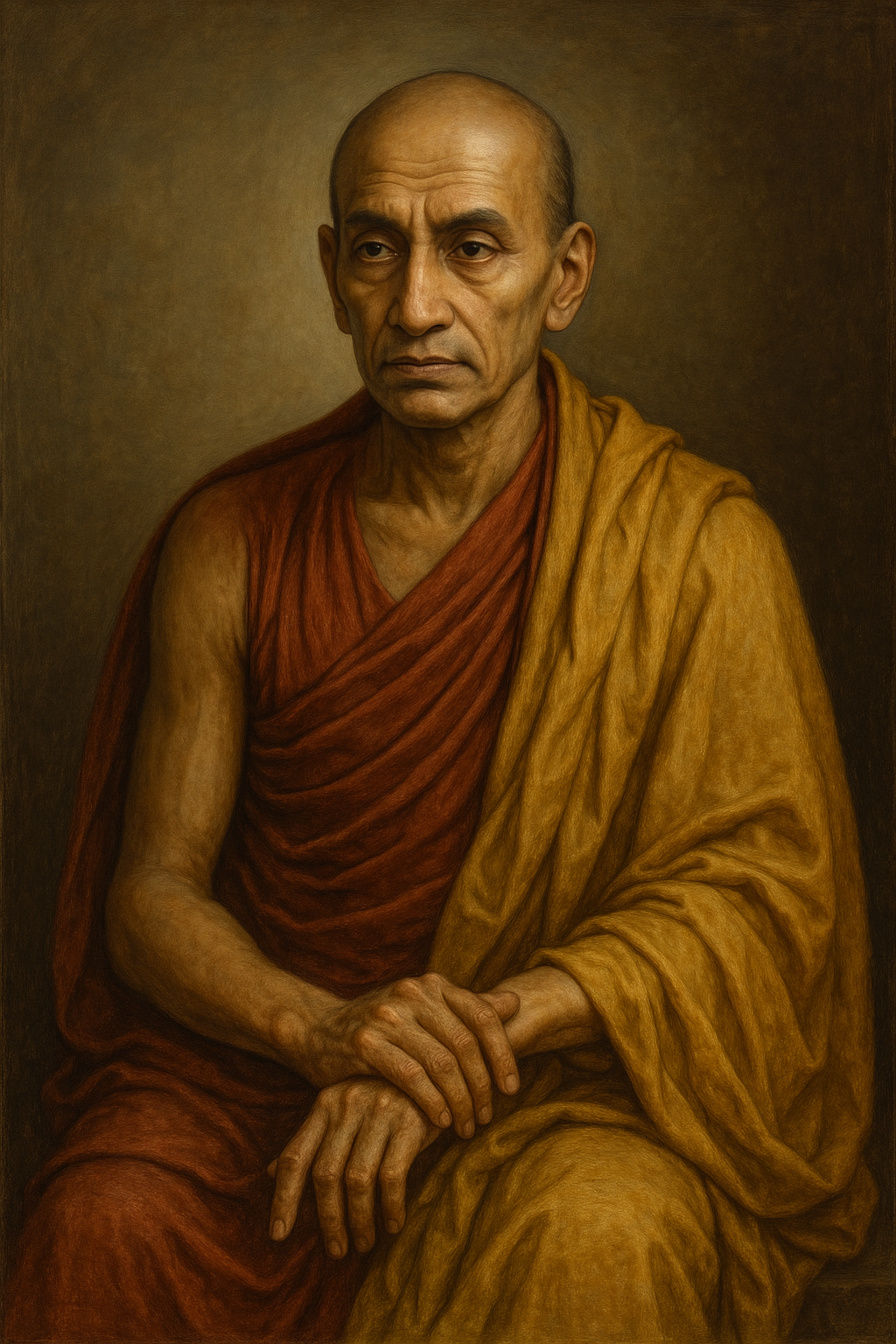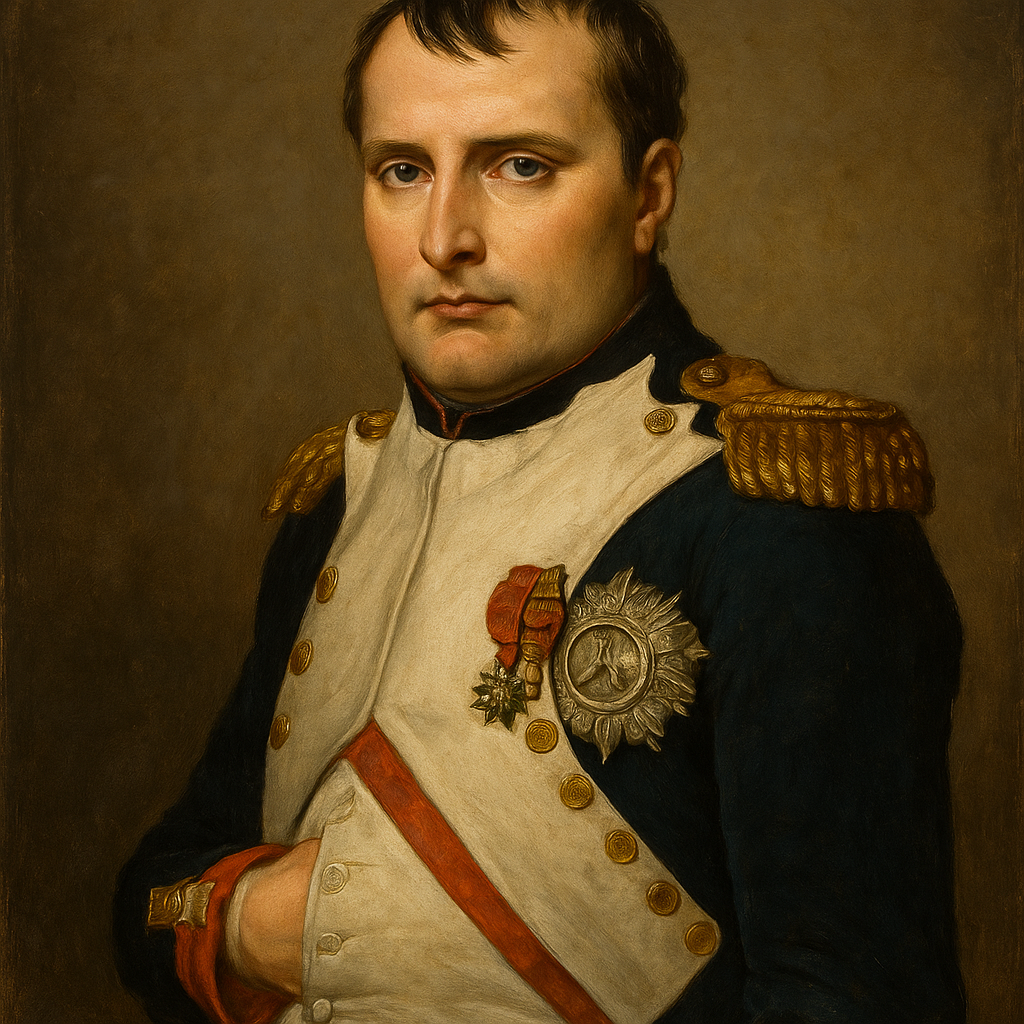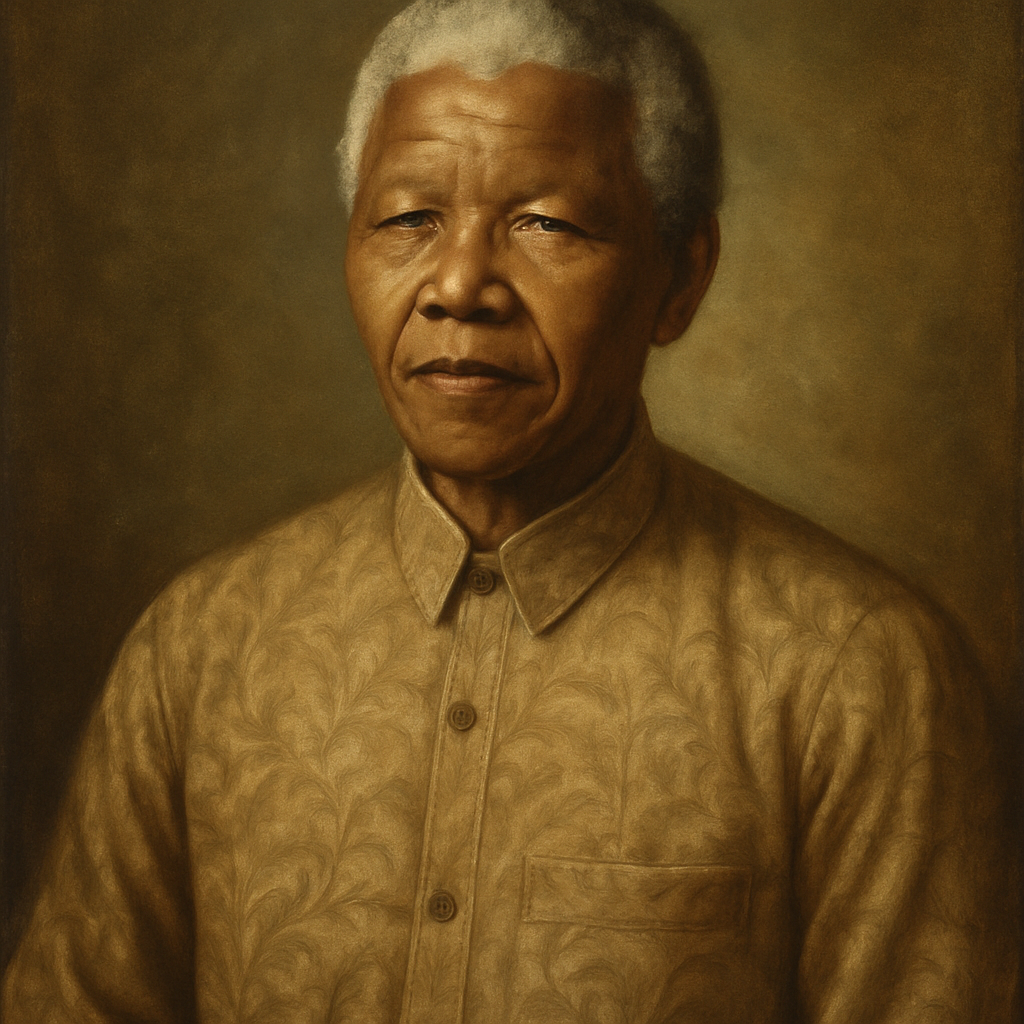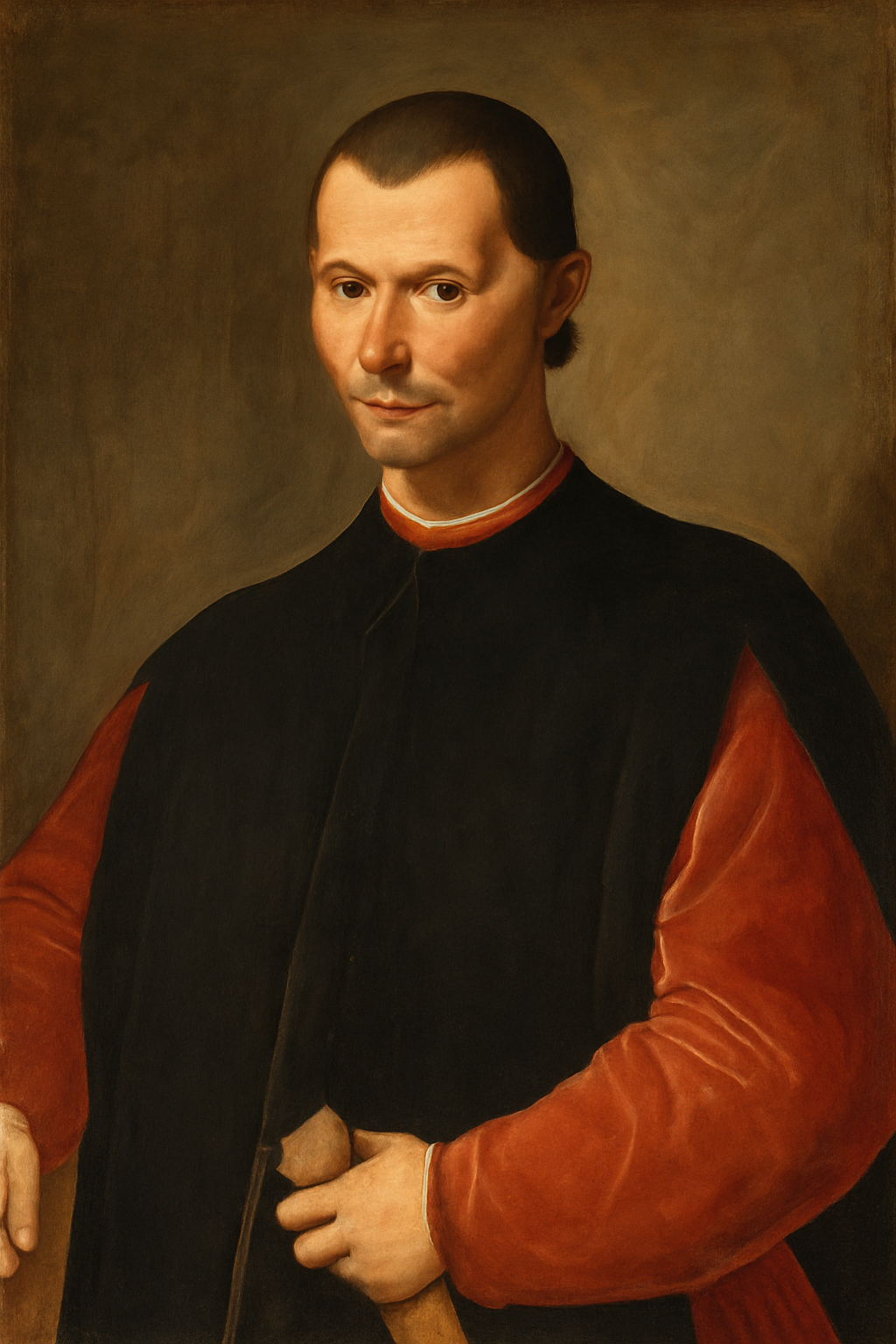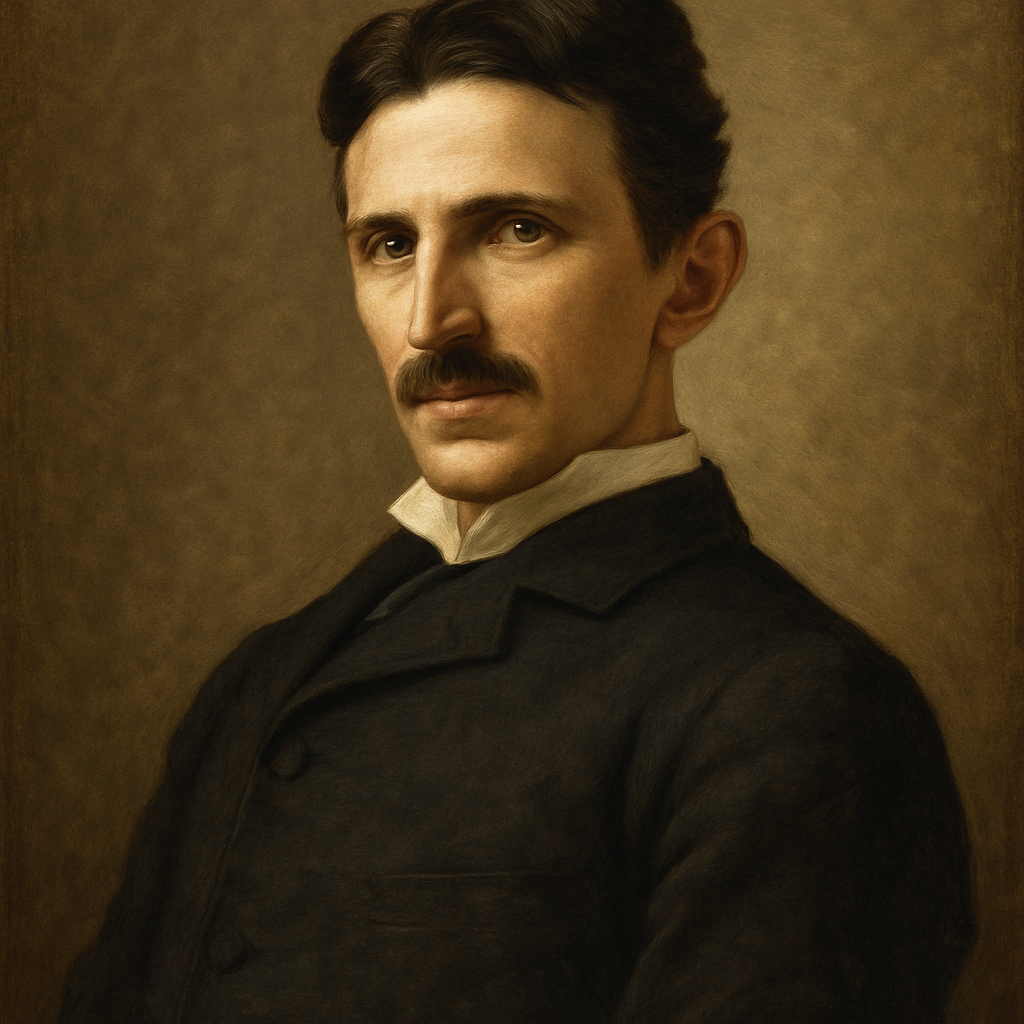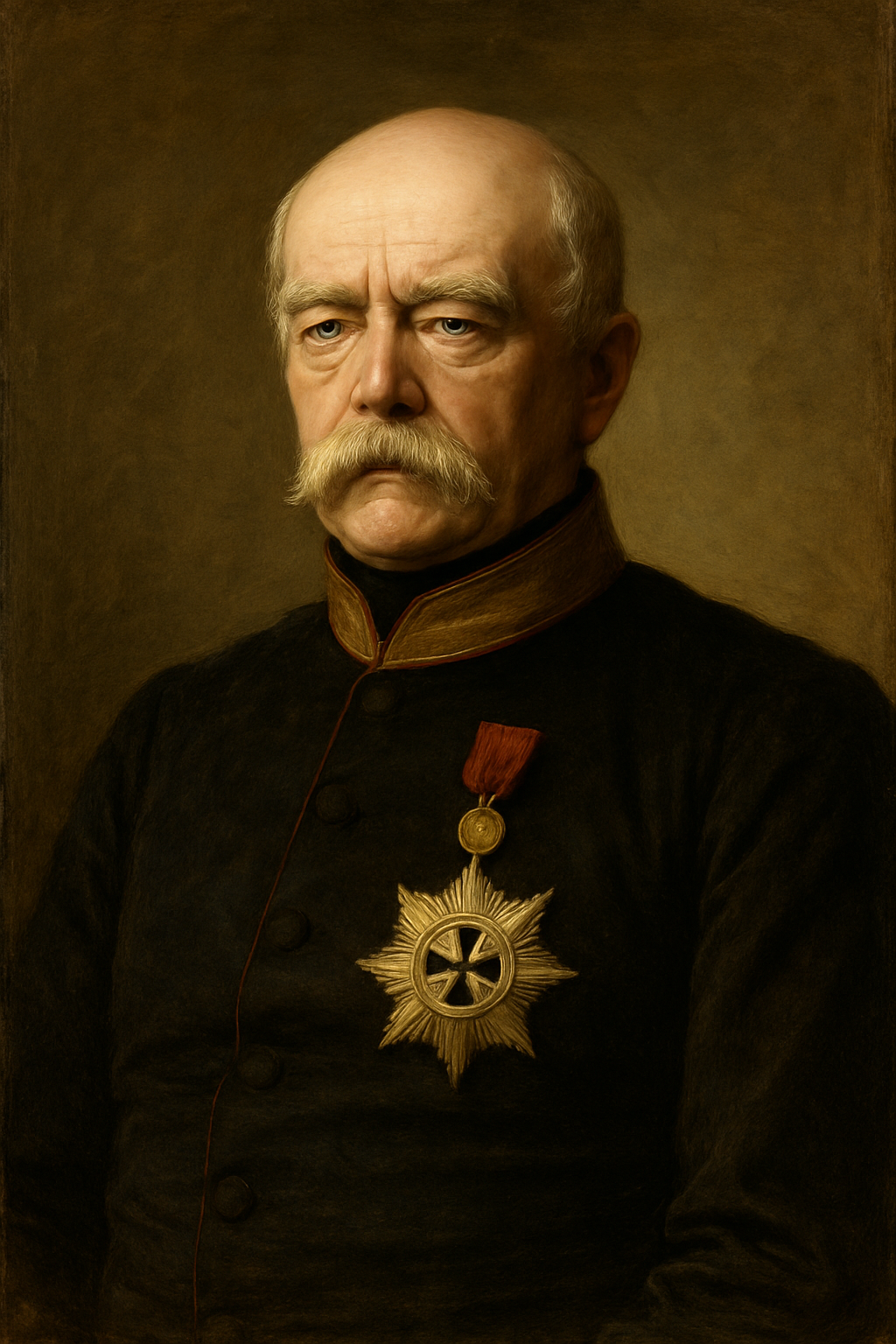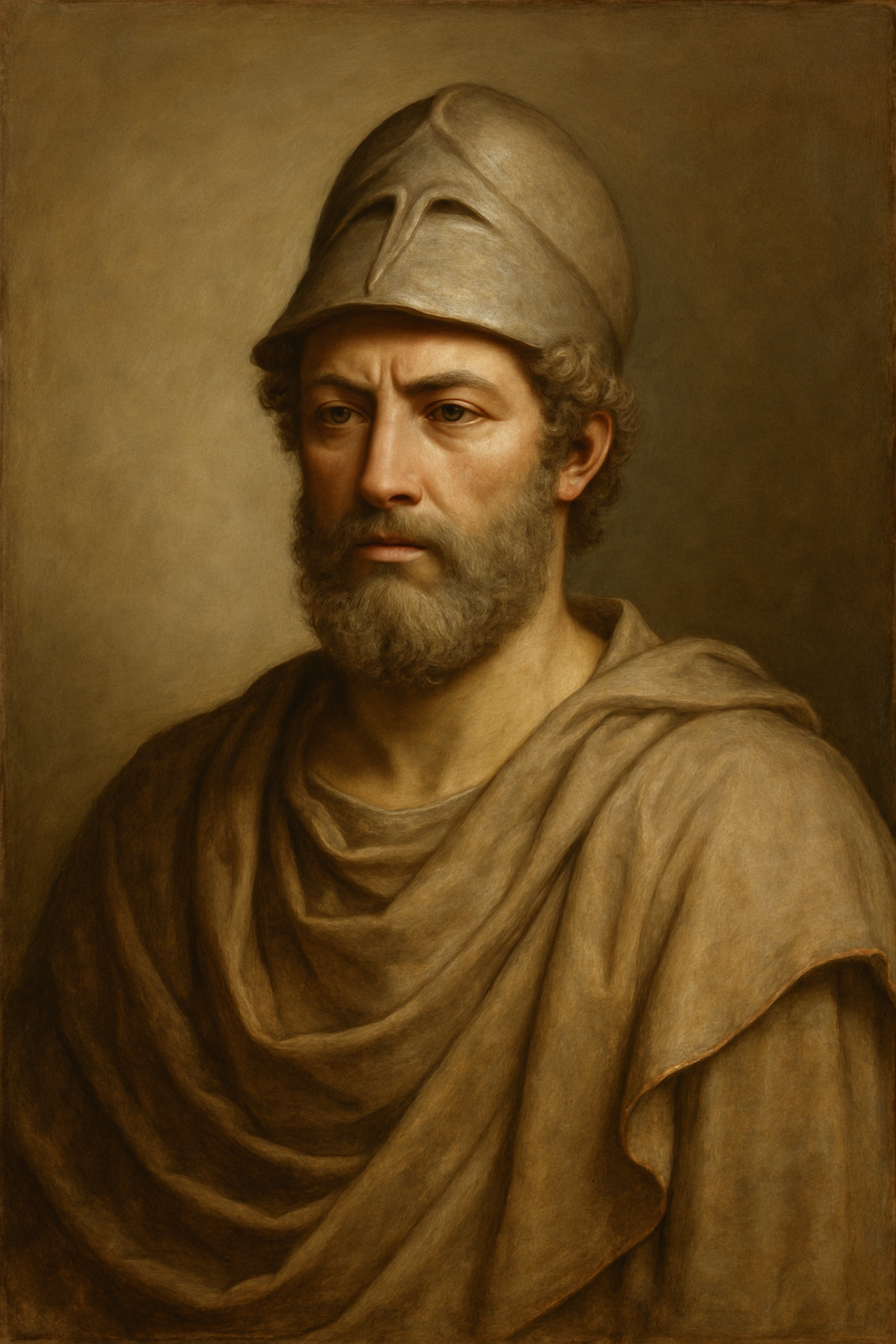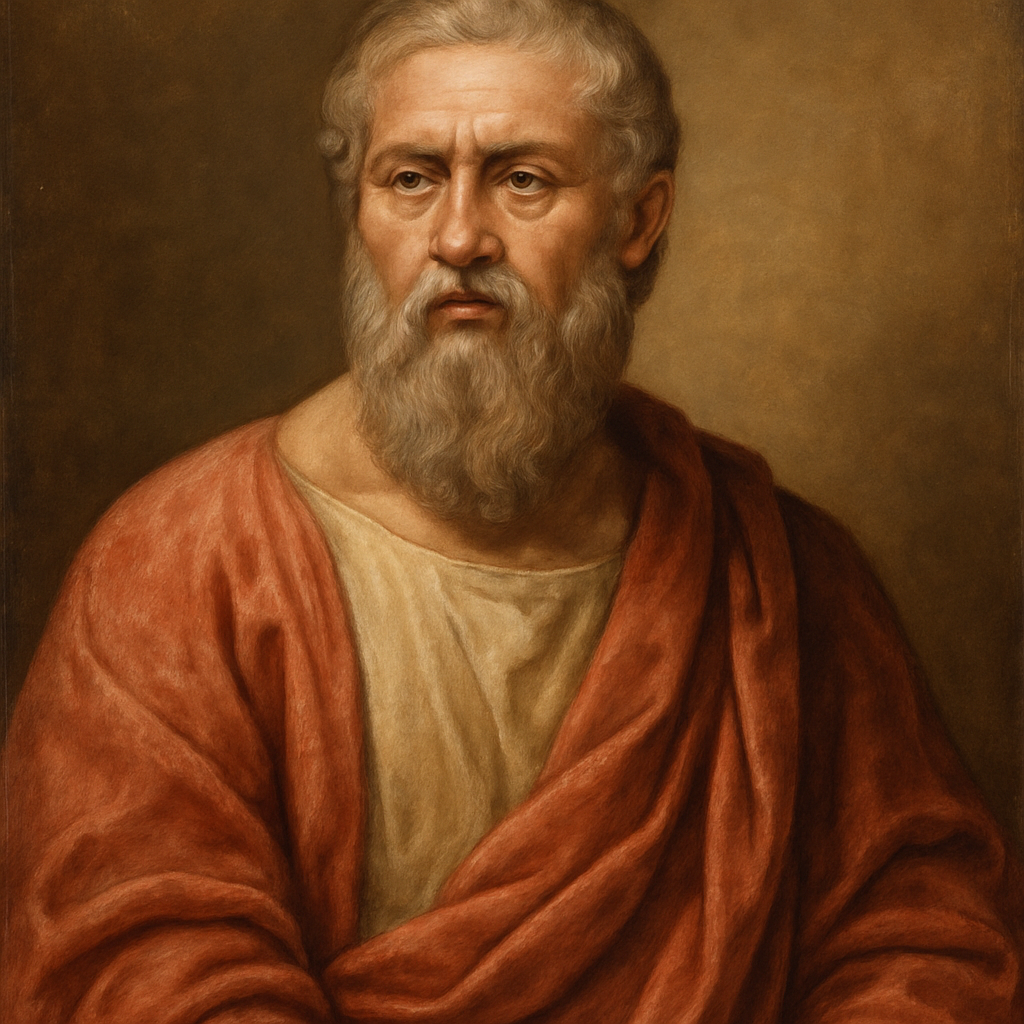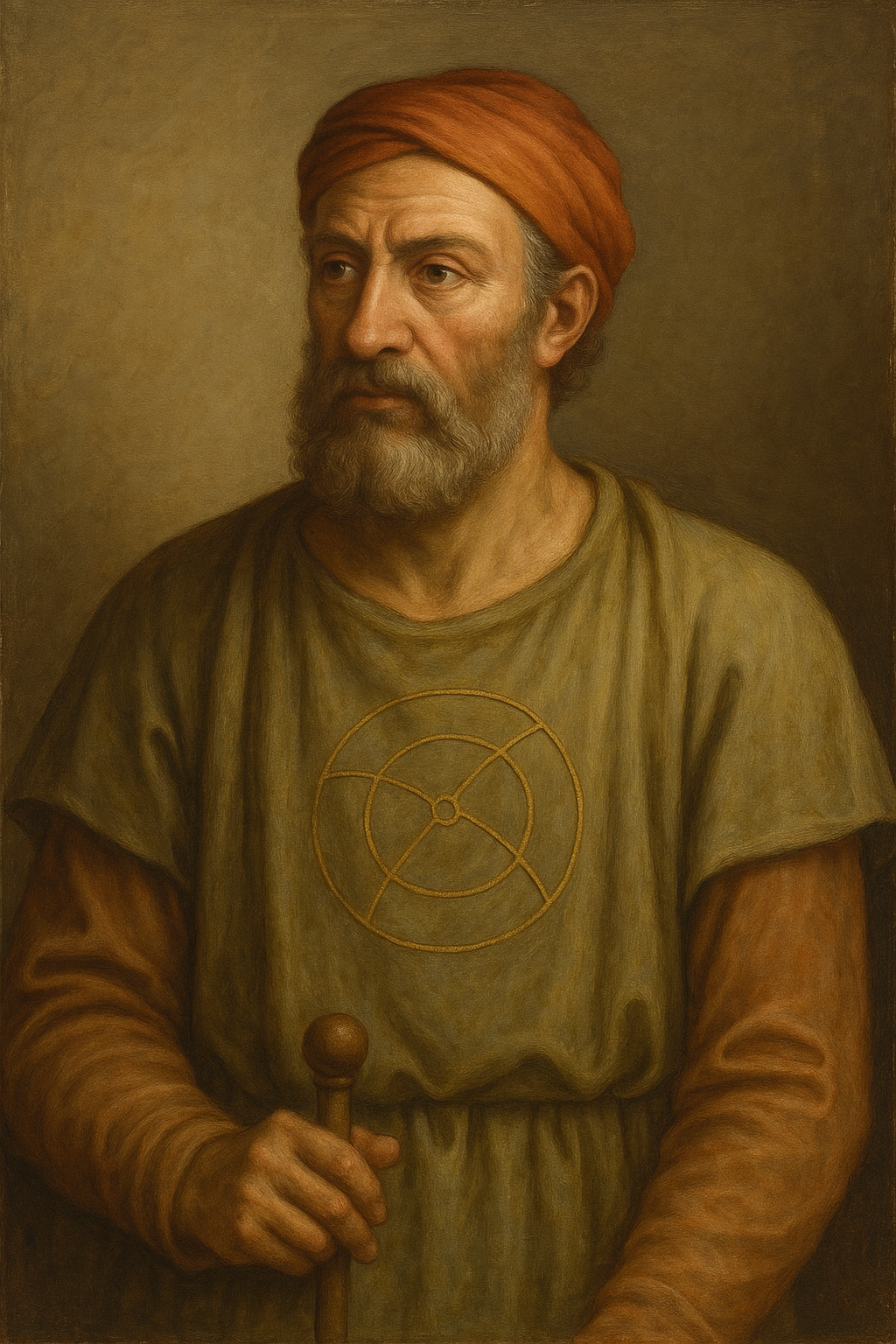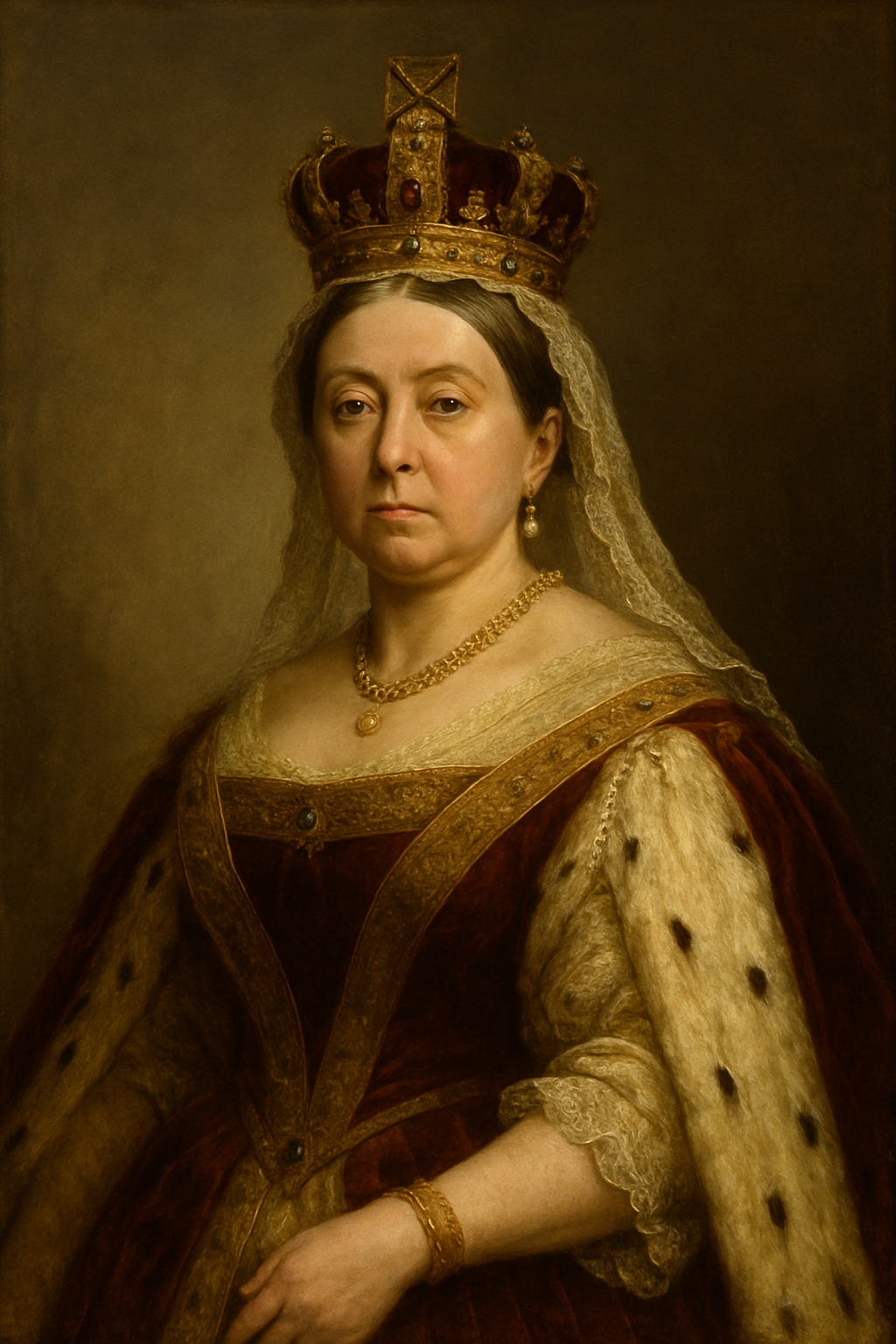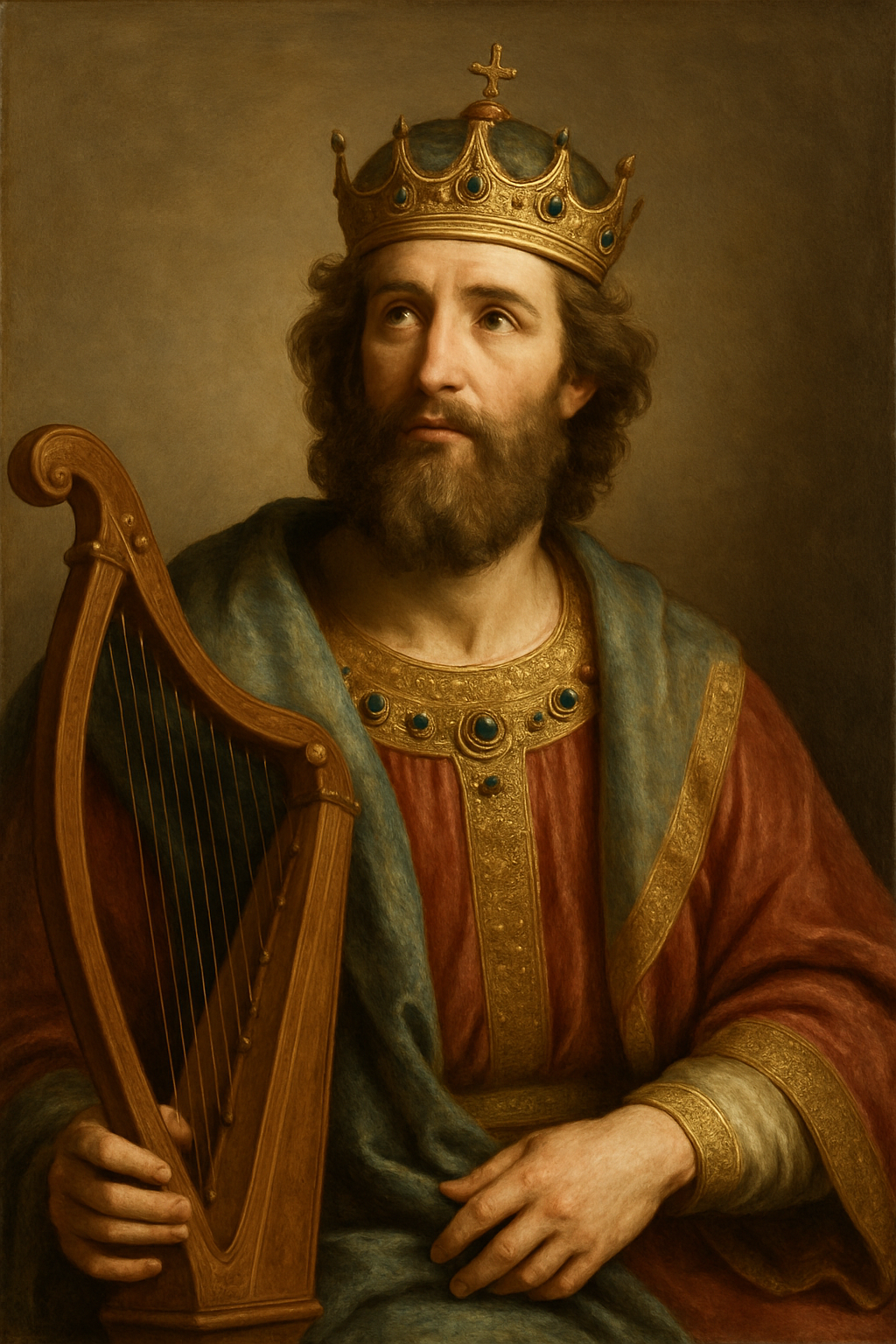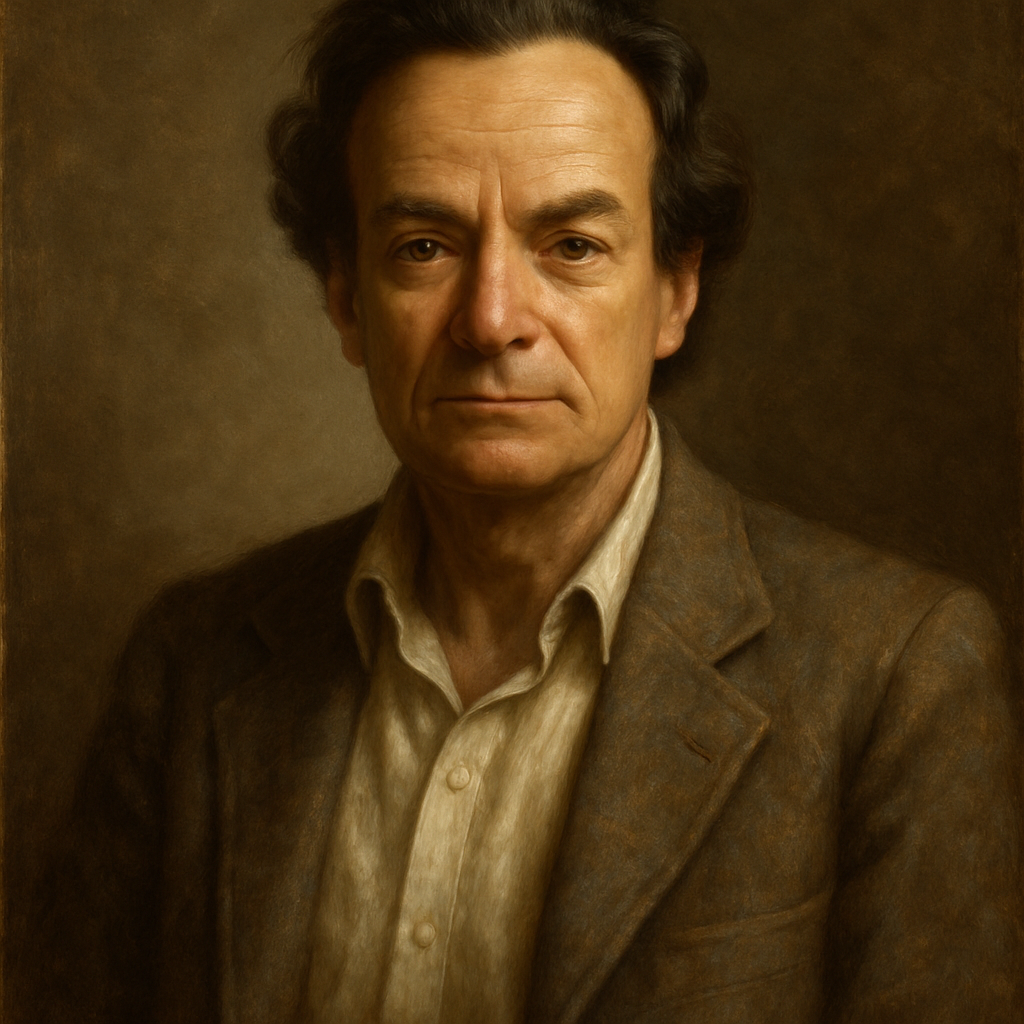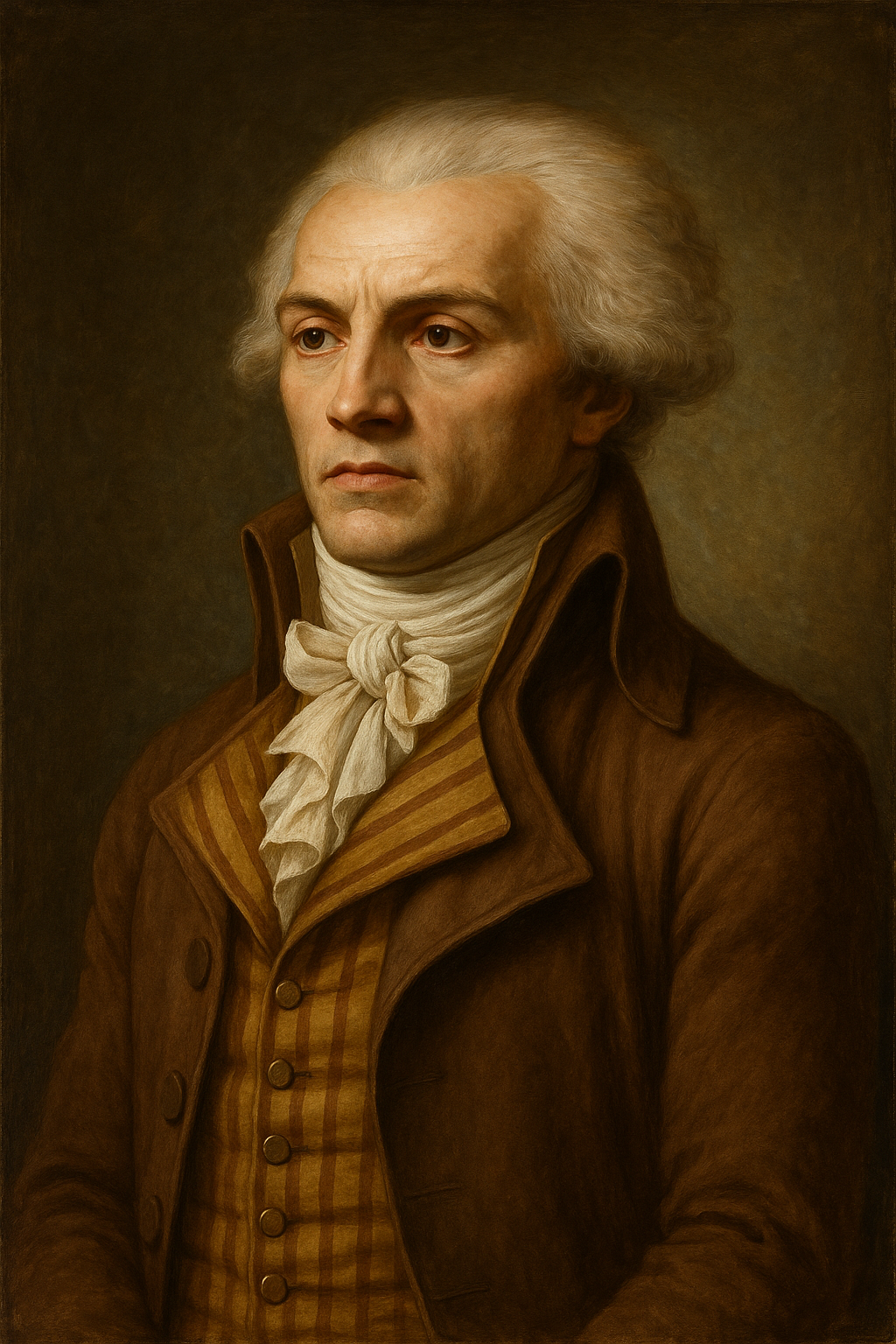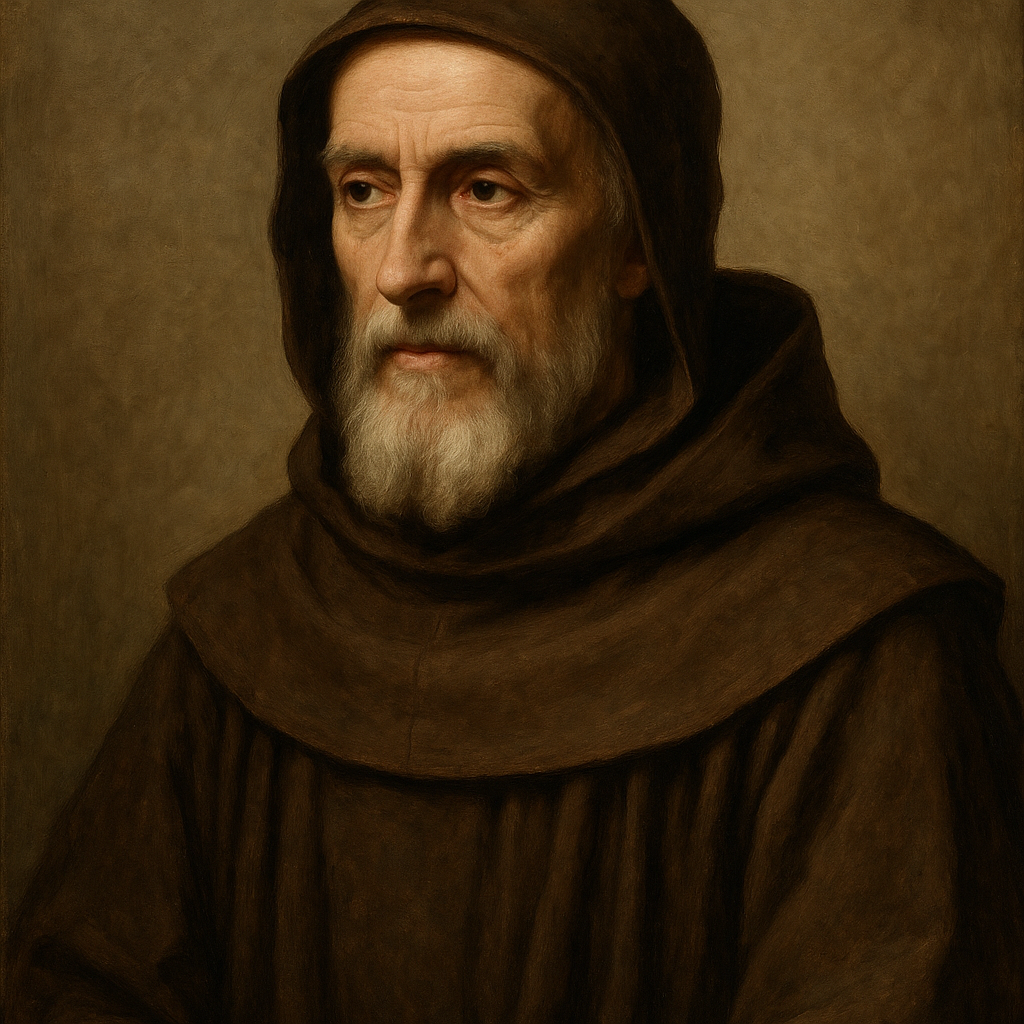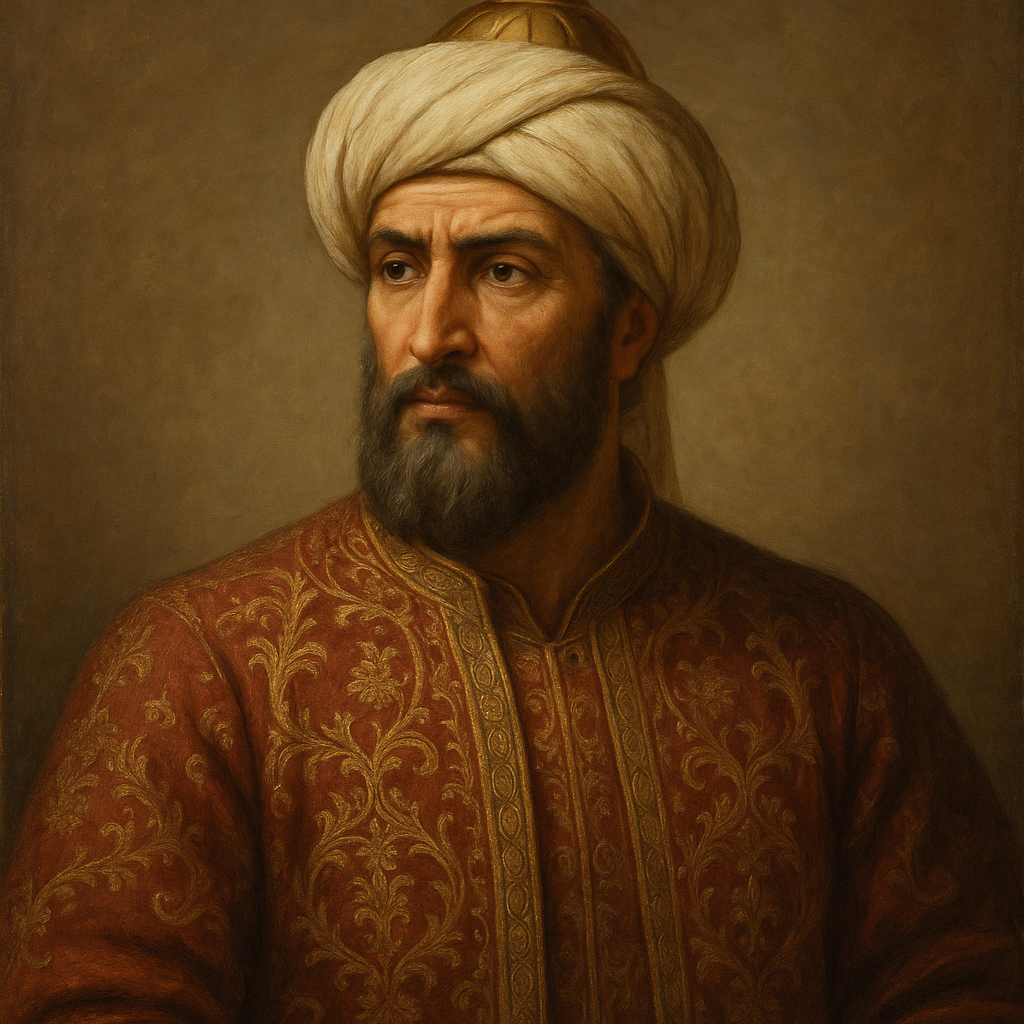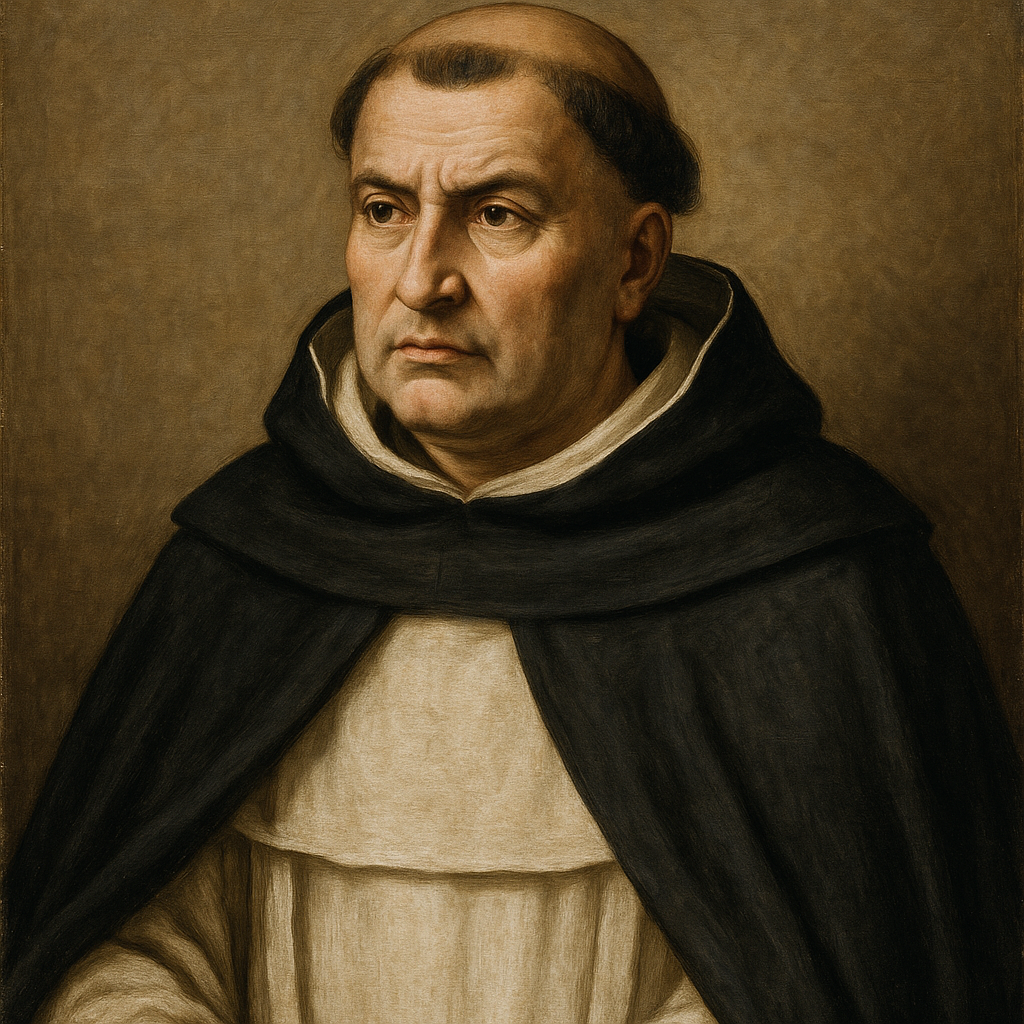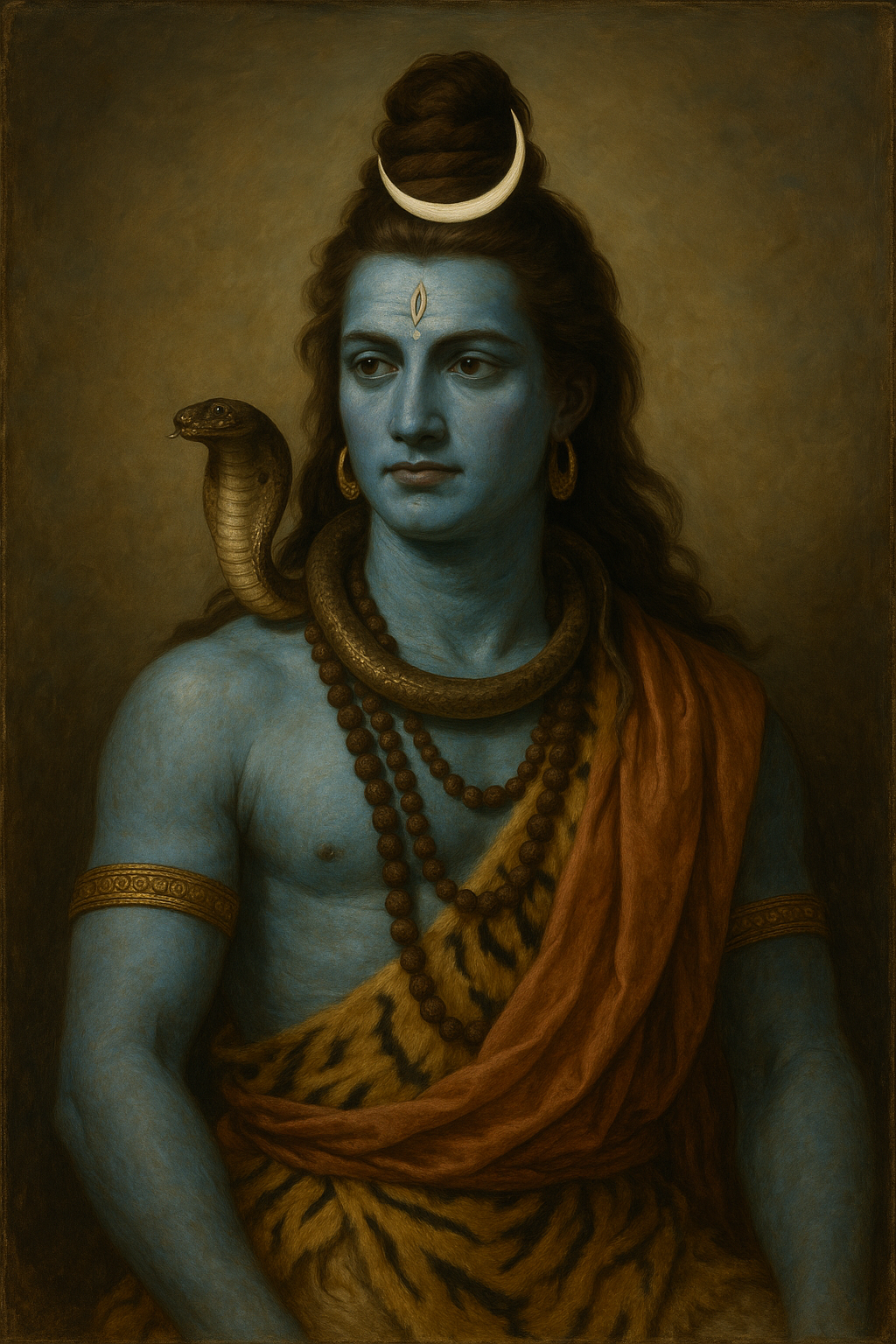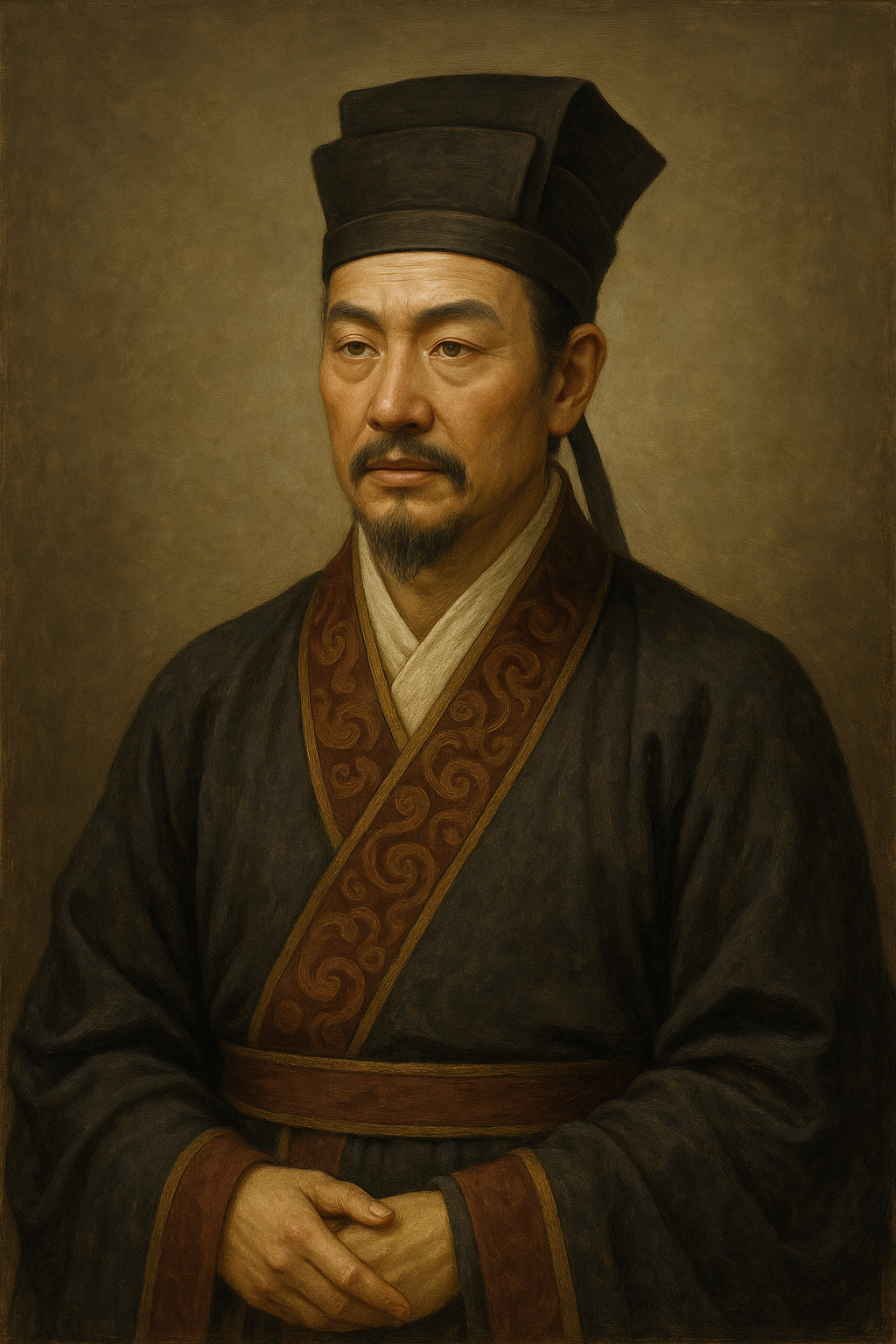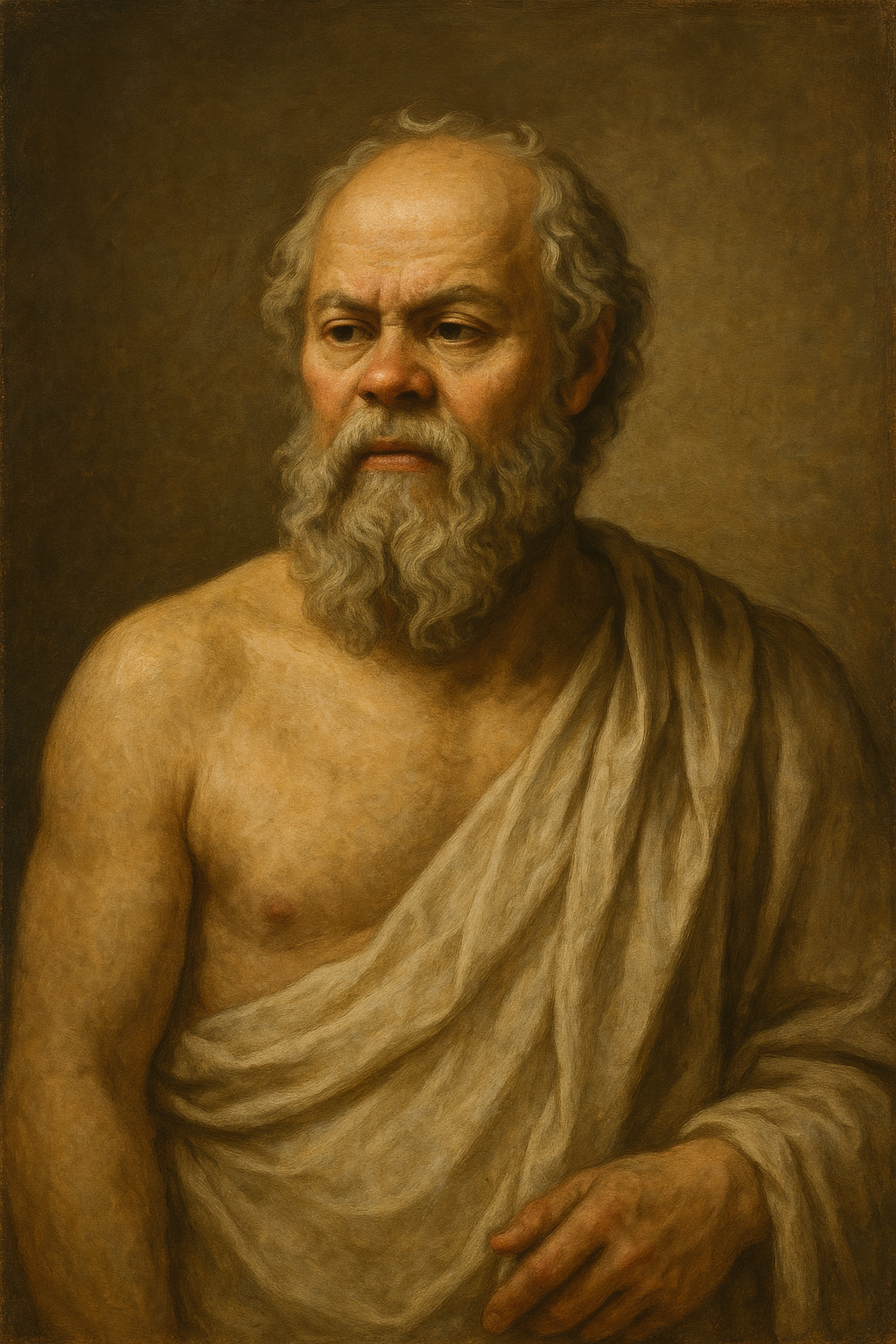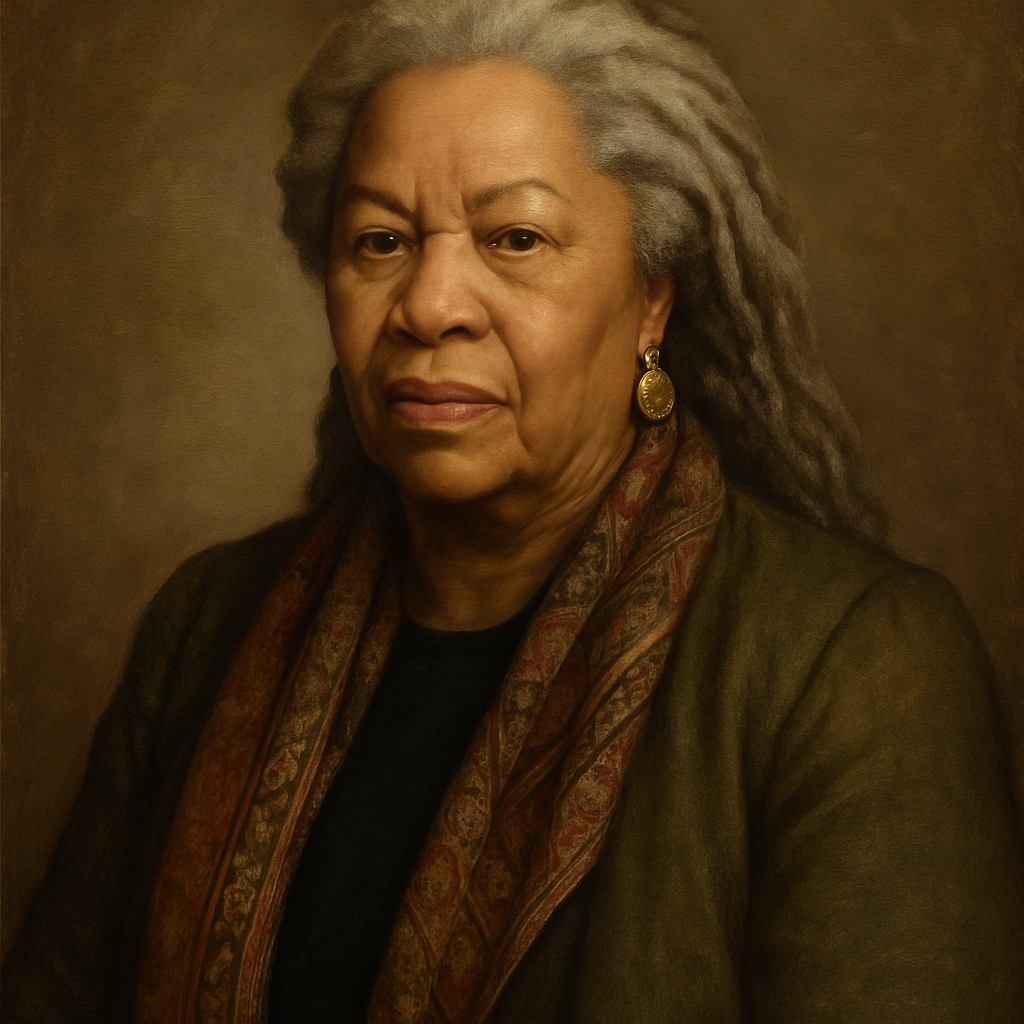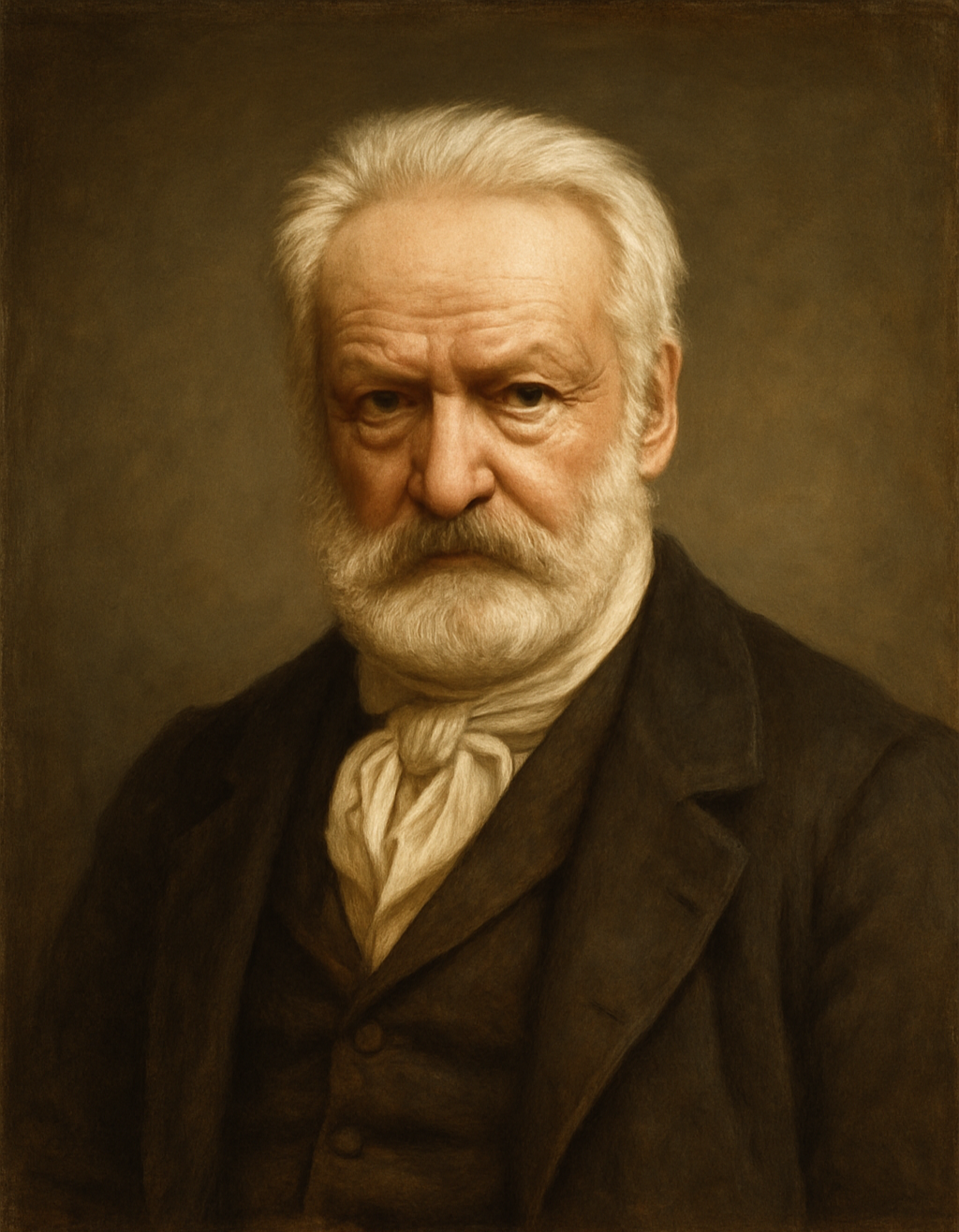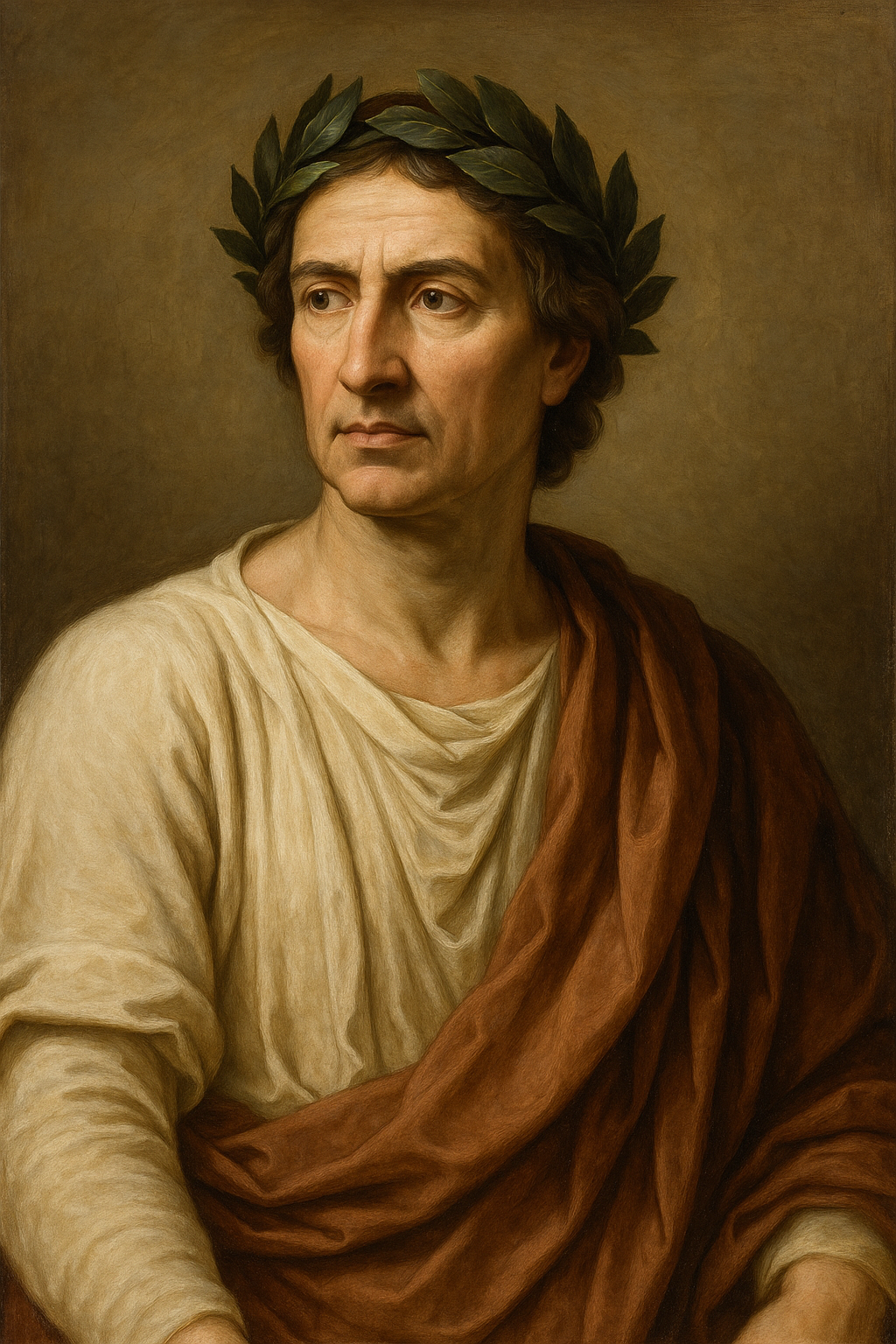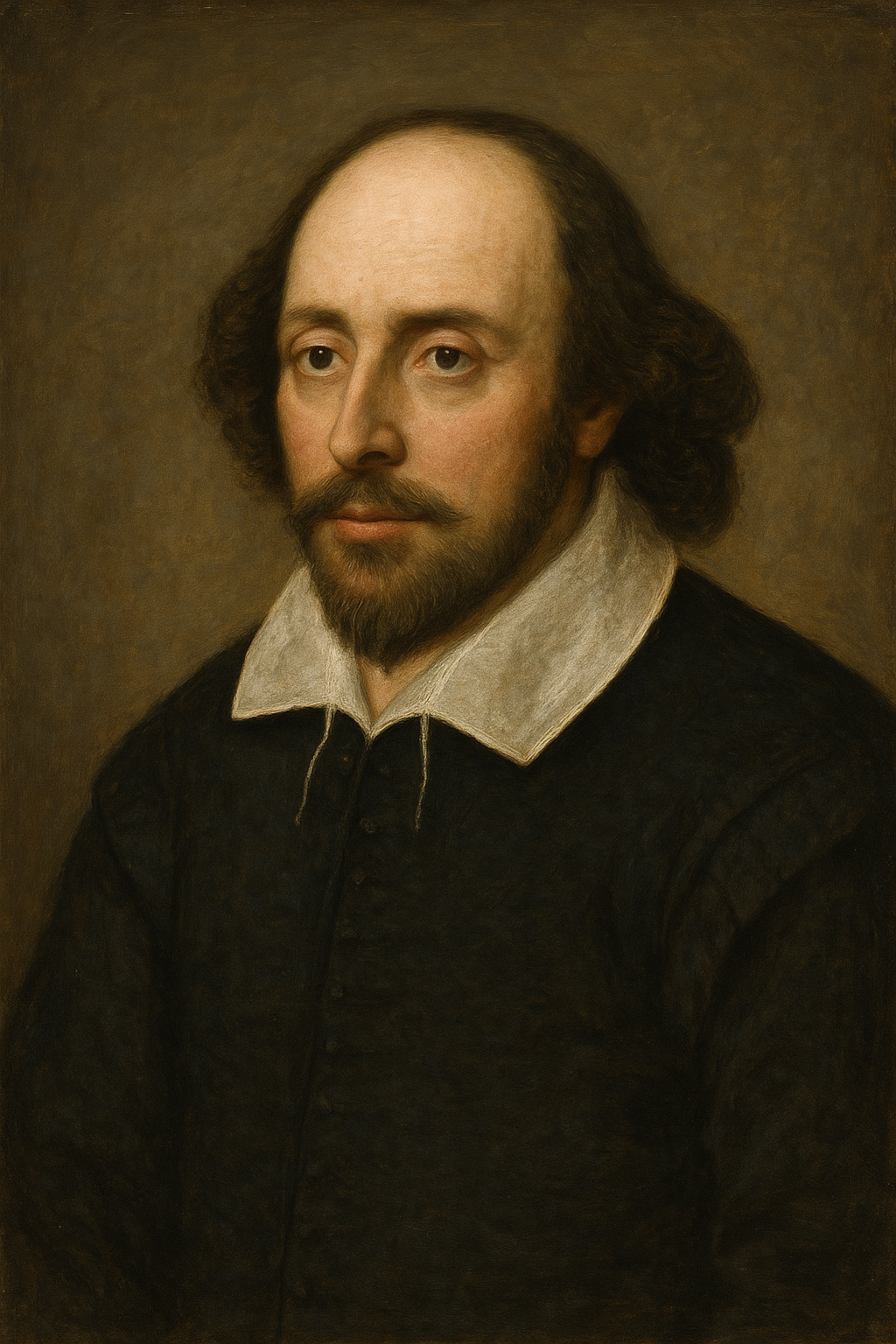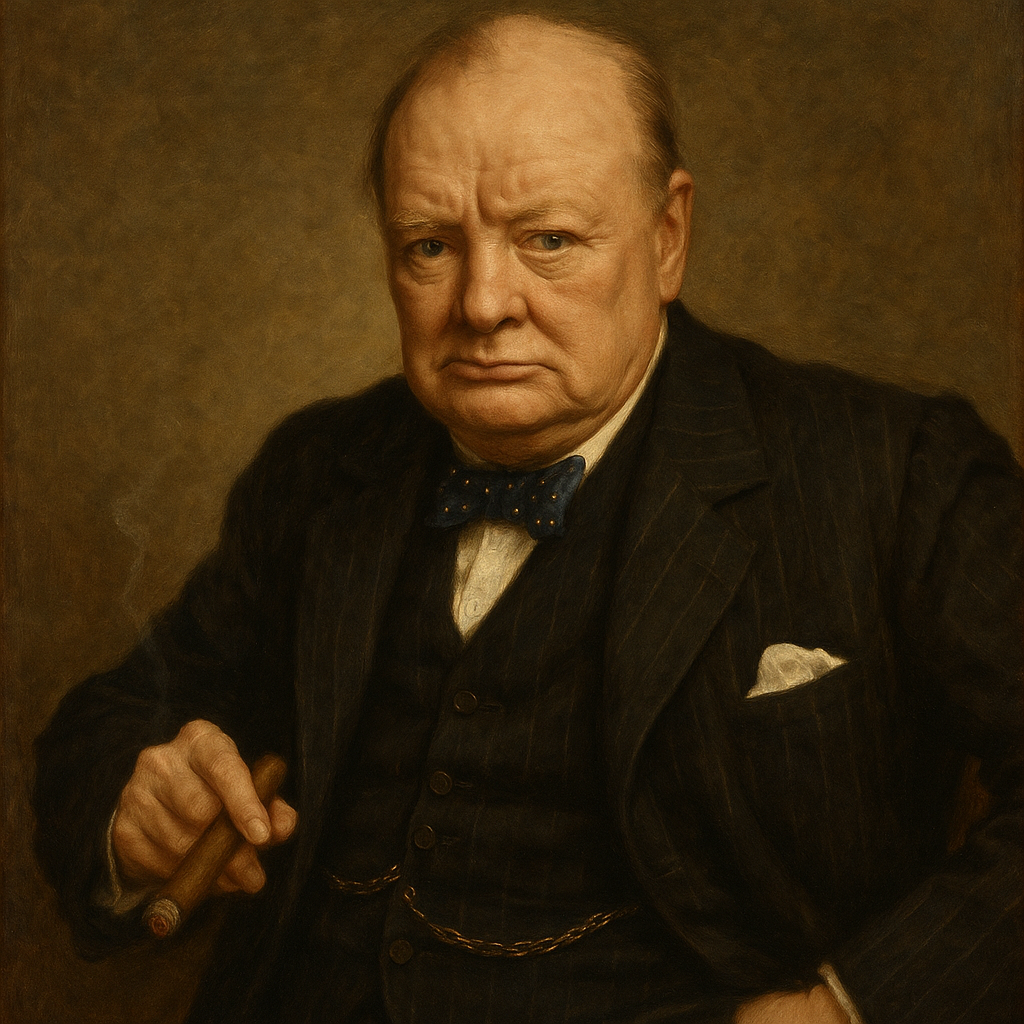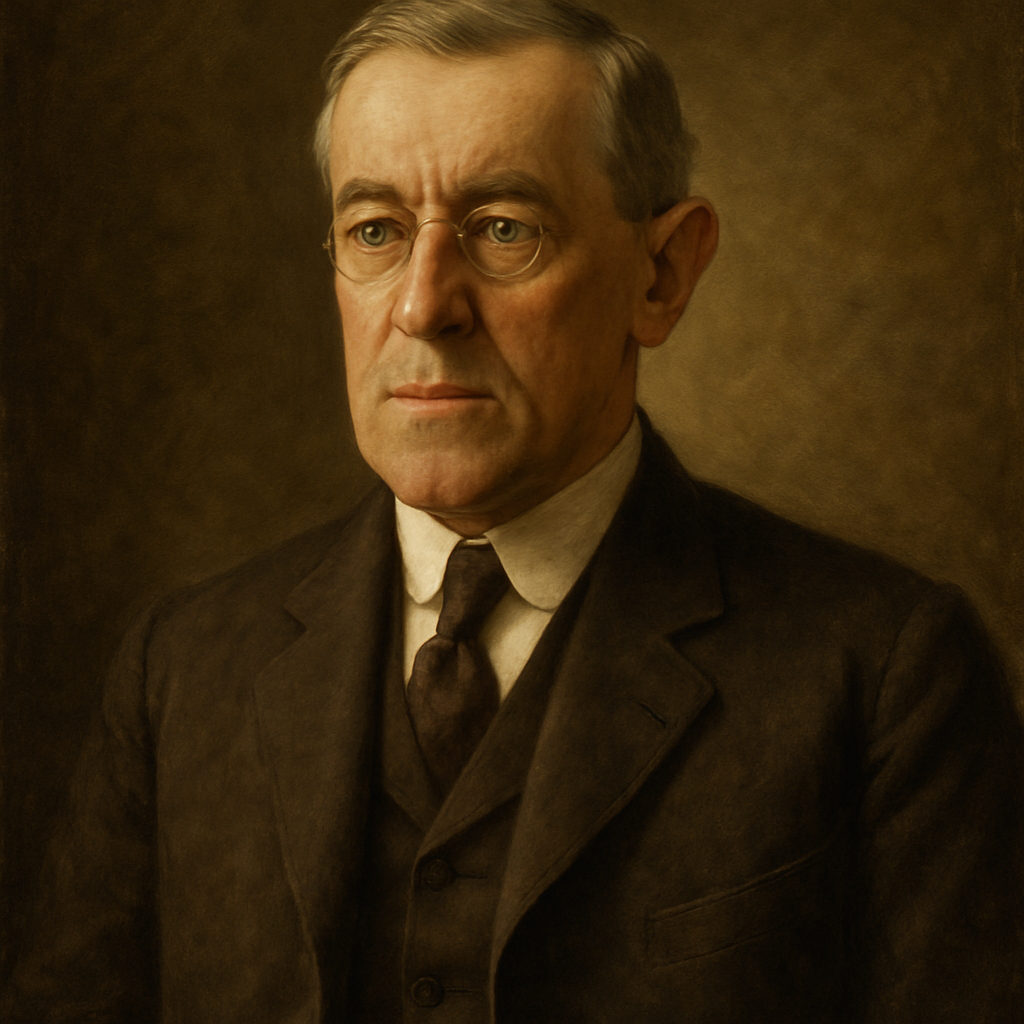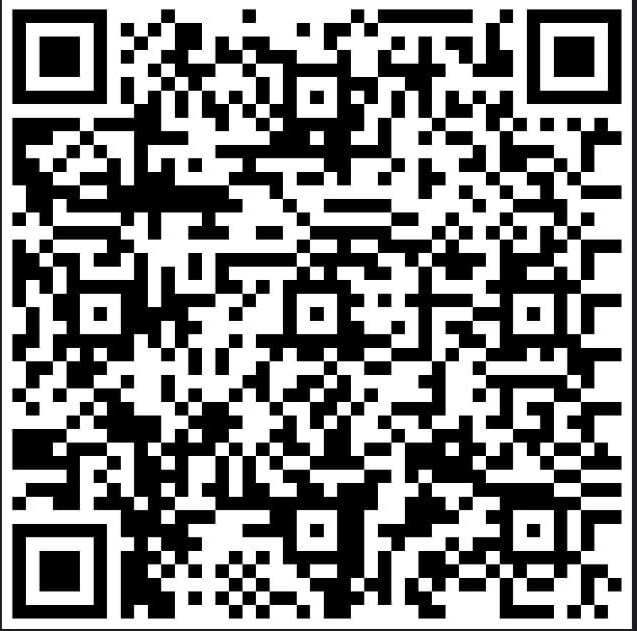Eternal Minds
Engage in enlightening conversations with iconic figures and pivotal events from the past. Who, or what, will you talk to first?
Click to chat with a random historical figure.
Abraão
The common patriarch of the Abrahamic religions, including Judaism, Christianity, and Islam. He is a central figure known for his covenant with God.
Start Conversation Ada Lovelace
An English mathematician and writer, chiefly known for her work on Charles Babbage's proposed mechanical general-purpose computer, the Analytical Engine.
Start Conversation Adi Shankara
An Indian philosopher and theologian who consolidated the doctrine of Advaita Vedanta. He is credited with unifying and establishing the main currents of thought in Hinduism.
Start Conversation Albert Einstein
A German-born theoretical physicist who developed the theory of relativity, one of the two pillars of modern physics. His work is also known for its influence on the philosophy of science.
Start Conversation Albrecht Dürer
A German painter, printmaker, and theorist of the German Renaissance. Dürer established his reputation and influence across Europe when he was still in his twenties due to his high-quality woodcut prints.
Start Conversation Alhazen / Ibn al-Haytham
An Arab mathematician, astronomer, and physicist of the Islamic Golden Age. Referred to as 'the father of modern optics'.
Start Conversation Andreas Vesalius
A Brabantian anatomist, physician, and author of one of the most influential books on human anatomy, De humani corporis fabrica (On the Fabric of the Human Body).
Start Conversation Aristóteles
A Greek philosopher and polymath who was a student of Plato. His writings cover a vast range of subjects, from logic and ethics to biology and politics, and became the foundation of Western philosophy.
Start Conversation Arquimedes
A Greek mathematician, physicist, engineer, inventor, and astronomer. He is regarded as one of the leading scientists in classical antiquity.
Start Conversation Avicena / Ibn Sina
A Persian polymath who is regarded as one of the most significant physicians, astronomers, thinkers and writers of the Islamic Golden Age.
Start Conversation Beda, o Venerável
An English Benedictine monk at the monastery of St. Peter and its companion monastery of St. Paul in the Kingdom of Northumbria of the Angles.
Start Conversation Buda (Siddhartha Gautama)
A philosopher, mendicant, meditator, spiritual teacher, and religious leader who lived in Ancient India. He is revered as the founder of the world religion of Buddhism.
Start Conversation Carlos Magno
King of the Franks who united most of Western Europe during the Early Middle Ages and laid the foundations for modern France and Germany.
Start Conversation Charles Darwin
An English naturalist, geologist and biologist, best known for his contributions to the science of evolution.
Start Conversation Charles de Gaulle
A French army officer and statesman who led Free France against Nazi Germany in World War II and chaired the Provisional Government of the French Republic from 1944 to 1946 in order to re-establish democracy in France.
Start Conversation Charles Dickens
An English writer and social critic. He created some of the world's best-known fictional characters and is regarded by many as the greatest novelist of the Victorian era.
Start Conversation Chrétien de Troyes
A French poet and trouvère known for his work on Arthurian subjects, and for originating the character of Lancelot.
Start Conversation Cleópatra
The last active ruler of the Ptolemaic Kingdom of Egypt. A skilled diplomat and linguist, she navigated complex Roman politics to protect her empire.
Start Conversation Confúcio
A Chinese philosopher and politician of the Spring and Autumn period who is traditionally considered the paragon of Chinese sages.
Start Conversation Dalai Lama (14th)
The current Dalai Lama, Tenzin Gyatso, is the spiritual leader of the Tibetan people. He is a Nobel Peace Prize laureate and a global figure of peace and compassion.
Start Conversation Dante Alighieri
An Italian poet, writer and philosopher. His Divine Comedy is widely considered the most important poem of the Middle Ages and the greatest literary work in the Italian language.
Start Conversation Dom João VI
King of the United Kingdom of Portugal, Brazil and the Algarves from 1816 to 1825. His court's move to Brazil was a pivotal event that paved the way for independence.
Start Conversation Dom Pedro I
Founder and first ruler of the Empire of Brazil, he reigned as 'Emperor of Brazil' from 1822 to 1831. He declared Brazil's independence from Portugal.
Start Conversation Eric Hobsbawm
A British Marxist historian of the rise of industrial capitalism, socialism and nationalism. His best-known works include his trilogy about the 19th century: The Age of Revolution: Europe 1789–1848, The Age of Capital: 1848–1875 and The Age of Empire: 1875–1914.
Start Conversation Francesco Guicciardini
An Italian historian and statesman. A friend and critic of Machiavelli, he is considered one of the major political writers of the Italian Renaissance.
Start Conversation Franklin D. Roosevelt
The 32nd U.S. President, who led the country through the Great Depression and World War II. He is known for his New Deal domestic agenda and his wartime leadership.
Start Conversation Franz Ferdinand
Archduke of Austria-Este, Austro-Hungarian and Royal Prince of Hungary and of Bohemia, and from 1896 until his death, heir presumptive to the Austro-Hungarian throne. His assassination in Sarajevo is considered the most immediate cause of World War I.
Start Conversation Galileu Galilei
An Italian astronomer, physicist and engineer, whose discoveries with the telescope revolutionized astronomy and paved the way for the acceptance of the Copernican heliocentric system.
Start Conversation Gavrilo Princip
A Bosnian Serb member of Young Bosnia who assassinated Archduke Franz Ferdinand of Austria in Sarajevo on 28 June 1914, sparking the outbreak of World War I.
Start Conversation Giordano Bruno
An Italian Dominican friar, philosopher, mathematician, poet, and cosmological theorist. He is known for his cosmological theories, which conceptually extended the then-novel Copernican model.
Start Conversation Hannah Arendt
A German-American political philosopher. Her work deals with the nature of power, and the subjects of politics, direct democracy, authority, and totalitarianism.
Start Conversation Heródoto
A Greek writer who invented the field of study known today as 'history'. He was the first writer to perform systematic investigation of historical events.
Start Conversation Hildegarda de Bingen
A German Benedictine abbess, writer, composer, philosopher, mystic, visionary, and medical writer and practitioner during the High Middle Ages.
Start Conversation Hipócrates
A Greek physician of the Age of Pericles, who is considered one of the most outstanding figures in the history of medicine. He is often referred to as the 'Father of Medicine'.
Start Conversation Homero
The presumed author of the Iliad and the Odyssey, two epic poems that are the central works of ancient Greek literature.
Start Conversation Howard Zinn
An American historian, playwright, and social activist. He was a professor of political science at Boston University. Zinn wrote more than 20 books, including his best-selling and influential A People's History of the United States.
Start Conversation Ibn Khaldun
An Arab sociologist, philosopher, and historian who is widely acknowledged to be one of the greatest social scientists of the Middle Ages.
Start Conversation Imhotep
An Egyptian chancellor to the pharaoh Djoser, probable architect of the step pyramid, and high priest of the sun god Ra at Heliopolis.
Start Conversation Isaac Newton
An English mathematician, physicist, and astronomer who was a pivotal figure in the scientific revolution. His formulation of the laws of motion and universal gravitation laid the groundwork for classical mechanics.
Start Conversation Isabel I
Queen of England and Ireland from 17 November 1558 until her death in 1603. Sometimes called the Virgin Queen, Elizabeth was the last of the five monarchs of the House of Tudor.
Start Conversation James Clerk Maxwell
A Scottish scientist in the field of mathematical physics. His most notable achievement was to formulate the classical theory of electromagnetic radiation, bringing together for the first time electricity, magnetism, and light as different manifestations of the same phenomenon.
Start Conversation Jean Bodin
A French jurist and political philosopher, member of the Parlement of Paris and professor of law in Toulouse. He is best known for his theory of sovereignty.
Start Conversation Jesus Cristo
The central figure of Christianity, believed by Christians to be the Son of God and the Messiah prophesied in the Old Testament.
Start Conversation Joana d'Arc
A peasant girl who, believing she was acting under divine guidance, led the French army in a momentous victory at Orléans in 1429.
Start Conversation John Stuart Mill
An English philosopher, political economist, and civil servant. One of the most influential thinkers in the history of classical liberalism, he contributed widely to social theory, political theory, and political economy.
Start Conversation Jorge Amado
A Brazilian writer of the modernist school. He remains the best known of modern Brazilian writers, with his work having been translated into some 49 languages and popularized in film, notably Dona Flor and Her Two Husbands.
Start Conversation José Bonifácio
A Brazilian statesman, naturalist, professor, and poet, he was a crucial figure in the Brazilian independence, earning the title of 'Patriarch of Independence.'
Start Conversation Joseph Stalin
The leader of the Soviet Union from the 1920s until his death in 1953. He played a crucial role in the defeat of Nazi Germany in World War II but was also responsible for the deaths of millions.
Start Conversation Jules Michelet
A French historian and a major figure in the historiography of the 19th century. He is known for his monumental work, 'Histoire de France' (History of France).
Start Conversation Júlio César
A Roman general and statesman who played a critical role in the events that led to the demise of the Roman Republic and the rise of the Roman Empire.
Start Conversation Karl Marx
A German philosopher, economist, historian, sociologist, political theorist, journalist and socialist revolutionary. His best-known titles are the 1848 pamphlet, The Communist Manifesto, and the three-volume Das Kapital.
Start Conversation Krishna
A major deity in Hinduism. He is worshipped as the eighth avatar of the god Vishnu and also as the supreme God in his own right. He is the god of protection, compassion, tenderness, and love.
Start Conversation Laozi
An ancient Chinese philosopher and writer. He is the reputed author of the Tao Te Ching, the founder of philosophical Taoism, and a deity in religious Taoism and traditional Chinese religions.
Start Conversation Leonardo da Vinci
An Italian polymath of the High Renaissance who is widely considered one of the most diversely talented individuals ever to have lived.
Start Conversation Lord Acton
An English Catholic historian, politician, and writer. He was one of the most learned men of his time, and one of the most influential historians of the 19th century.
Start Conversation Louis XVI
The last King of France before the fall of the monarchy during the French Revolution. His reign was marked by attempts at reform that were ultimately overwhelmed by social and economic turmoil.
Start Conversation Luís de Camões
Portugal's and the Portuguese language's greatest poet. His mastery of verse has been compared to that of Shakespeare, Vondel, Homer, Virgil and Dante.
Start Conversation Maimônides
A Sephardic Jewish philosopher who became one of the most prolific and influential Torah scholars of the Middle Ages.
Start Conversation Maomé
The founder of Islam and proclaimed by Muslims as a prophet of God. He is viewed as the final prophet of God in most mainstream branches of Islam.
Start Conversation Maria Leopoldina
An Archduchess of Austria and the first Empress of Brazil. She played a significant role in the process of Brazil's independence.
Start Conversation Marie Antoinette
The last Queen of France before the French Revolution. She became a symbol of the excesses of the monarchy, which led to her execution.
Start Conversation Marie Curie
A Polish and naturalized-French physicist and chemist who conducted pioneering research on radioactivity. She was the first woman to win a Nobel Prize.
Start Conversation Martin Luther King Jr.
An American Baptist minister and activist who became the most visible spokesperson and leader in the Civil Rights Movement. He is best known for advancing civil rights through nonviolence and civil disobedience.
Start Conversation Martinho Lutero
A German professor of theology, composer, priest, monk, and a seminal figure in the Protestant Reformation. He is best known for his Ninety-five Theses.
Start Conversation Mary Wollstonecraft
An English writer and a passionate advocate of women's rights and educational reform. Her work, 'A Vindication of the Rights of Woman,' is a foundational text of modern feminism.
Start Conversation Michael Faraday
An English scientist who contributed to the study of electromagnetism and electrochemistry. His main discoveries include the principles underlying electromagnetic induction, diamagnetism and electrolysis.
Start Conversation Michel de Montaigne
One of the most significant philosophers of the French Renaissance, known for popularizing the essay as a literary genre.
Start Conversation Michel Foucault
A French philosopher, historian of ideas, writer, political activist, and literary critic. Foucault's theories primarily address the relationship between power and knowledge, and how they are used as a form of social control through societal institutions.
Start Conversation Moisés
A prophet in the Abrahamic religions. According to the Hebrew Bible, he was a former Egyptian prince who led the Israelites out of Egypt and across the Red Sea, after which they wandered in the desert for 40 years.
Start Conversation Nagarjuna
An Indian Mahāyāna Buddhist thinker, scholar-saint and philosopher. He is widely considered one of the most important Buddhist philosophers.
Start Conversation Napoleon Bonaparte
A French statesman and military leader who rose to prominence during the French Revolution and led several successful campaigns during the Revolutionary Wars. He was Emperor of the French from 1804 until 1814 and again briefly in 1815.
Start Conversation Nelson Mandela
A South African anti-apartheid revolutionary, political leader and philanthropist who served as President of South Africa from 1994 to 1999.
Start Conversation Nicolau Maquiavel
An Italian diplomat, politician, historian, philosopher, and writer of the Renaissance period. He has often been called the father of modern political philosophy and political science.
Start Conversation Nikola Tesla
A Serbian-American inventor, electrical engineer, mechanical engineer, and futurist who is best known for his contributions to the design of the modern alternating current (AC) electricity supply system.
Start Conversation Otto von Bismarck
A conservative Prussian statesman who masterminded the unification of Germany in 1871 and served as its first chancellor until 1890.
Start Conversation Péricles
A prominent and influential Greek statesman, orator and general of Athens during its golden age – specifically the time between the Persian and Peloponnesian wars.
Start Conversation Platão
A Greek philosopher who was a foundational figure in Western thought, founded the Academy in Athens. His dialogues, including 'The Republic,' explored justice, beauty, and equality, shaping political theory and metaphysics.
Start Conversation Ptolomeu
A Greco-Roman mathematician, astronomer, geographer and astrologer. He lived in the city of Alexandria in the Roman province of Egypt, under Roman rule.
Start Conversation Rainha Vitória
Queen of the United Kingdom of Great Britain and Ireland from 20 June 1837 until her death in 1901. Her reign of 63 years and seven months is known as the Victorian era.
Start Conversation Rei Davi
A king of Israel and Judah. In the biblical narrative, David is a young shepherd who gains fame first as a musician and later by defeating the giant Goliath. He is regarded as a righteous and effective king in battle and civil administration.
Start Conversation Richard Feynman
An American theoretical physicist, known for his work in the path integral formulation of quantum mechanics, the theory of quantum electrodynamics, and the physics of the superfluidity of supercooled liquid helium.
Start Conversation Robespierre
A French lawyer and statesman who was one of the best-known and most influential figures of the French Revolution. He was a key figure during the Reign of Terror.
Start Conversation Roger Bacon
An English philosopher and Franciscan friar who placed considerable emphasis on the study of nature through empiricism.
Start Conversation Saladino
A Sunni Muslim Kurd who became the first sultan of both Egypt and Syria, and founded the Ayyubid dynasty. He led the Muslim military campaign against the Crusader states in the Levant.
Start Conversation Santo Tomás de Aquino
An Italian Dominican friar, philosopher, Catholic priest, and Doctor of the Church. An immensely influential philosopher, theologian, and jurist in the tradition of scholasticism.
Start Conversation Shiva
One of the principal deities of Hinduism. He is the supreme being within Shaivism, one of the major traditions within contemporary Hinduism. Shiva is known as 'The Destroyer' within the Trimurti, the Hindu trinity that includes Brahma and Vishnu.
Start Conversation Sima Qian
A Chinese historian of the early Han dynasty. He is considered the father of Chinese historiography for his Records of the Grand Historian.
Start Conversation Sócrates
A classical Greek (Athenian) philosopher credited as one of the founders of Western philosophy, and as being the first moral philosopher of the Western ethical tradition of thought.
Start Conversation Toni Morrison
An American novelist. Her first novel, The Bluest Eye, was published in 1970. The critically acclaimed Song of Solomon (1977) brought her national attention and won the National Book Critics Circle Award.
Start Conversation Victor Hugo
A French poet, novelist, and dramatist of the Romantic movement. Hugo is considered to be one of the greatest and best-known French writers.
Start Conversation Virgílio
An ancient Roman poet of the Augustan period. He wrote three of the most famous poems in Latin literature: the Eclogues, the Georgics, and the epic Aeneid.
Start Conversation William Shakespeare
An English playwright, poet, and actor, widely regarded as the greatest writer in the English language and the world's pre-eminent dramatist.
Start Conversation Winston Churchill
A British statesman, army officer, and writer. He was Prime Minister of the United Kingdom from 1940 to 1945, during the Second World War, and again from 1951 to 1955.
Start Conversation Woodrow Wilson
The 28th president of the United States, serving from 1913 to 1921. A member of the Democratic Party, Wilson oversaw the passage of progressive legislative policies and led the United States during World War I.
Start Conversation Support the Project
If you enjoy this application, consider making a donation to help cover the maintenance and development costs. Any amount is appreciated!
Donate with PIX
Scan the QR code with your banking app
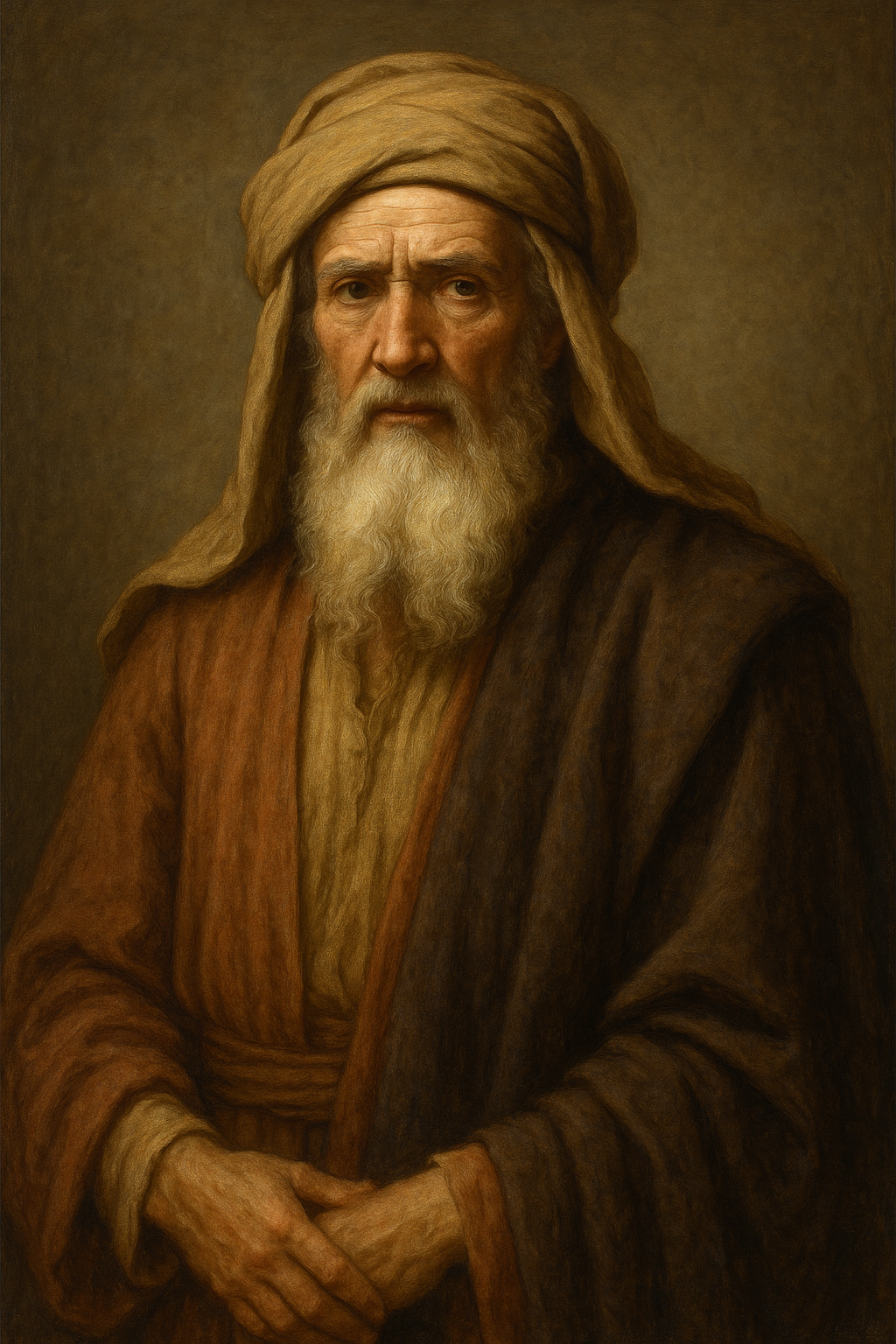
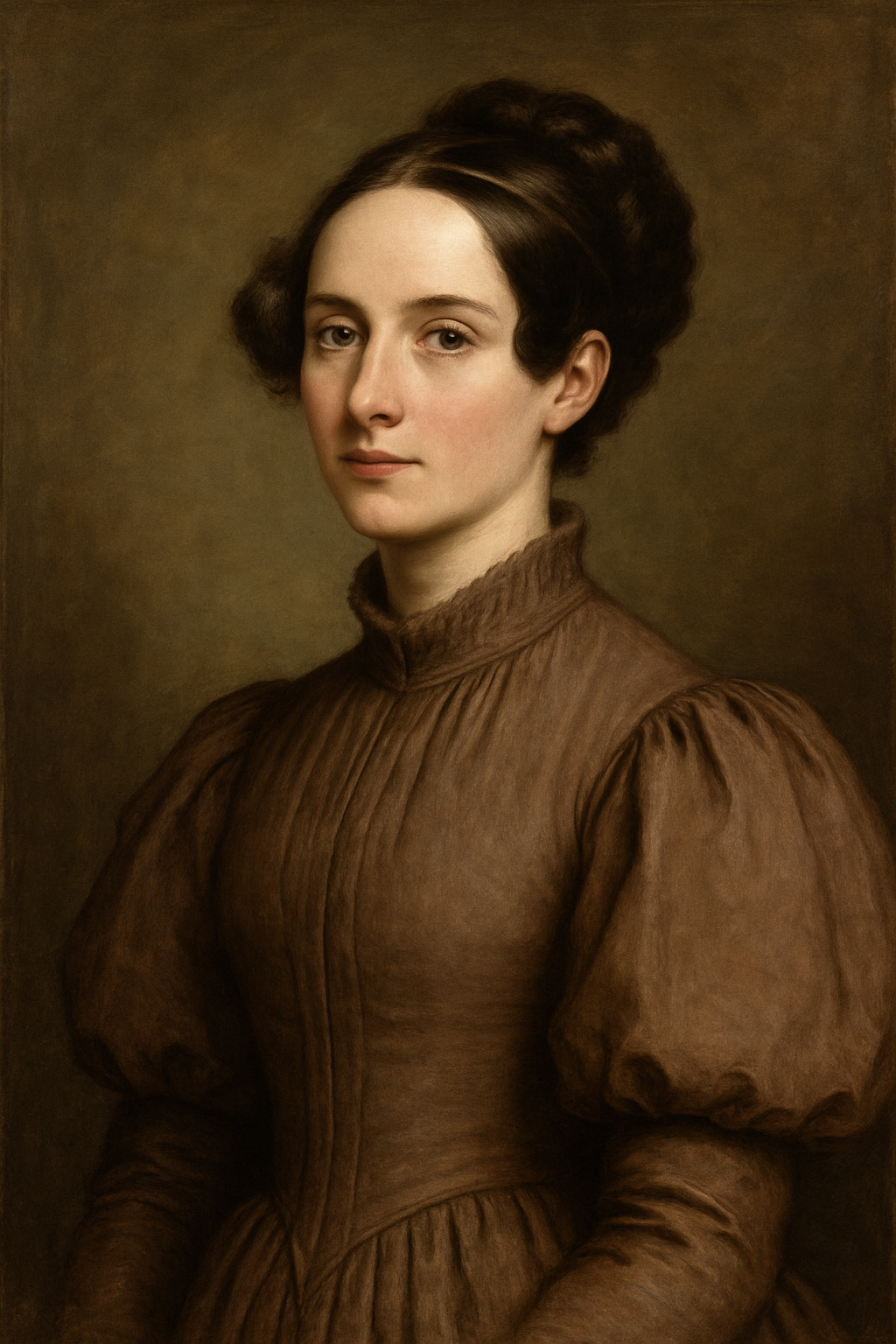

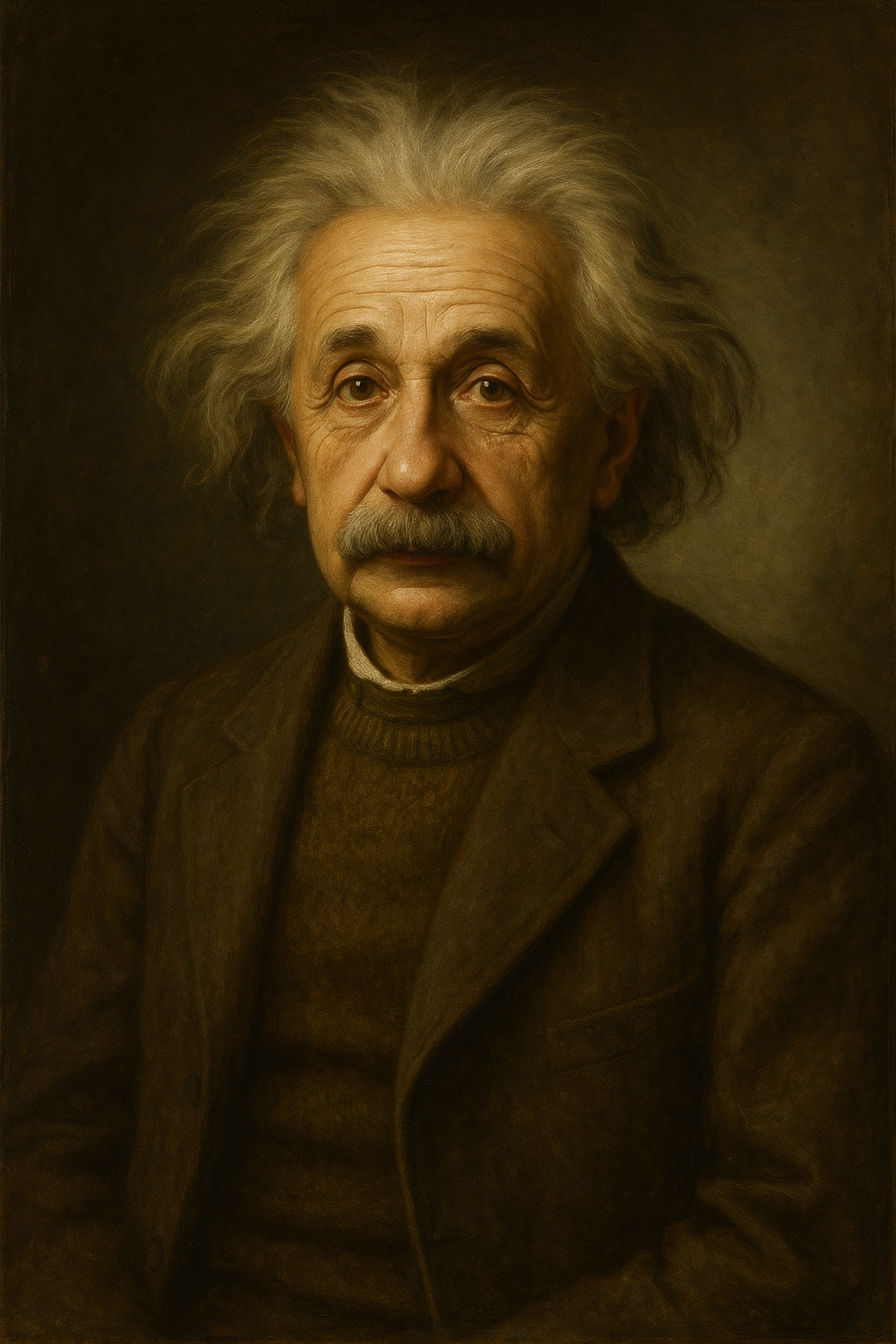
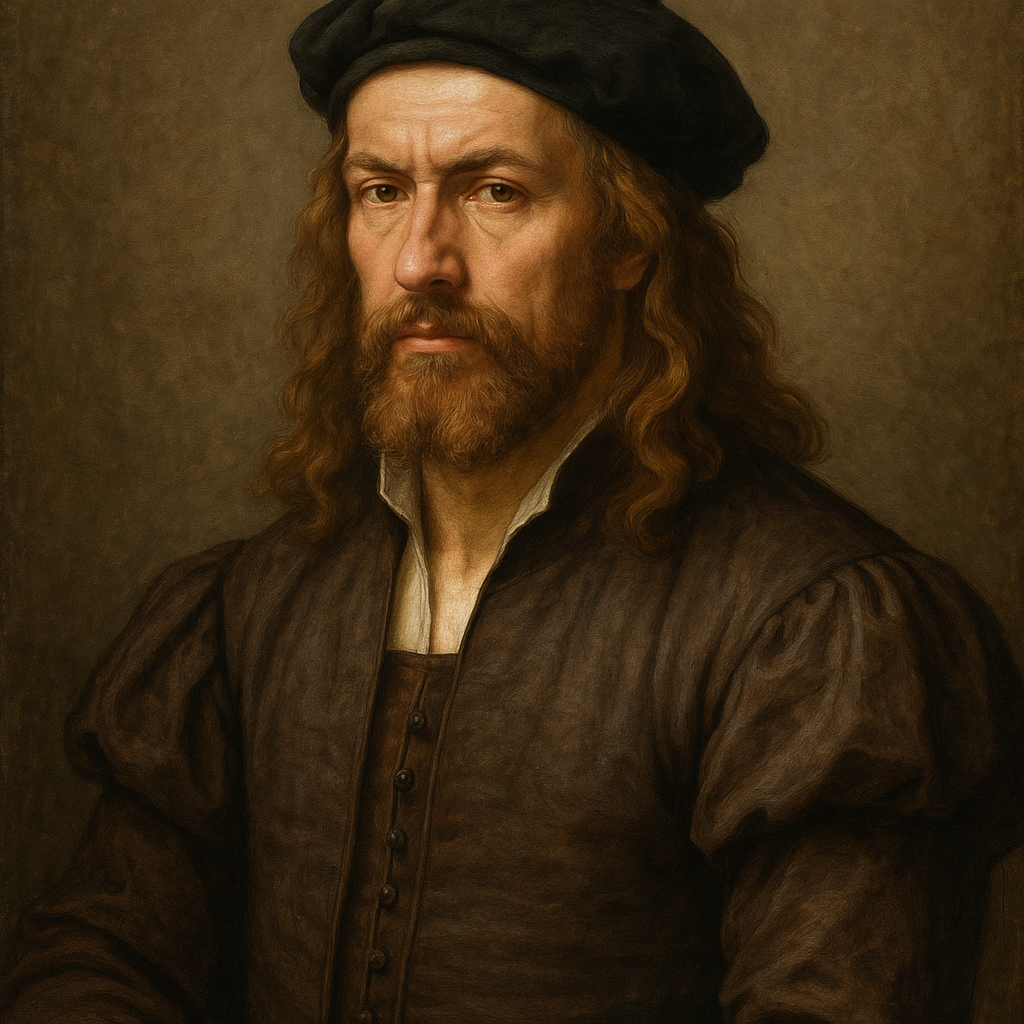
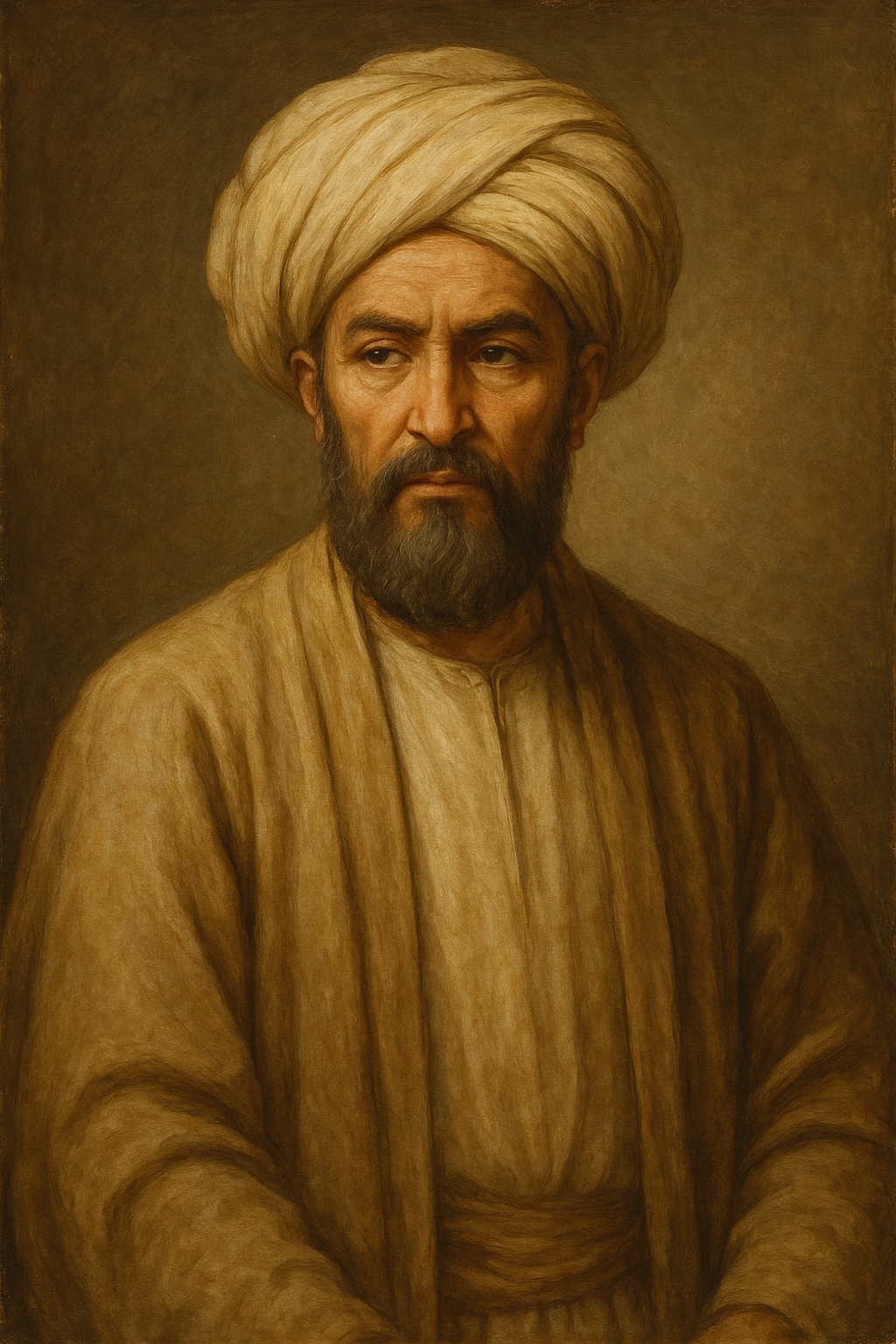
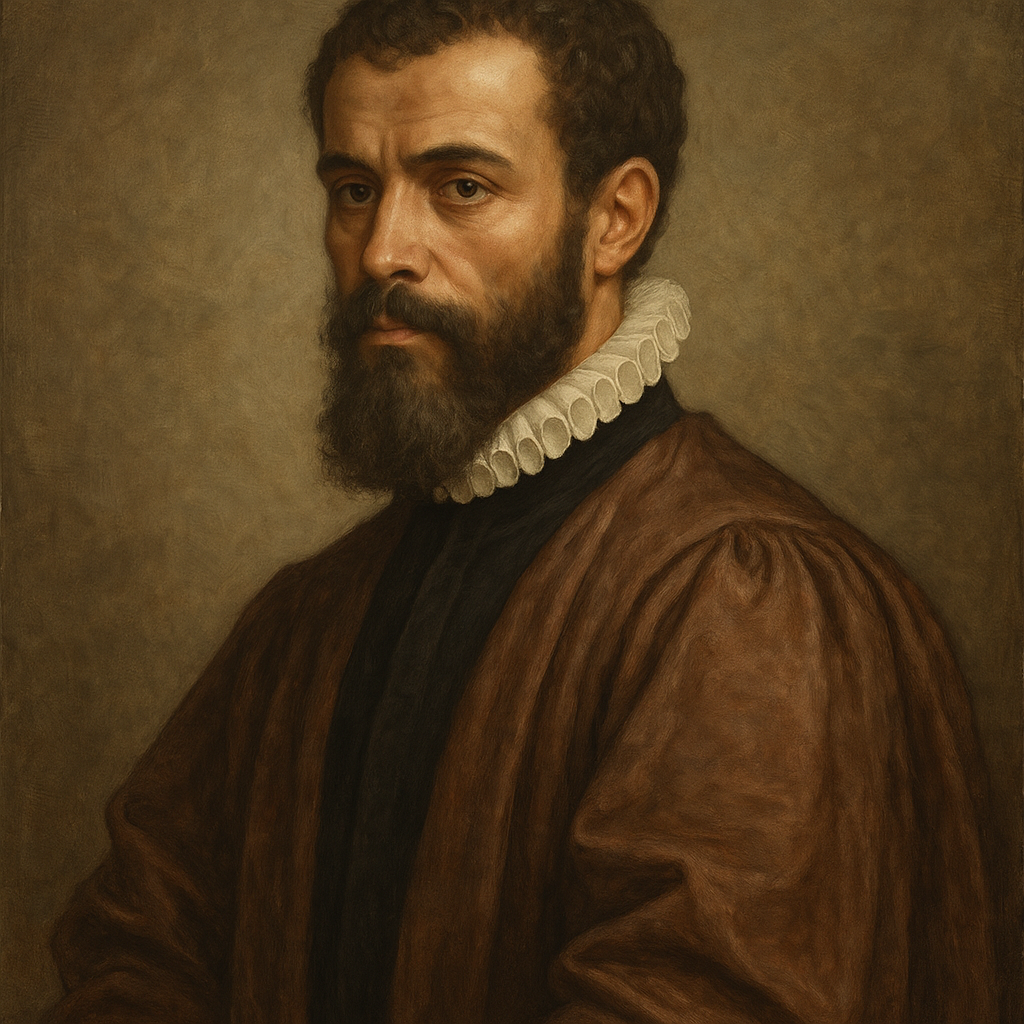
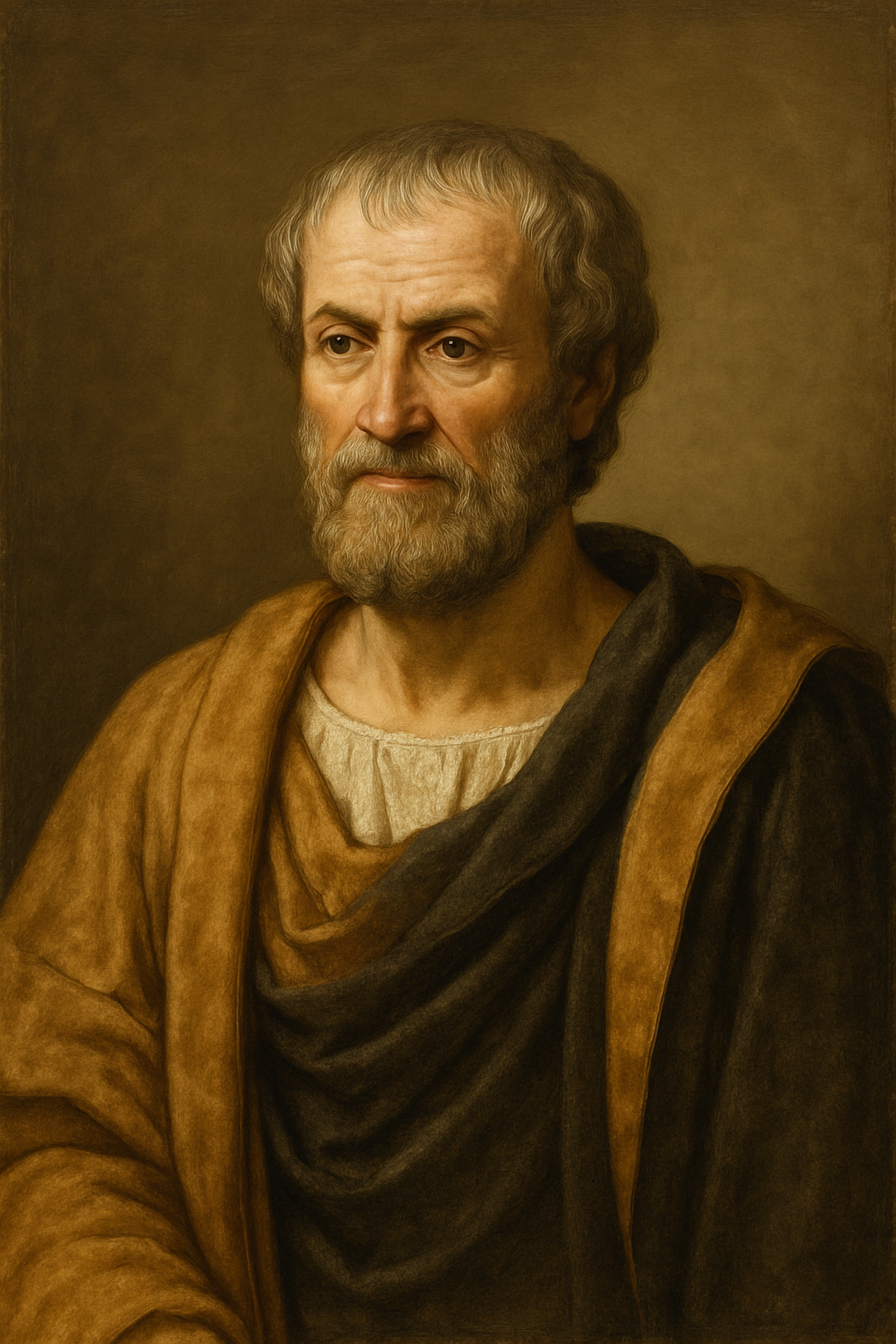
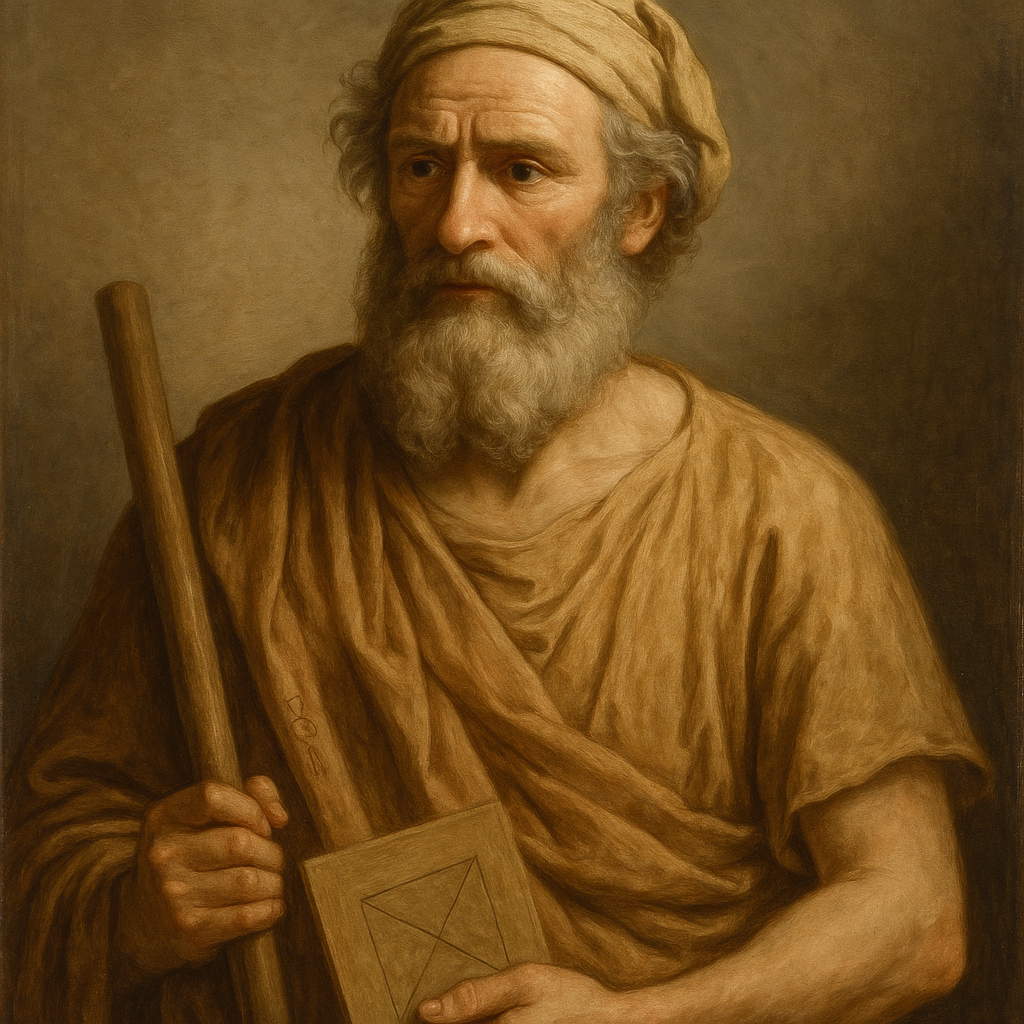
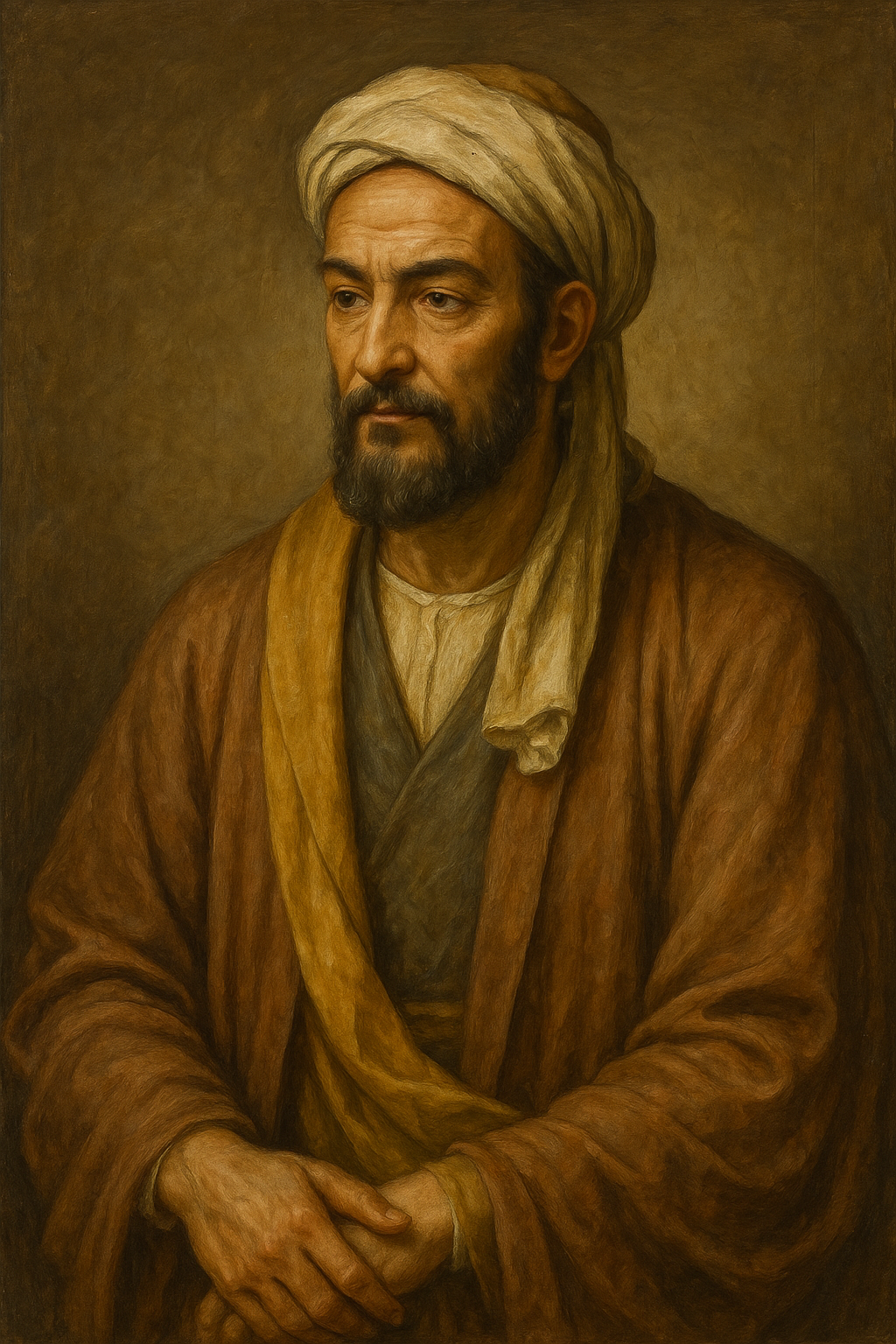
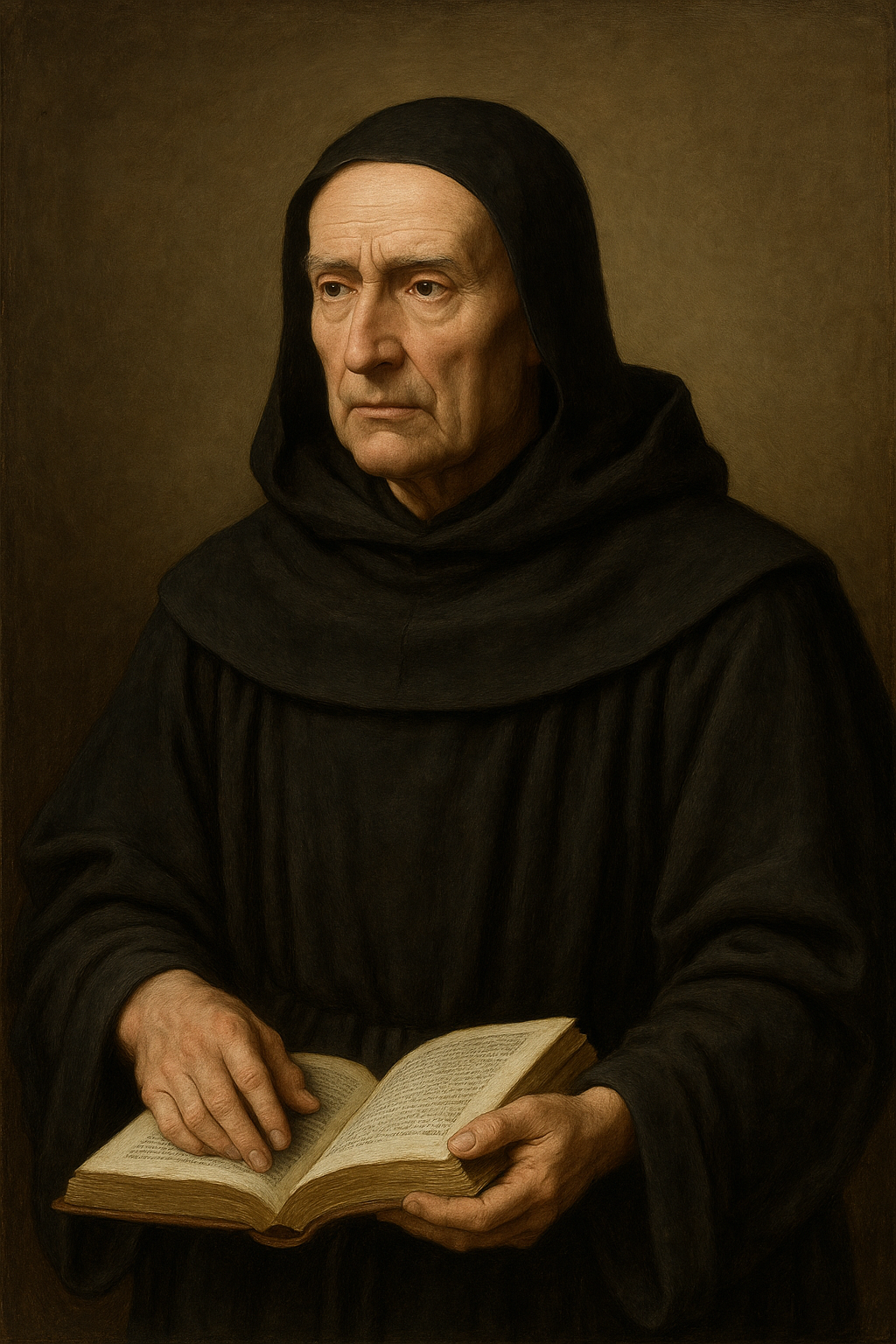
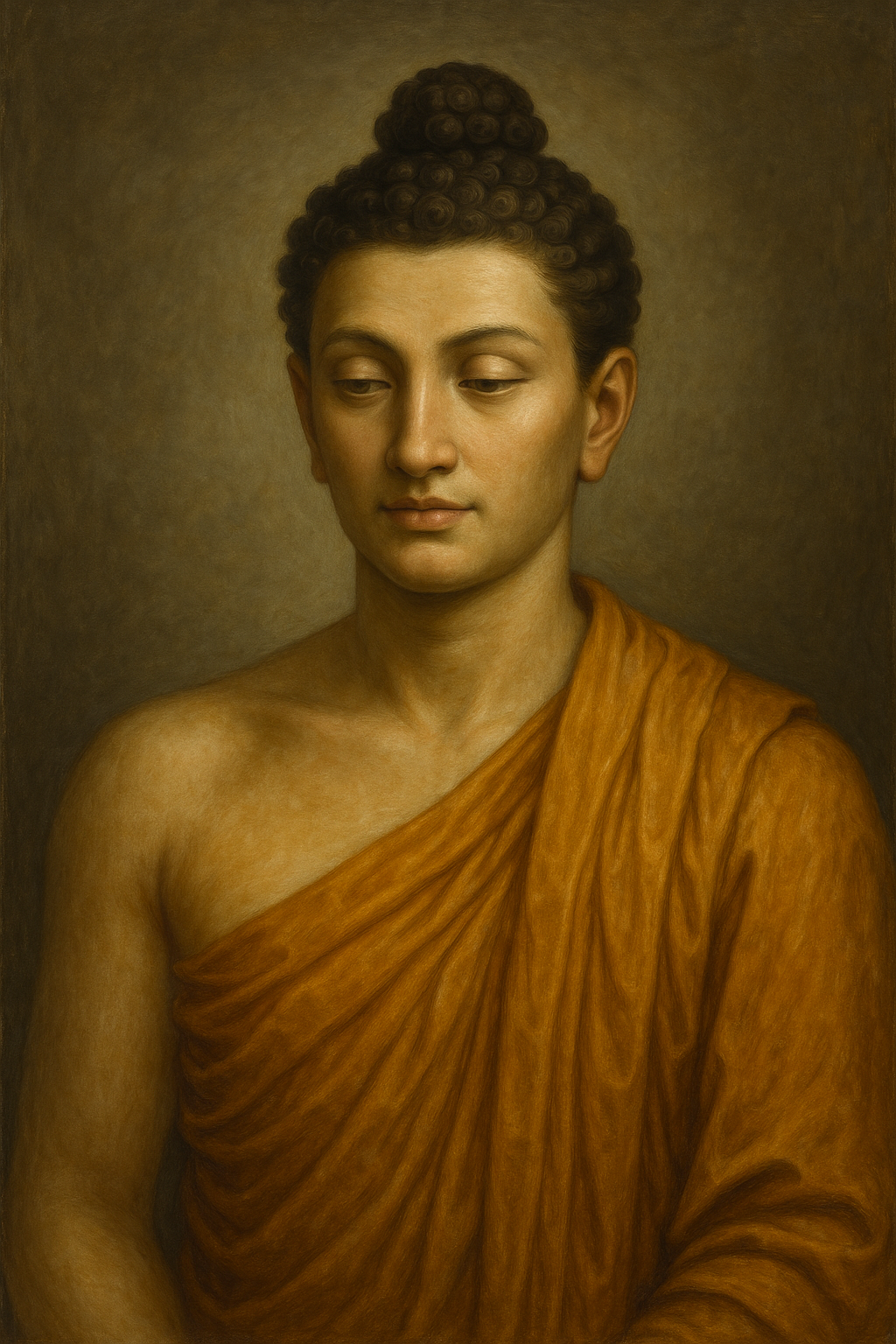
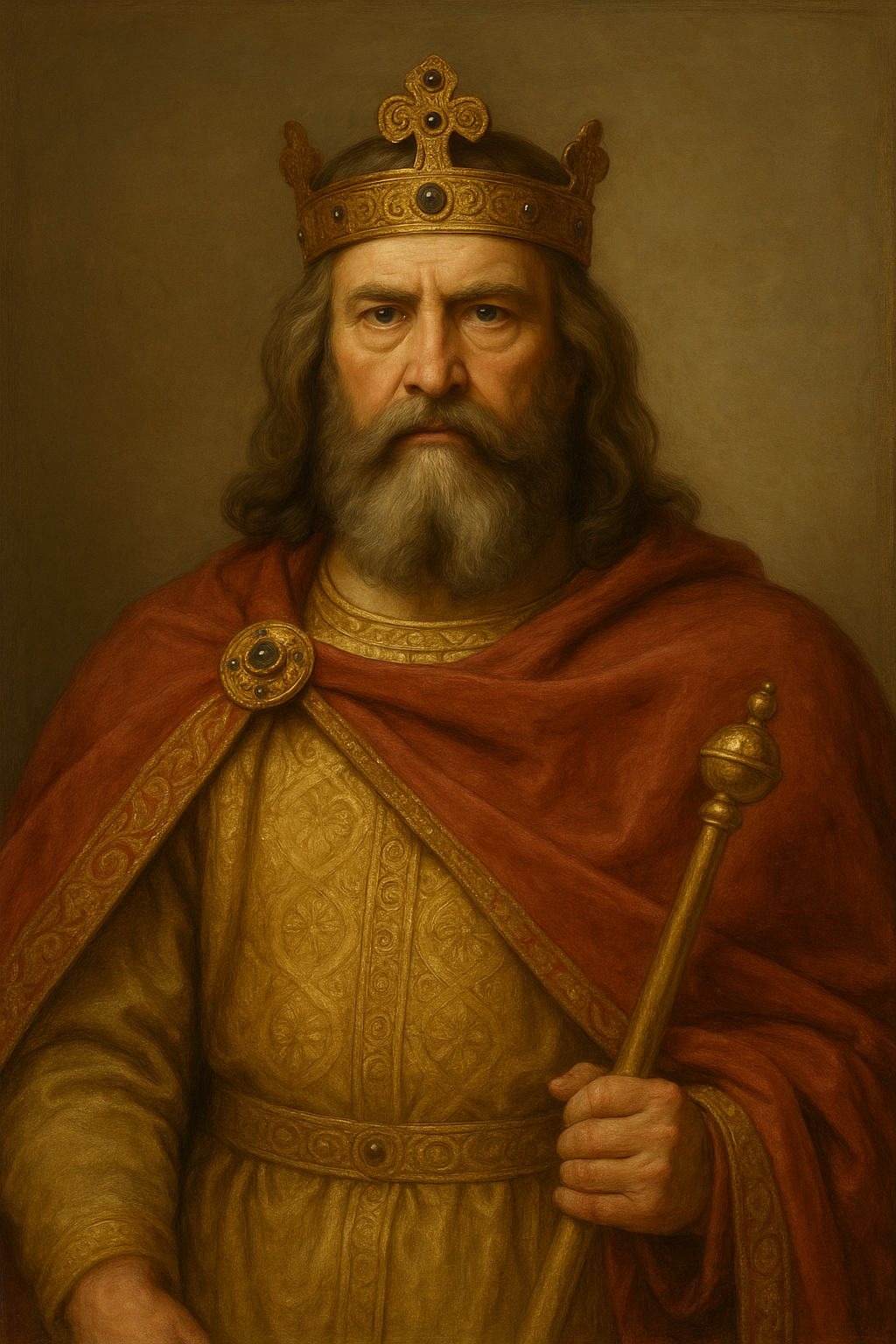
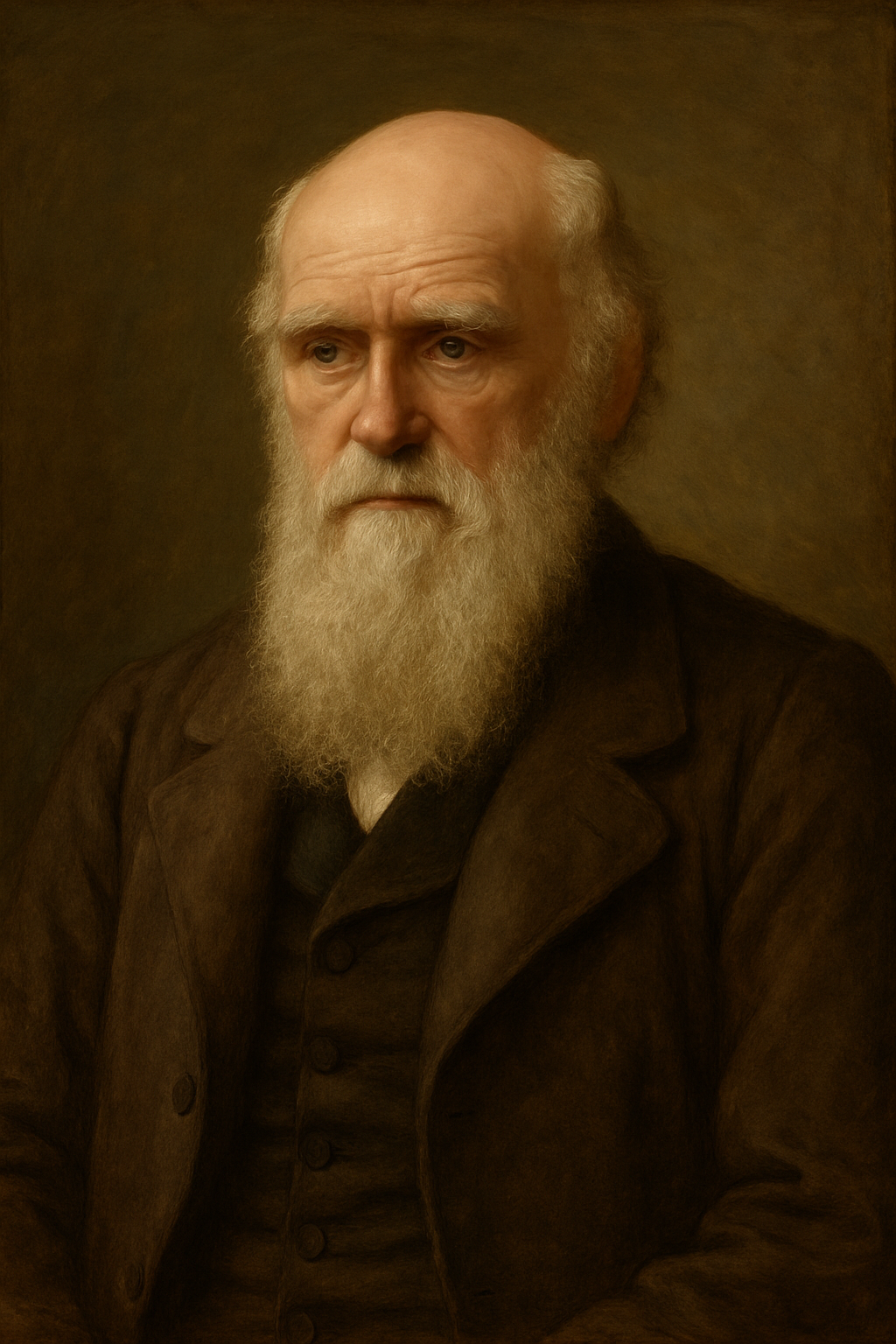
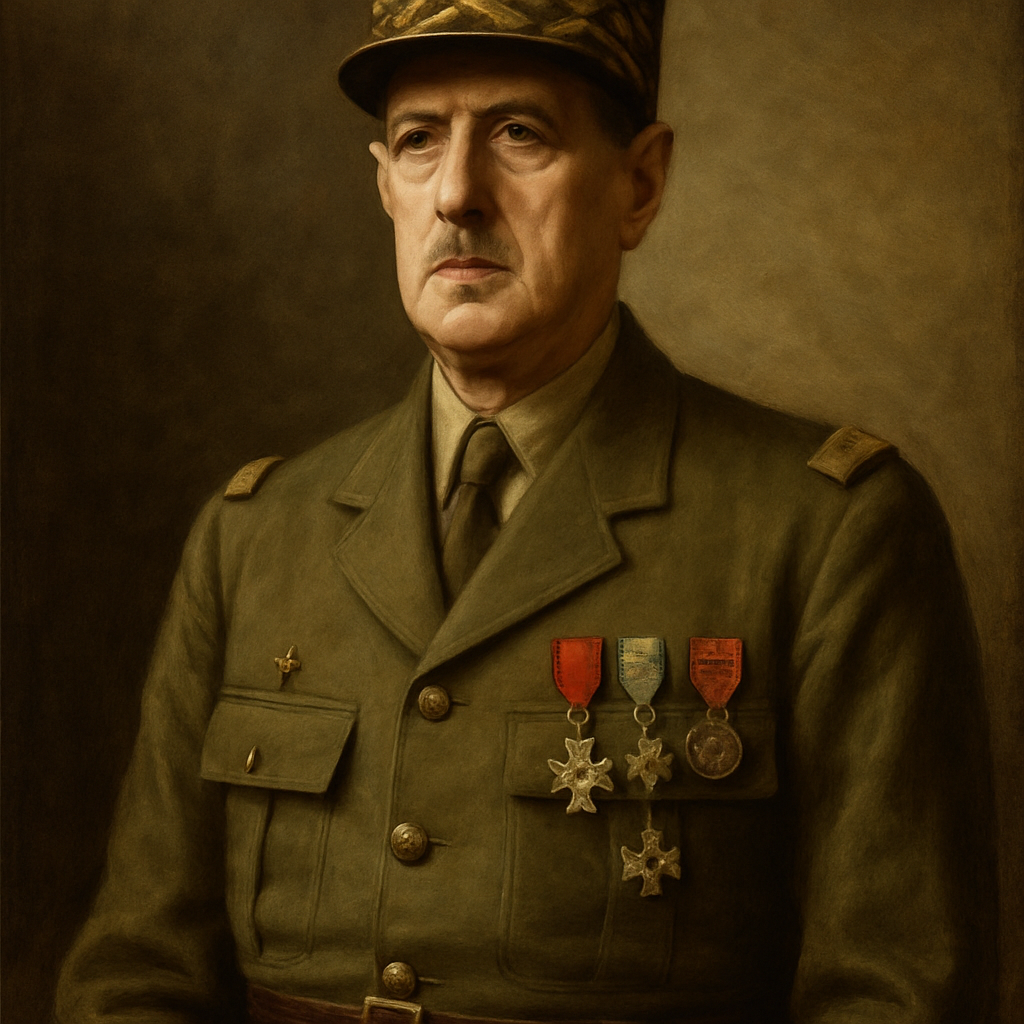
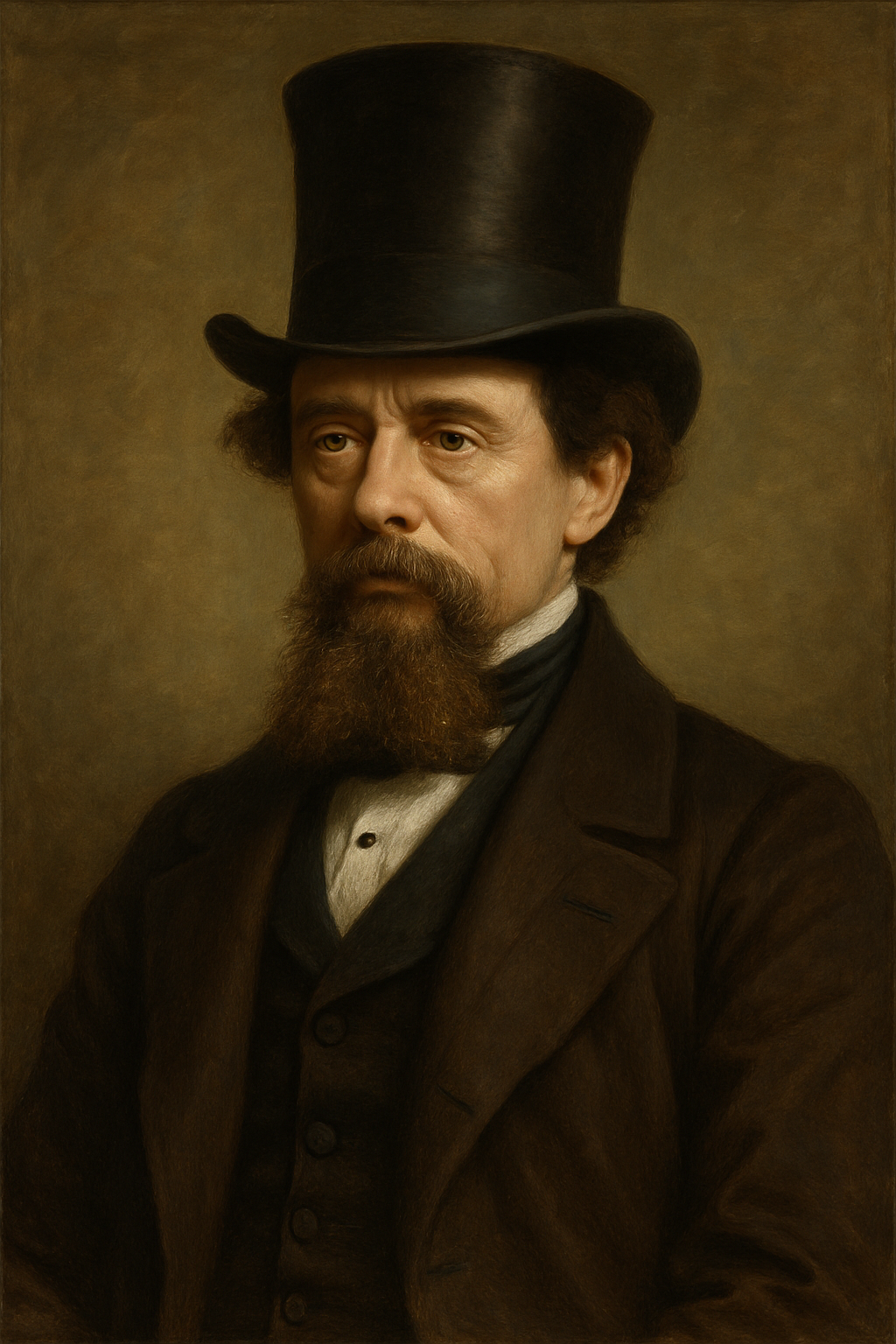
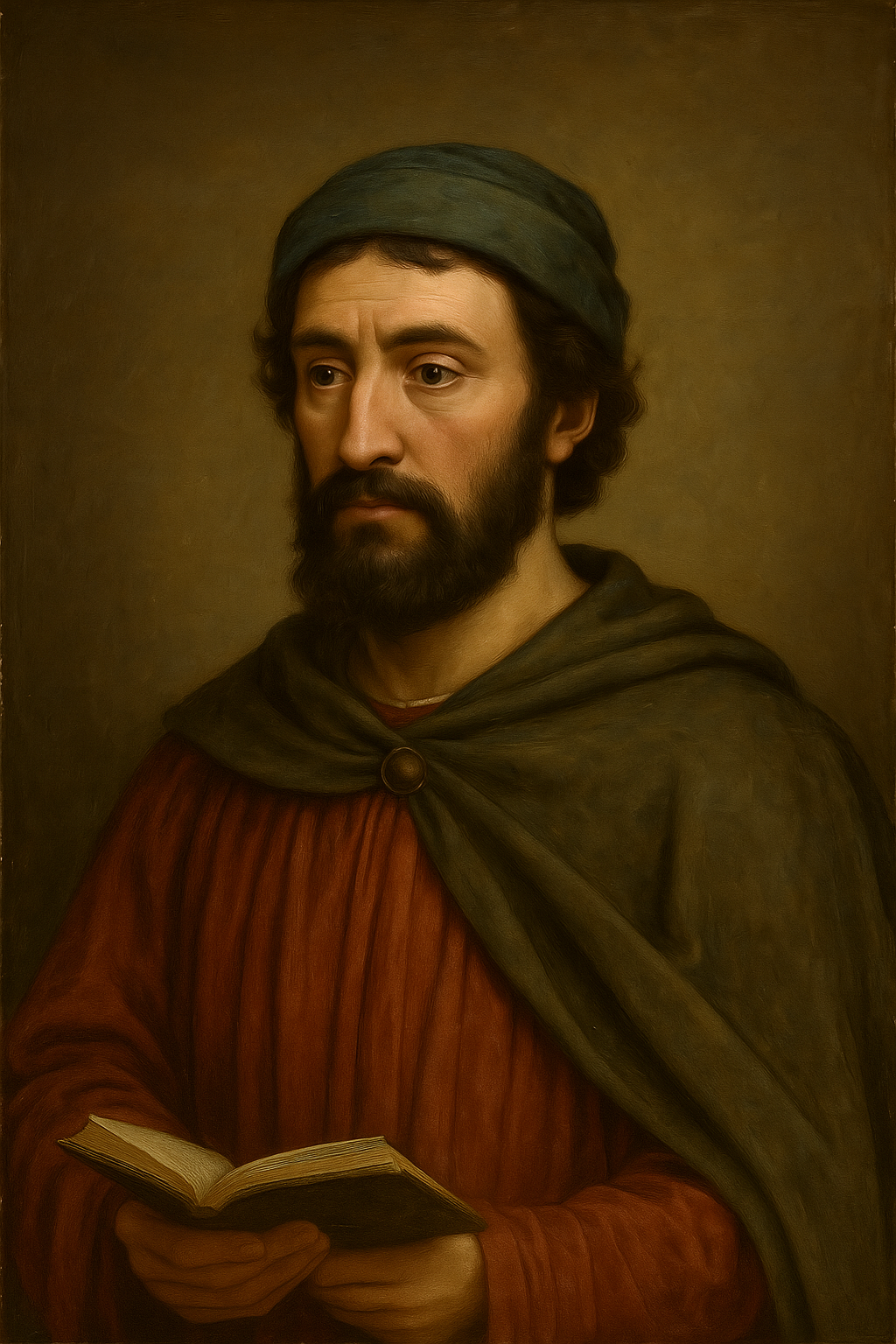
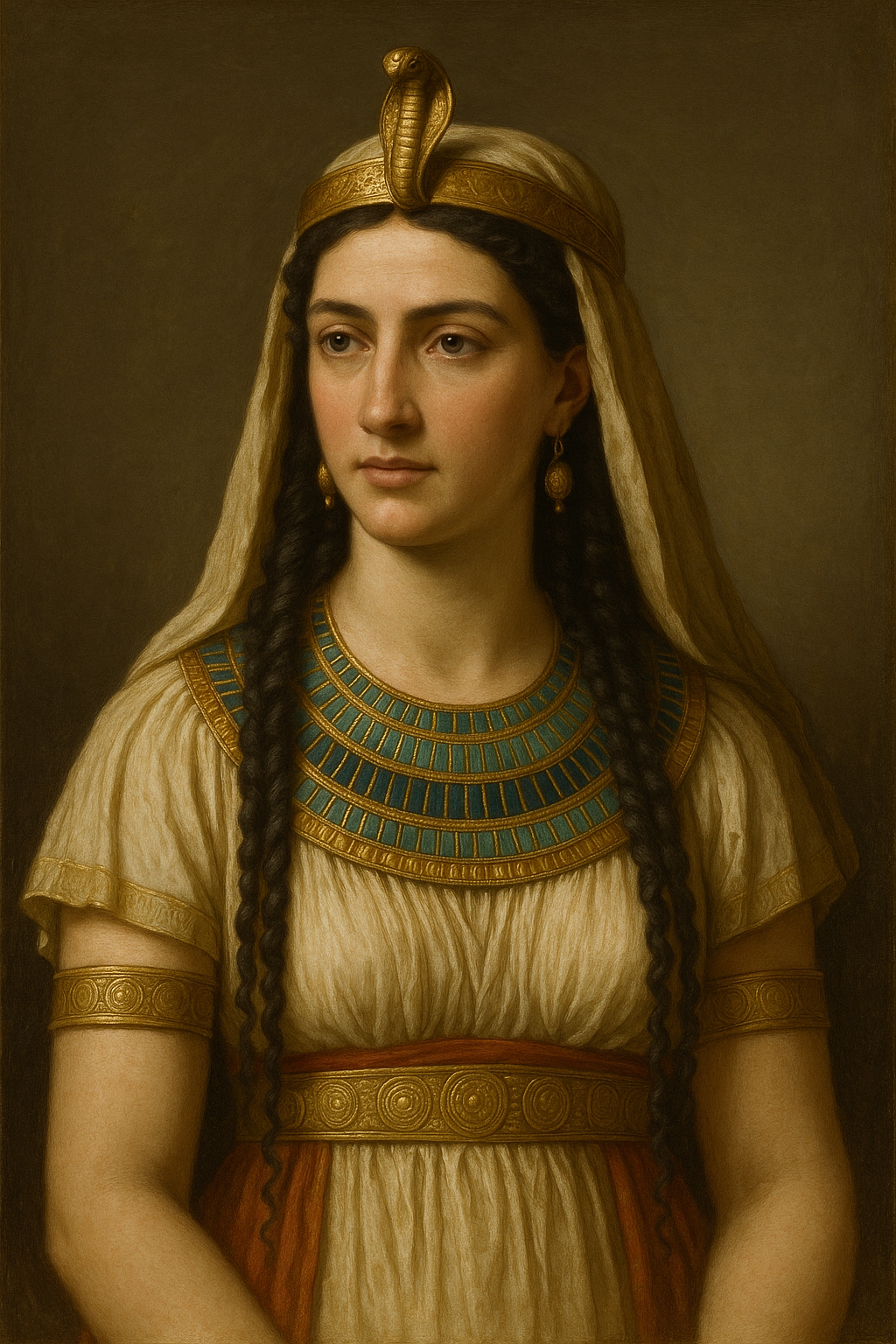
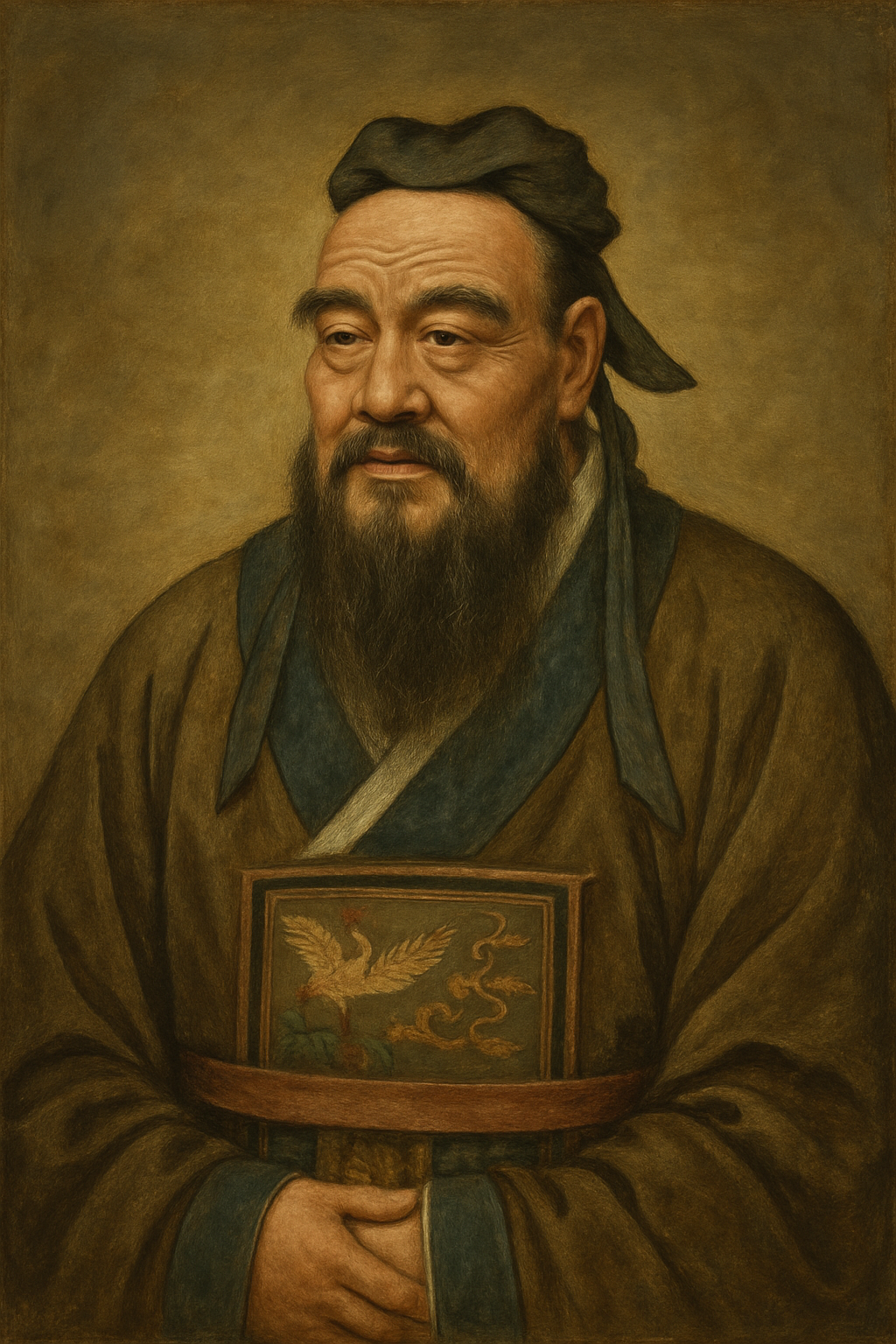
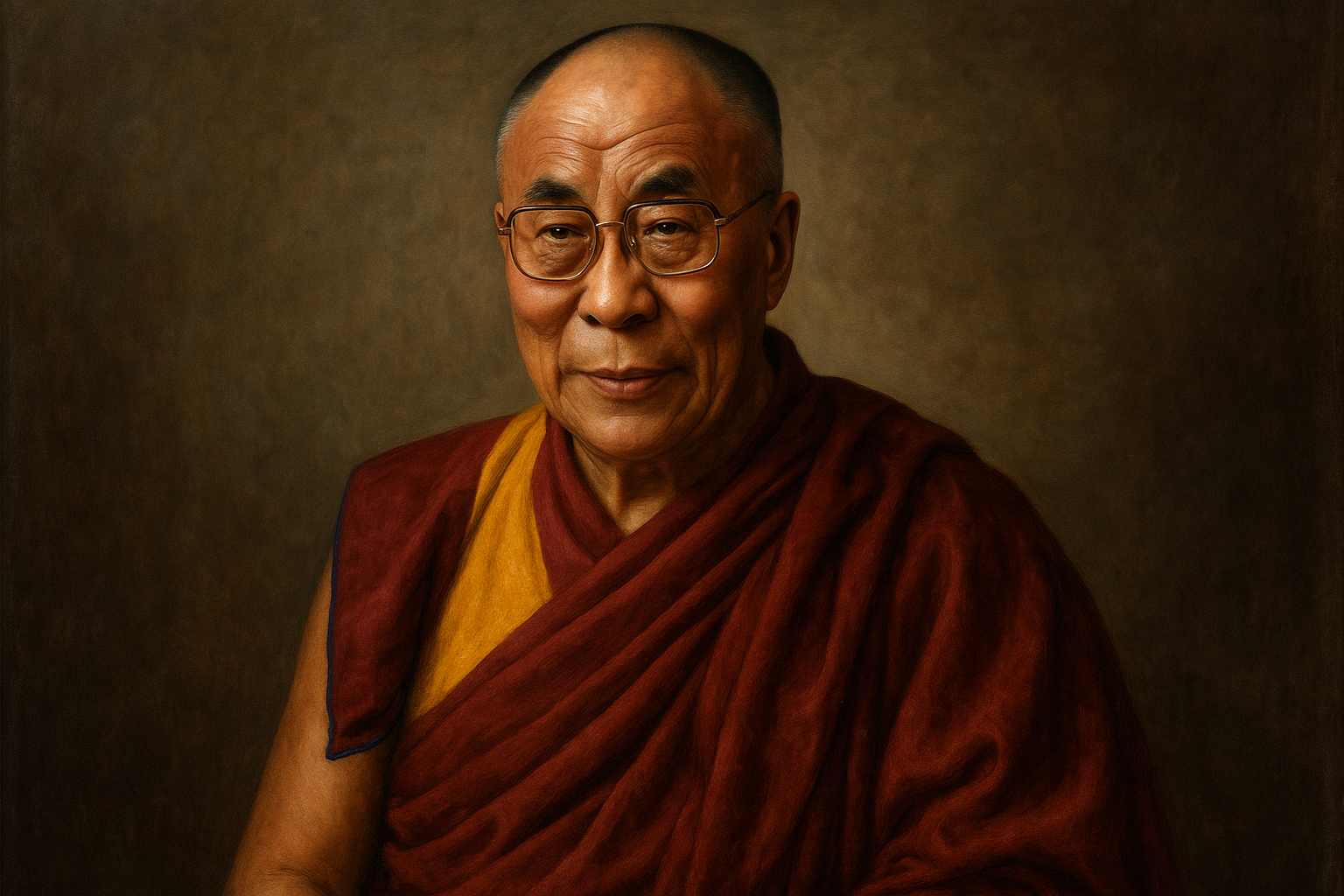
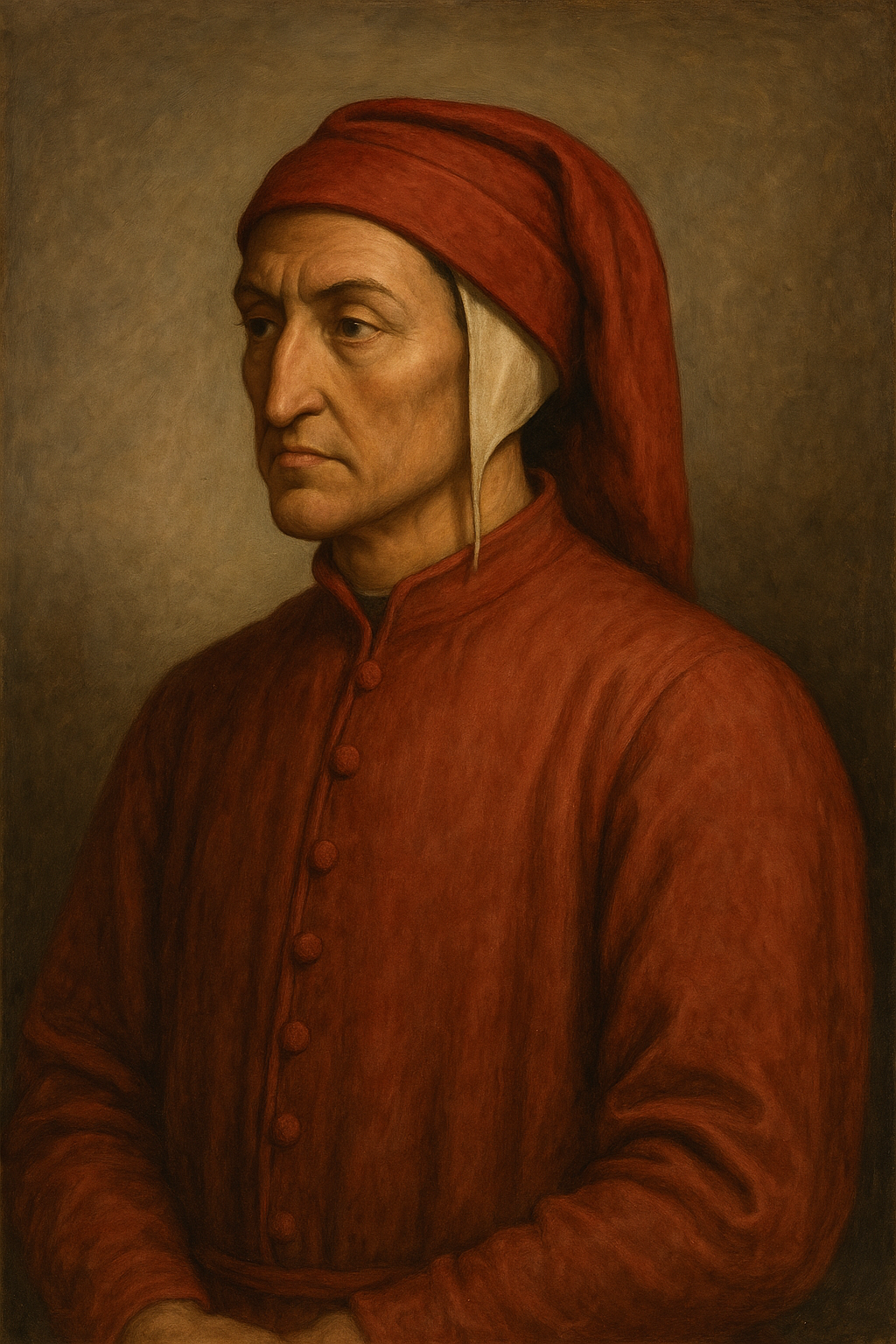
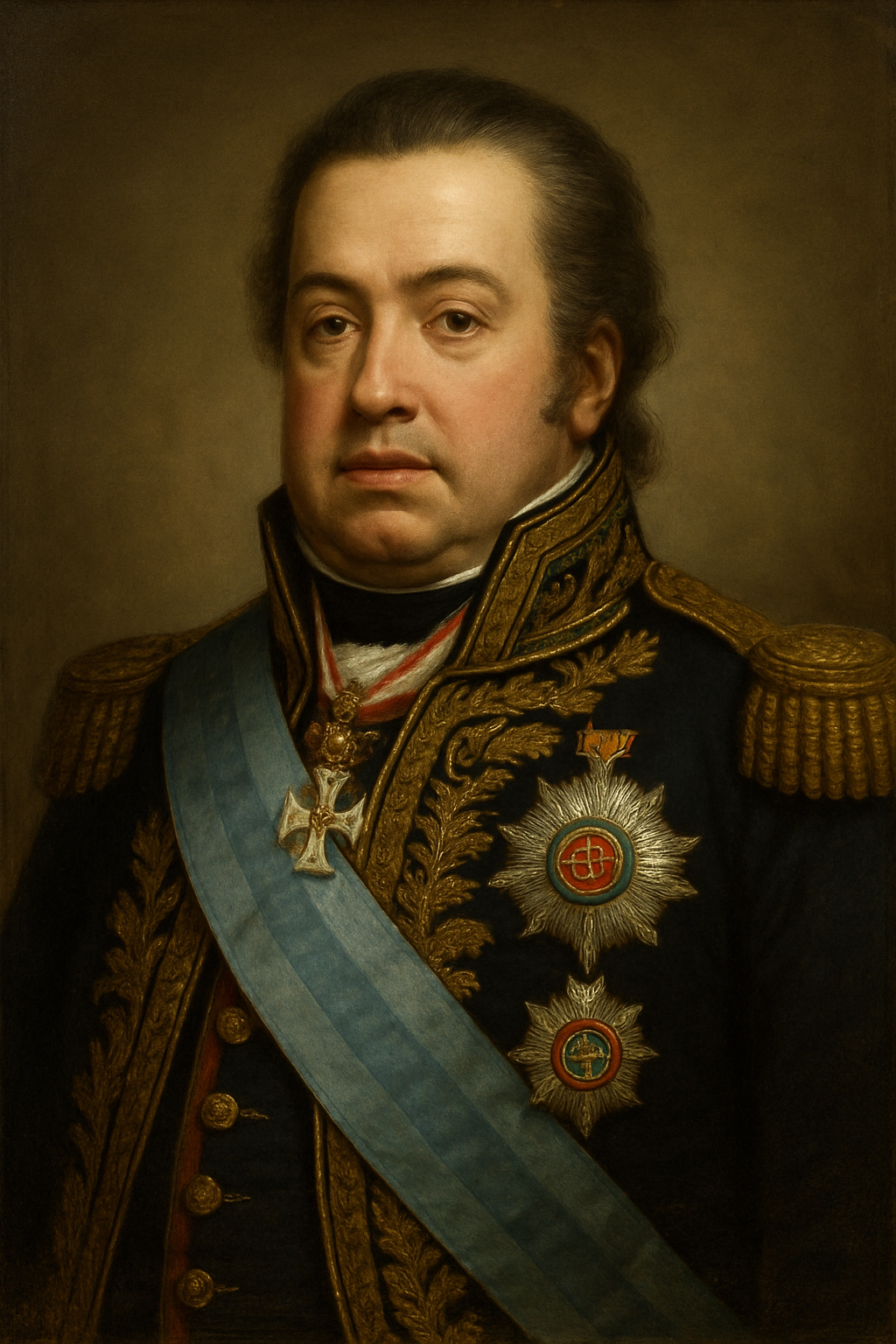
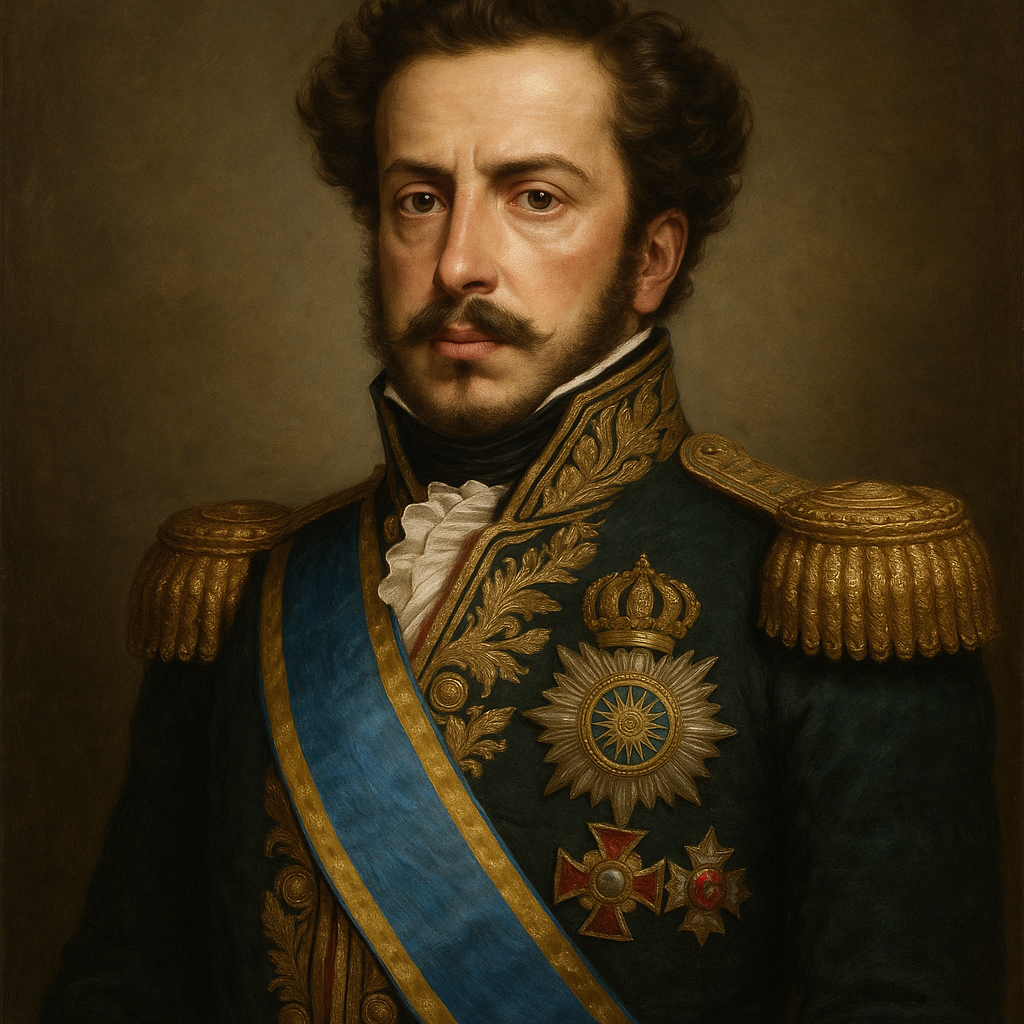
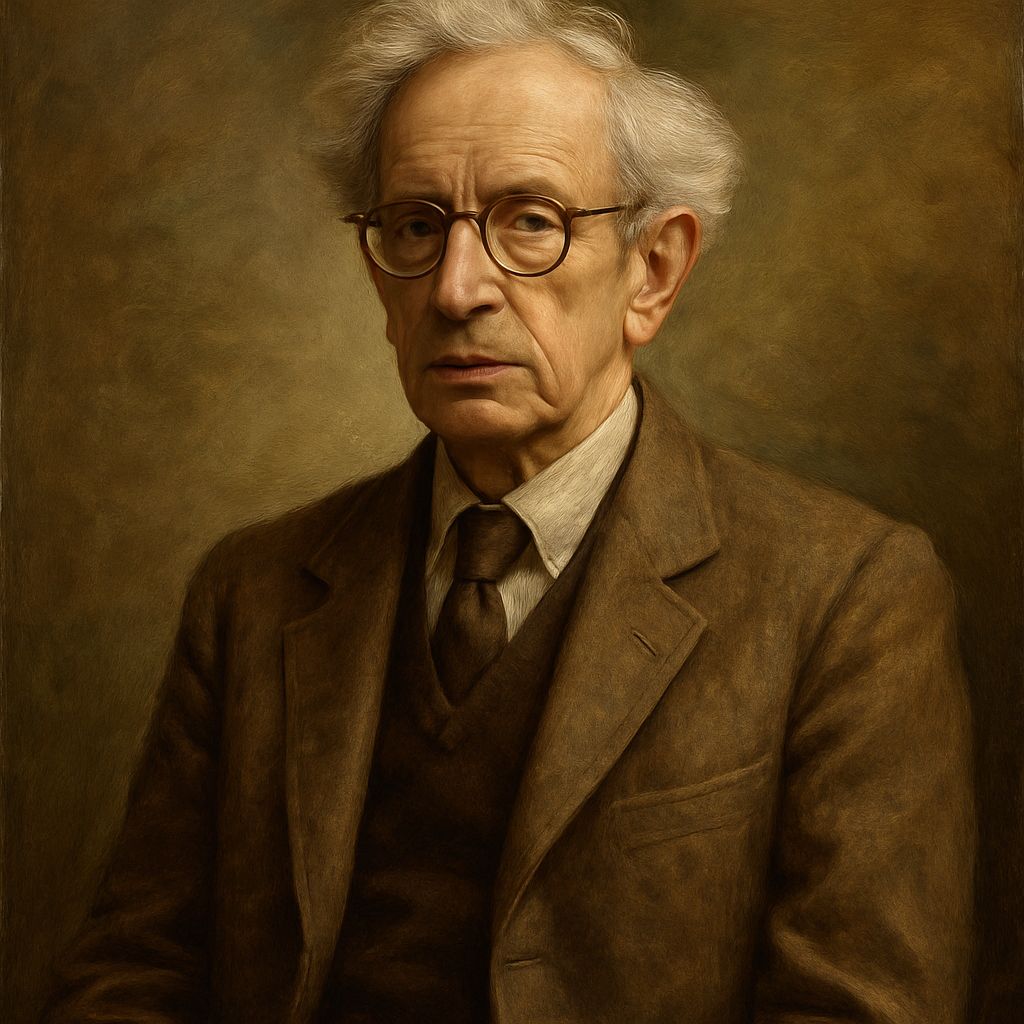
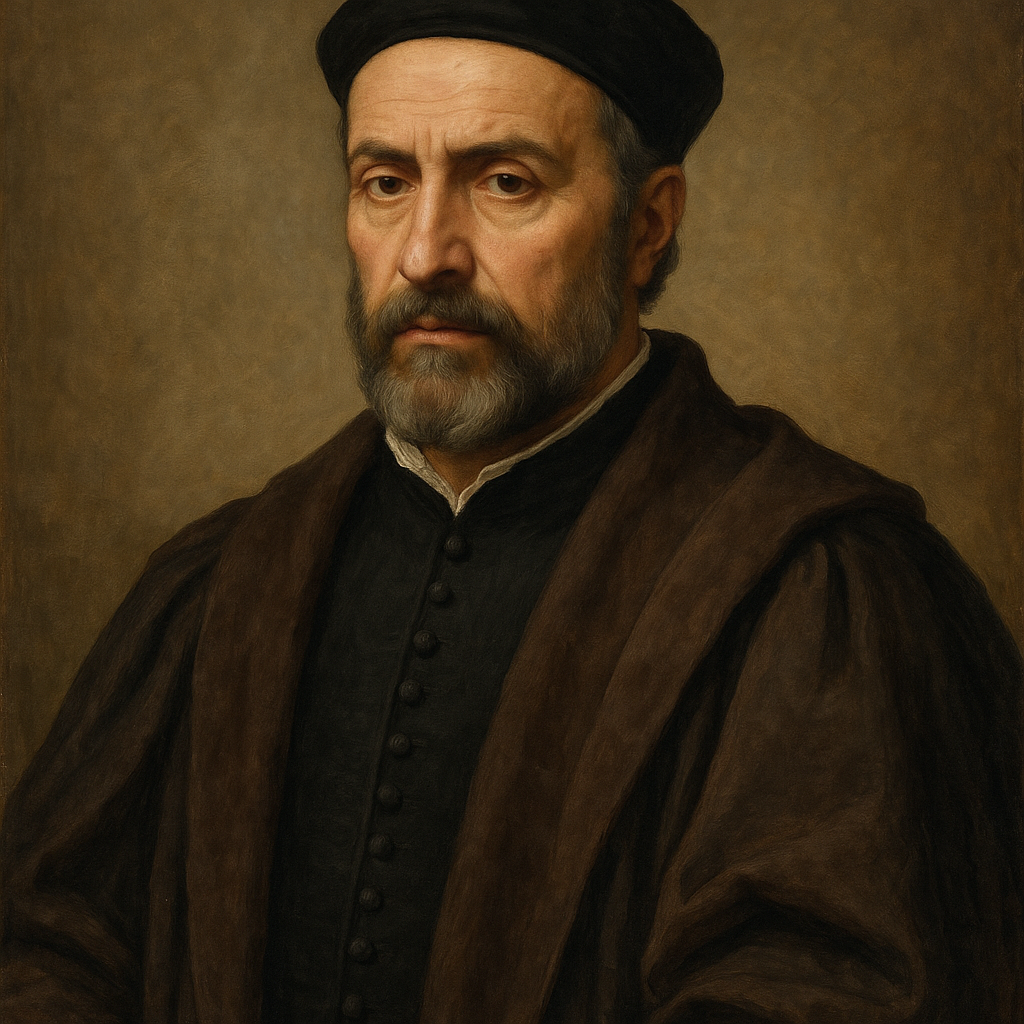
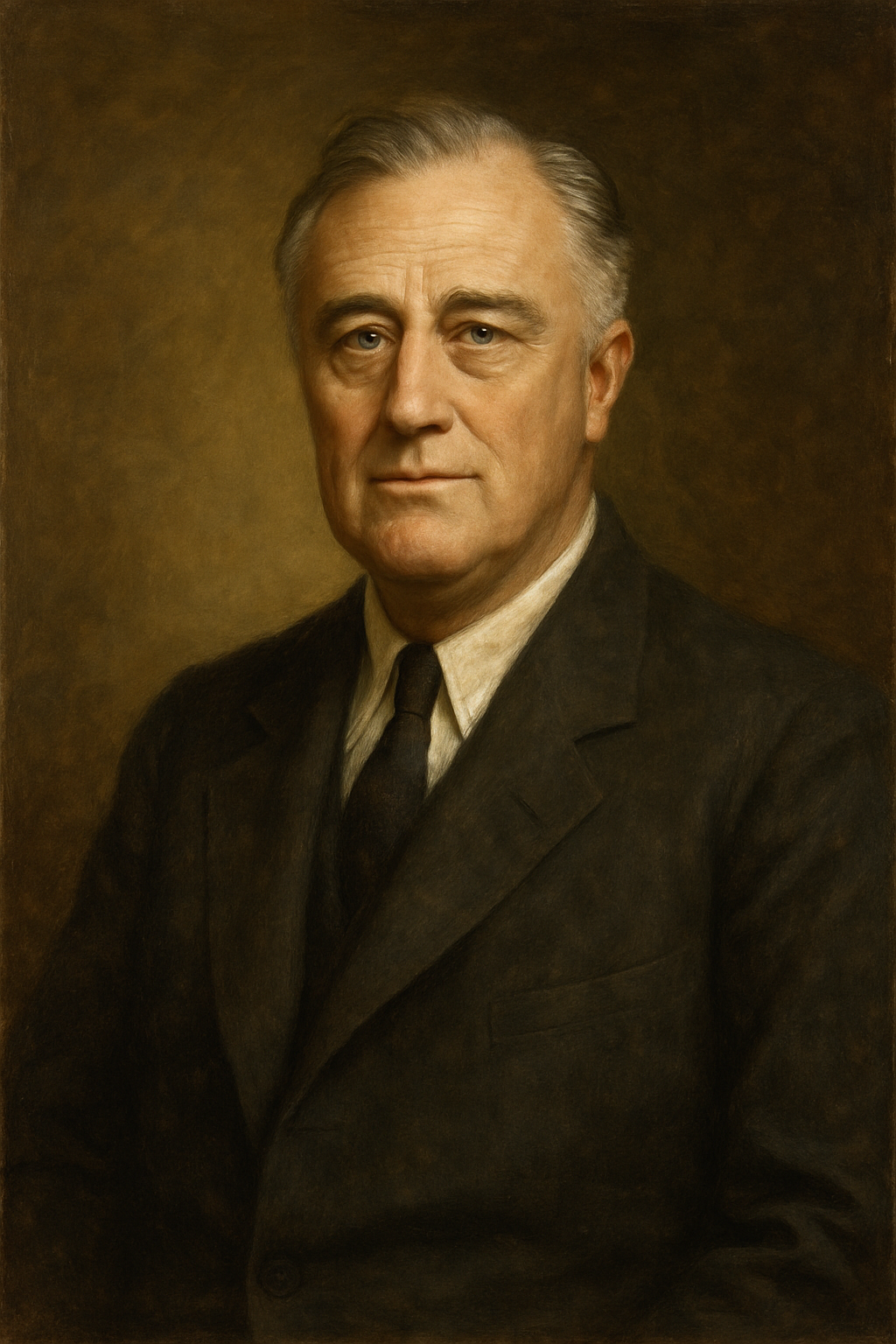
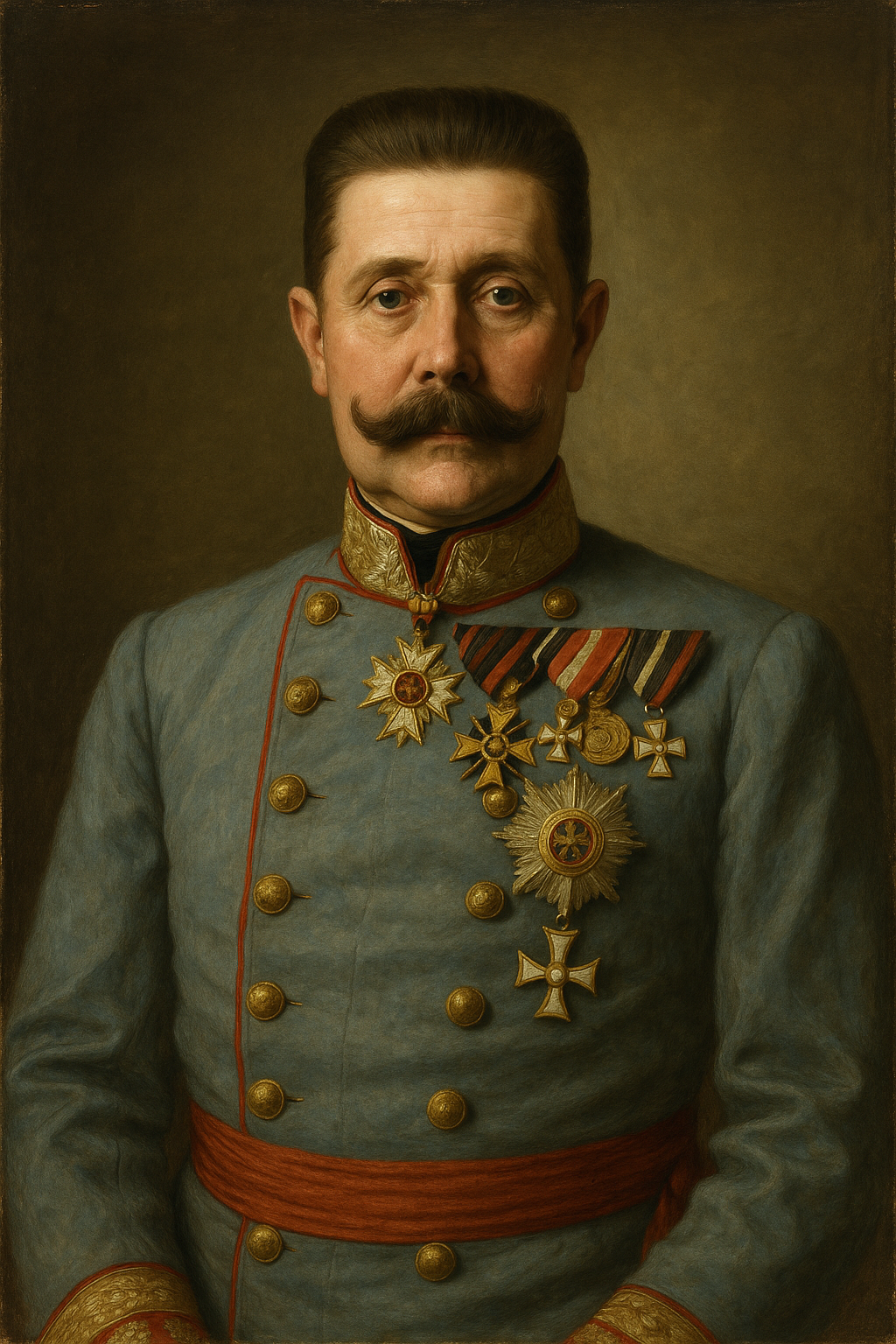
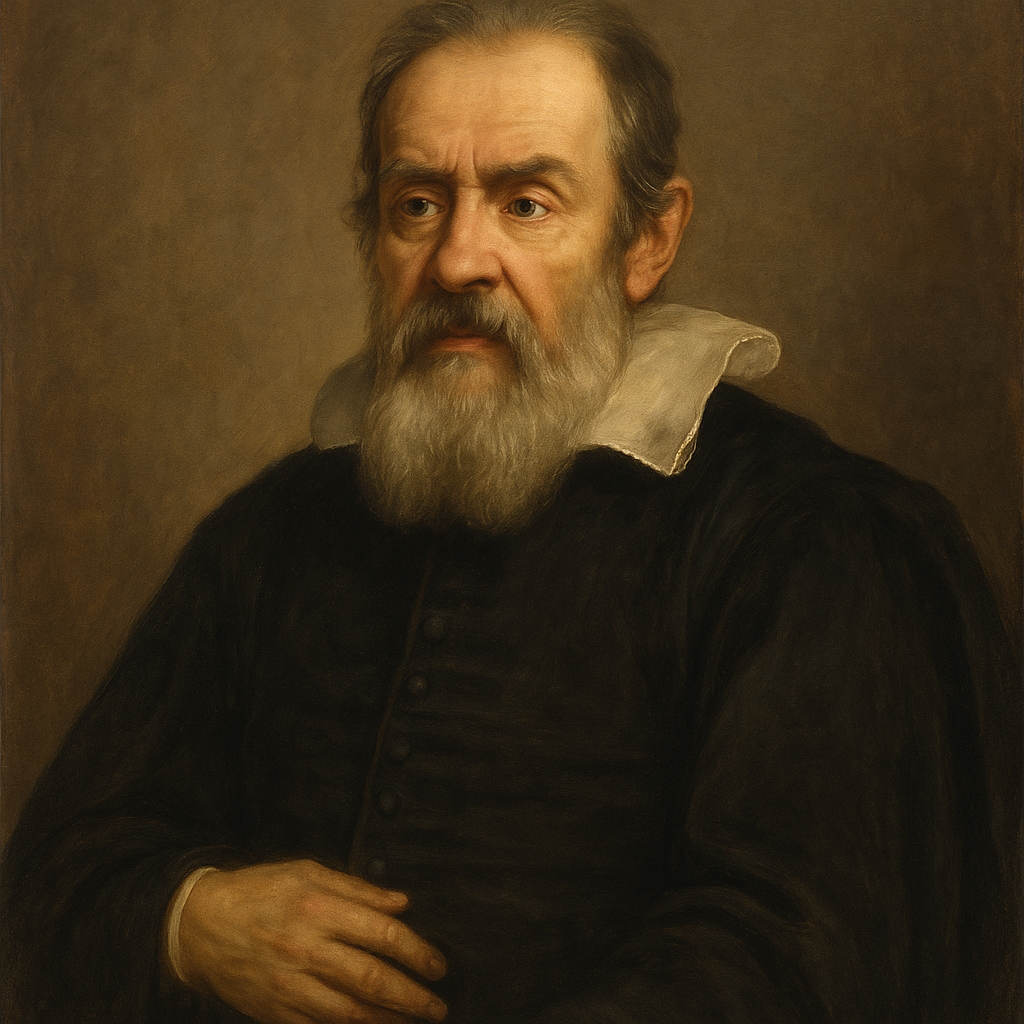
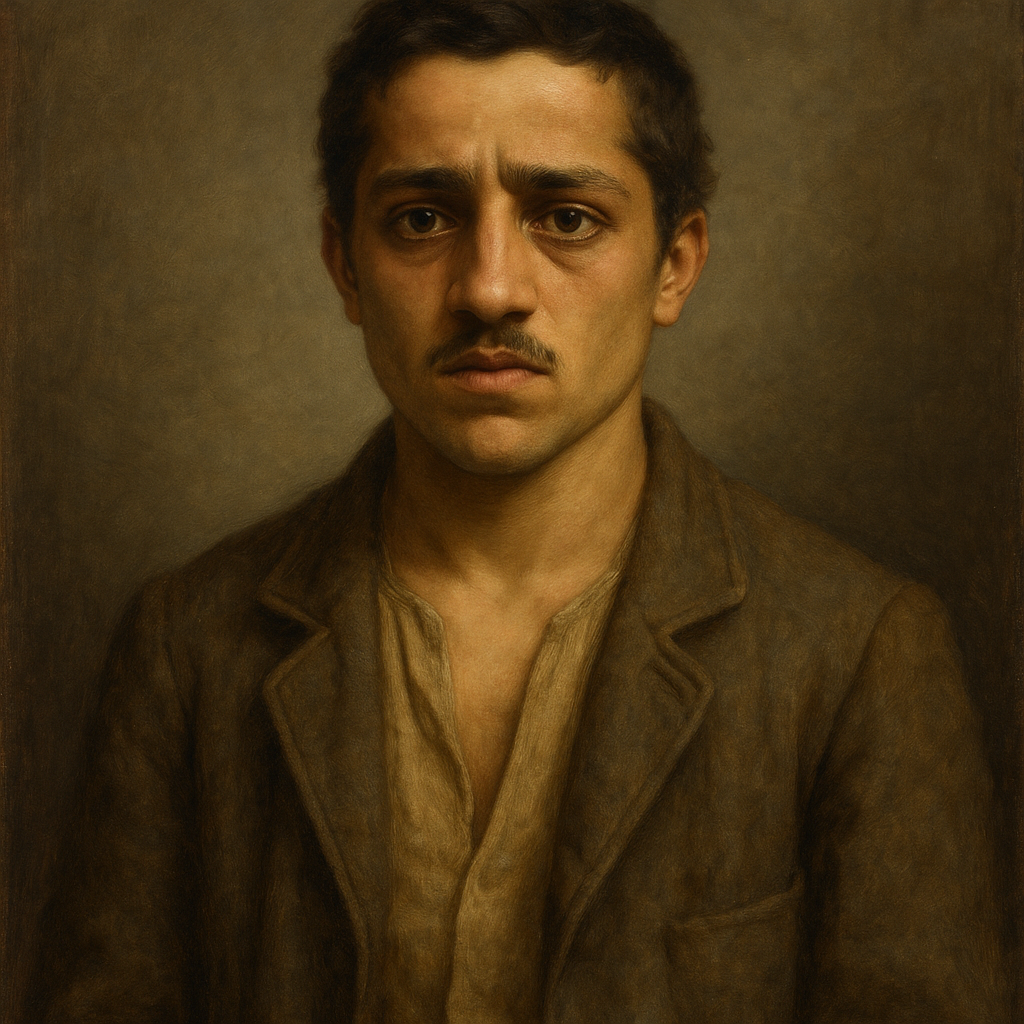
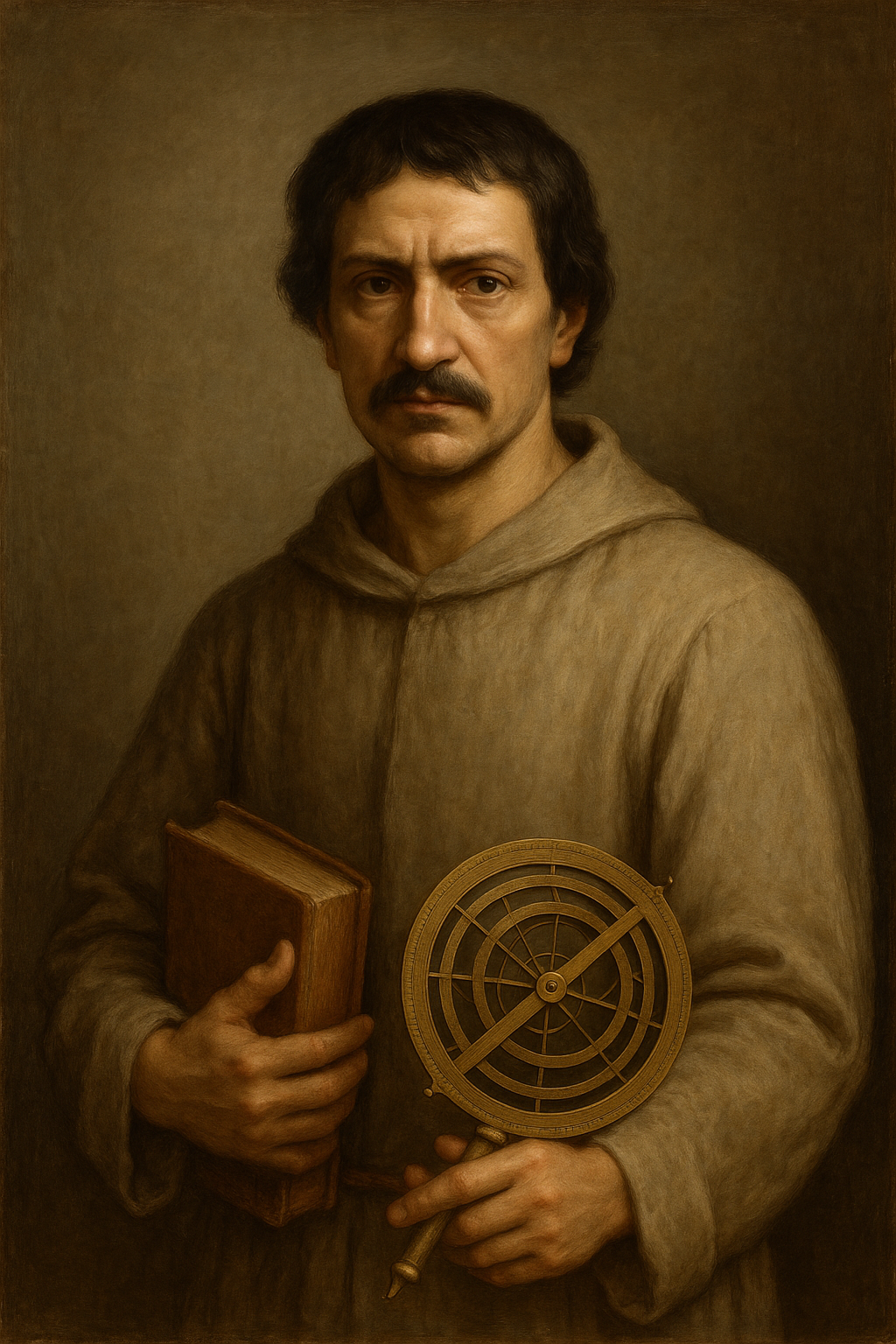
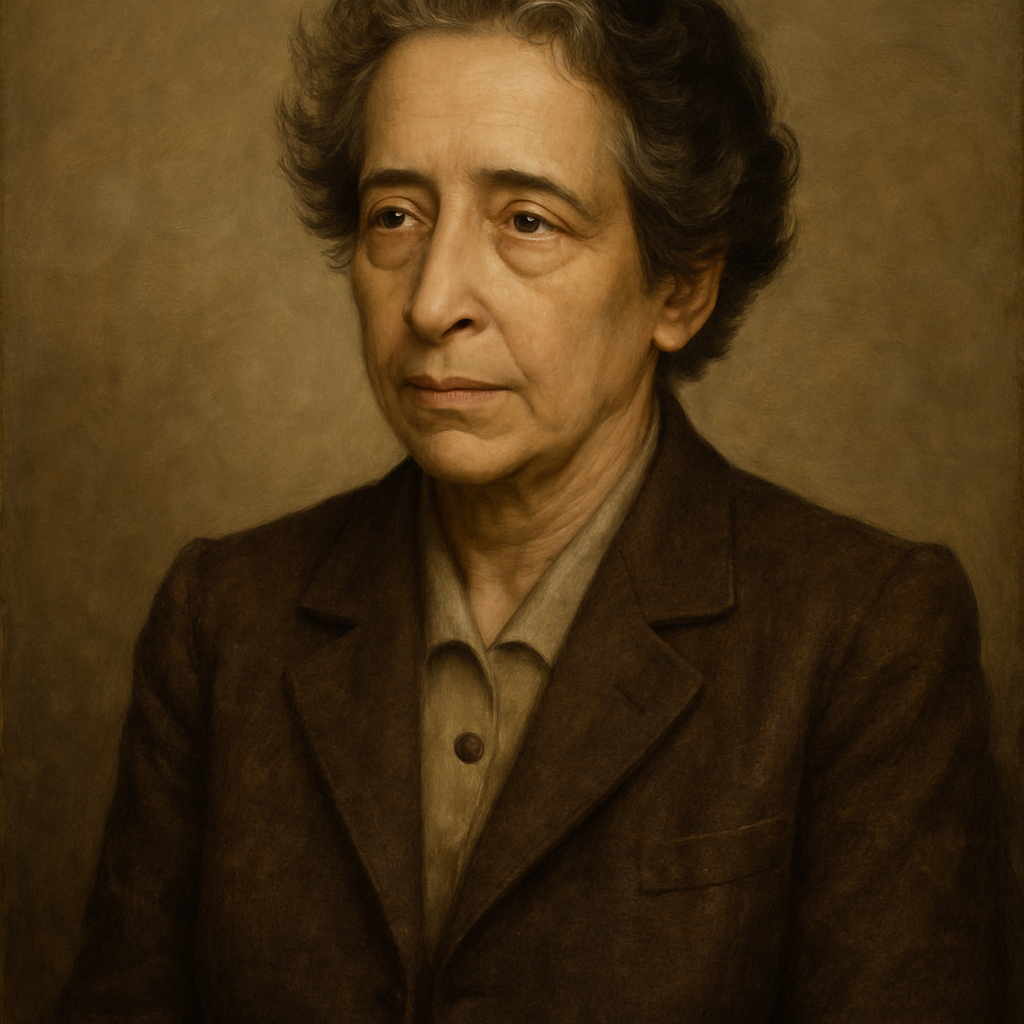
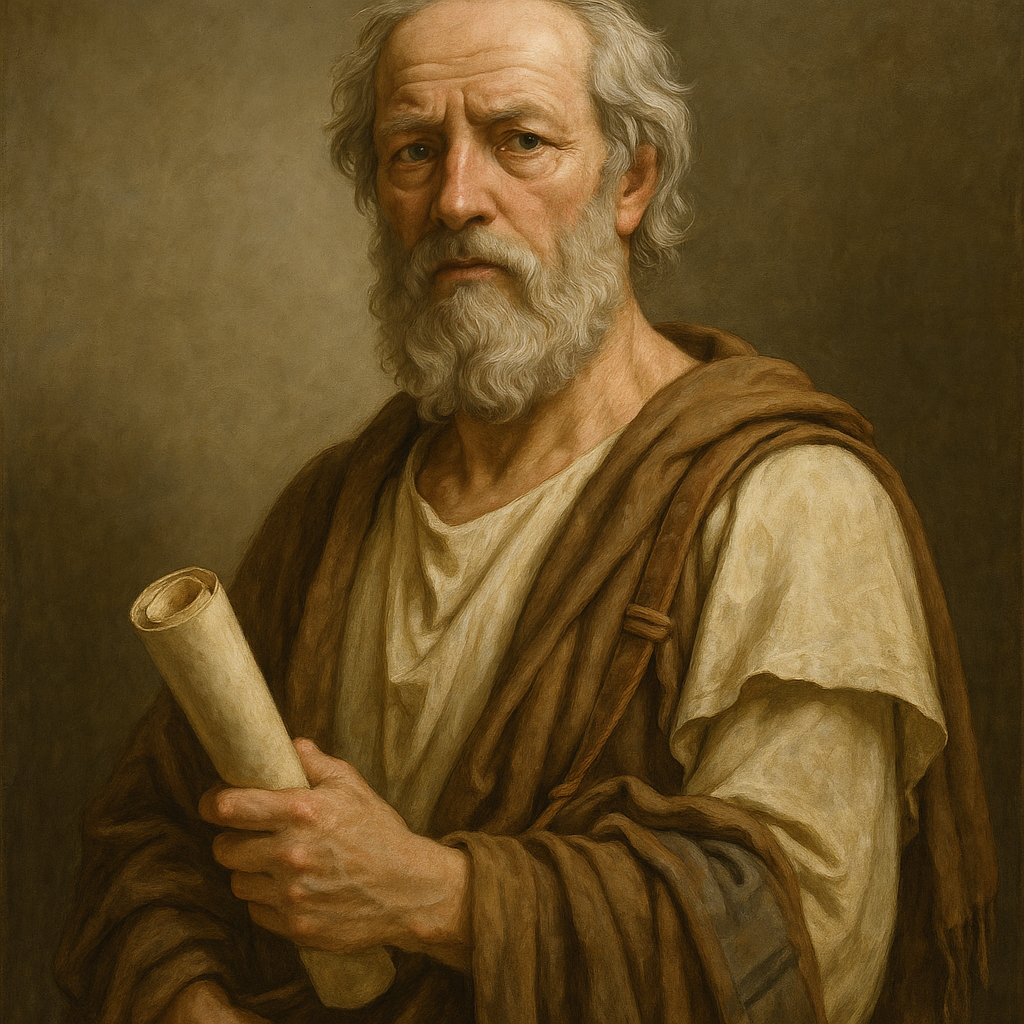
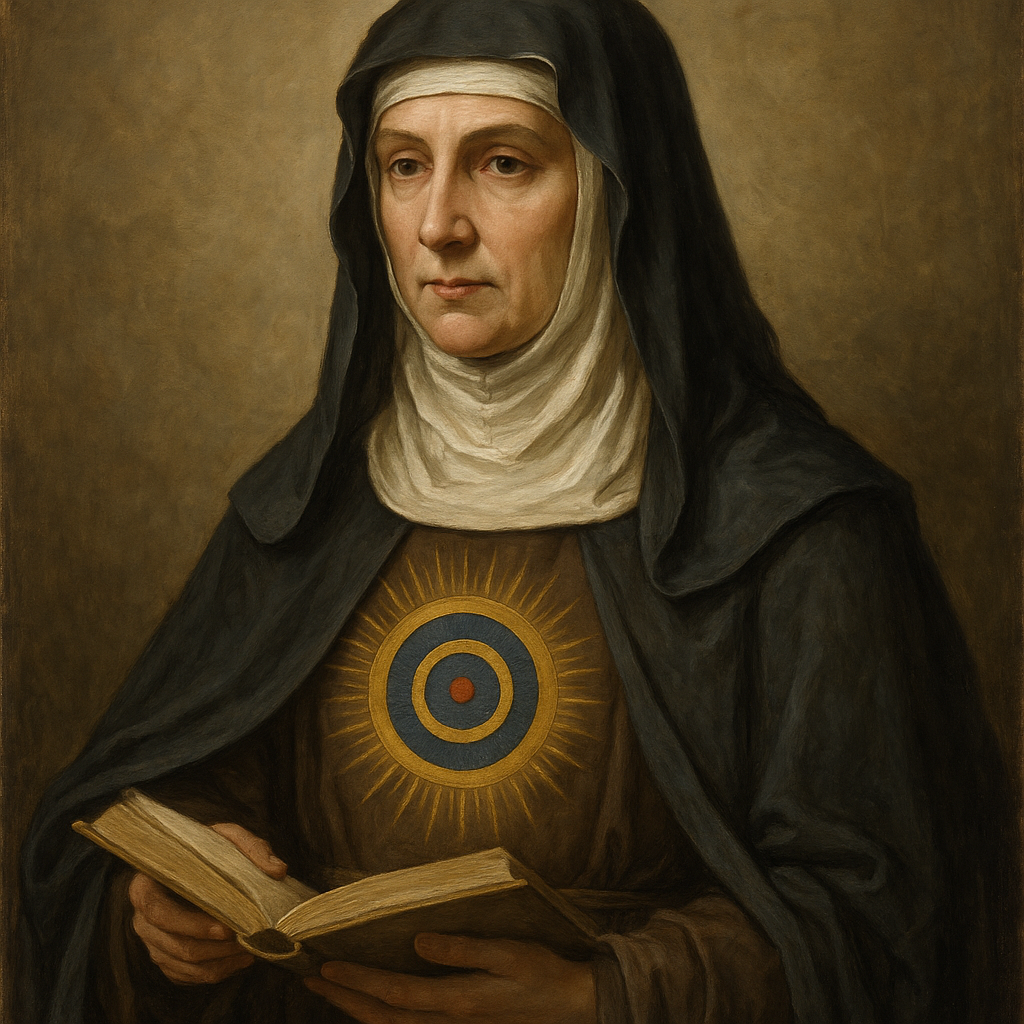
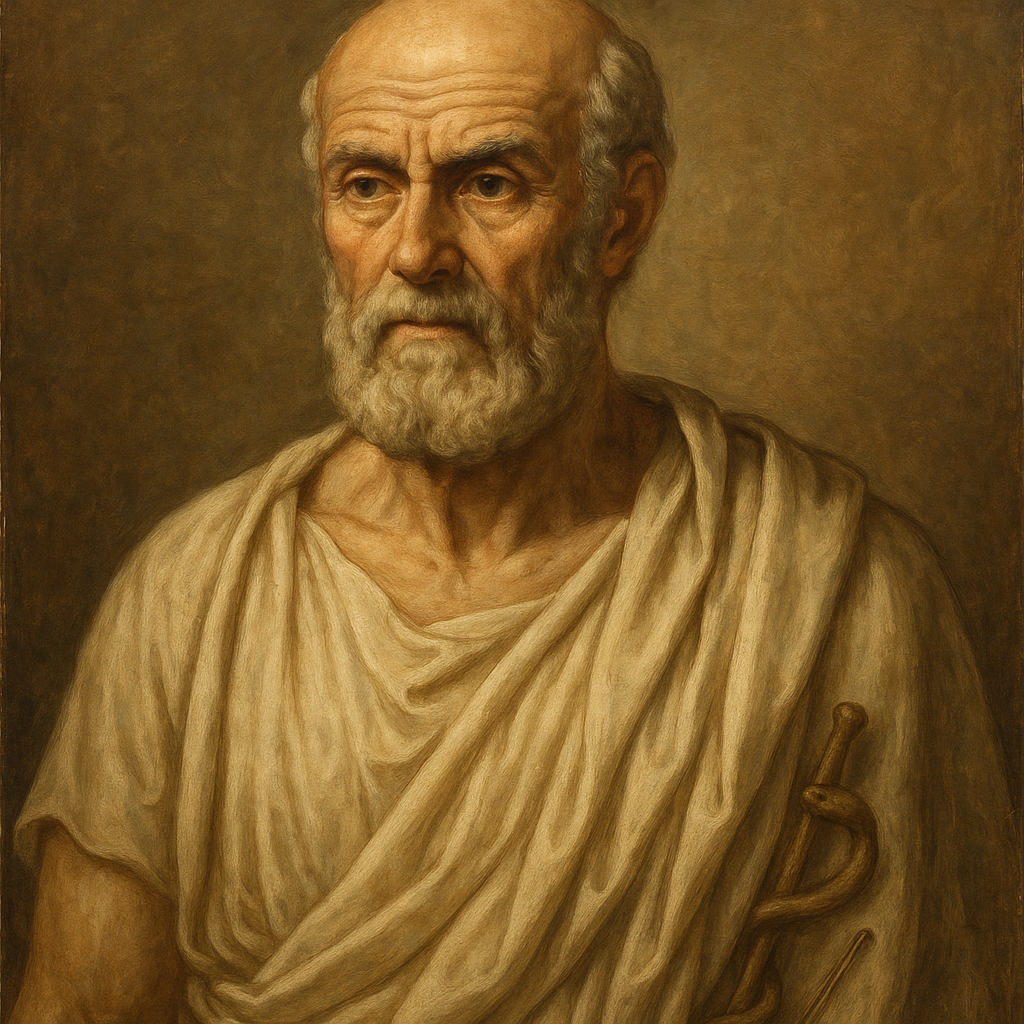
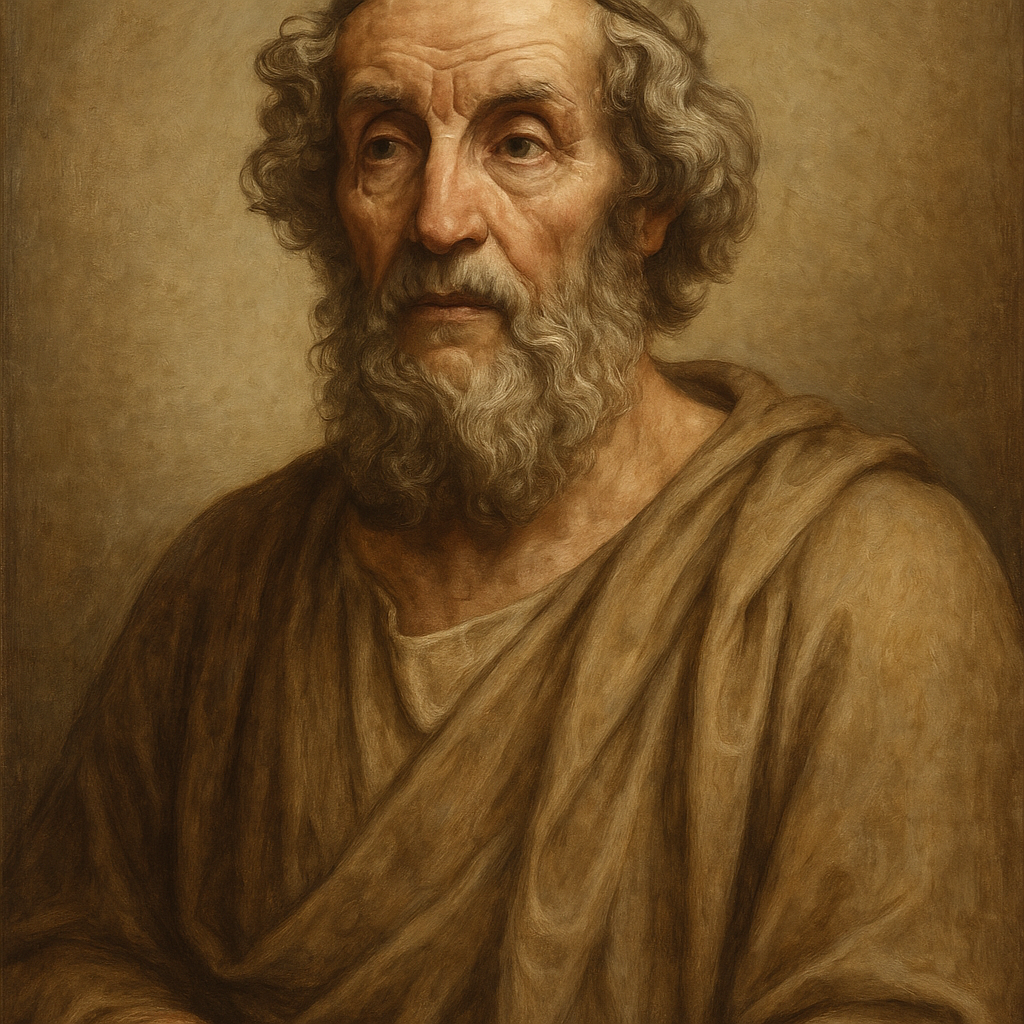
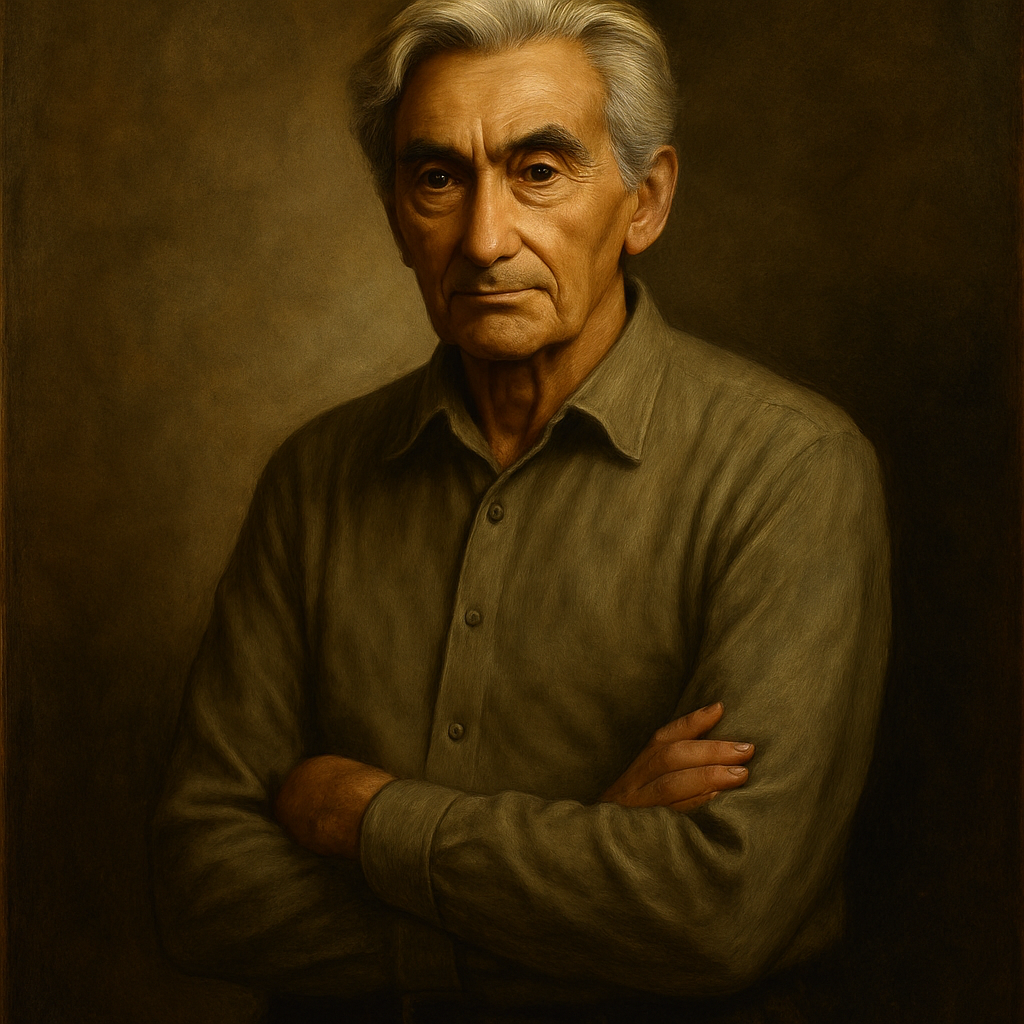
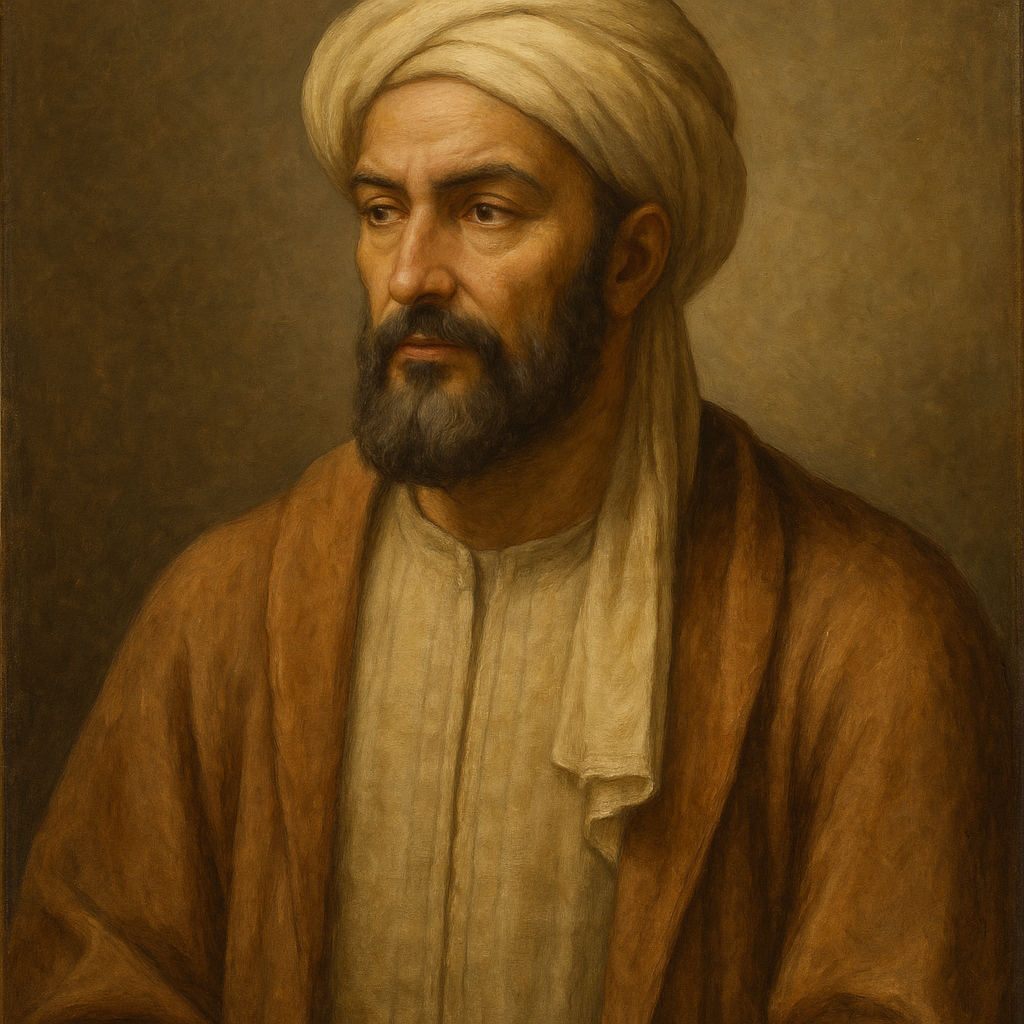
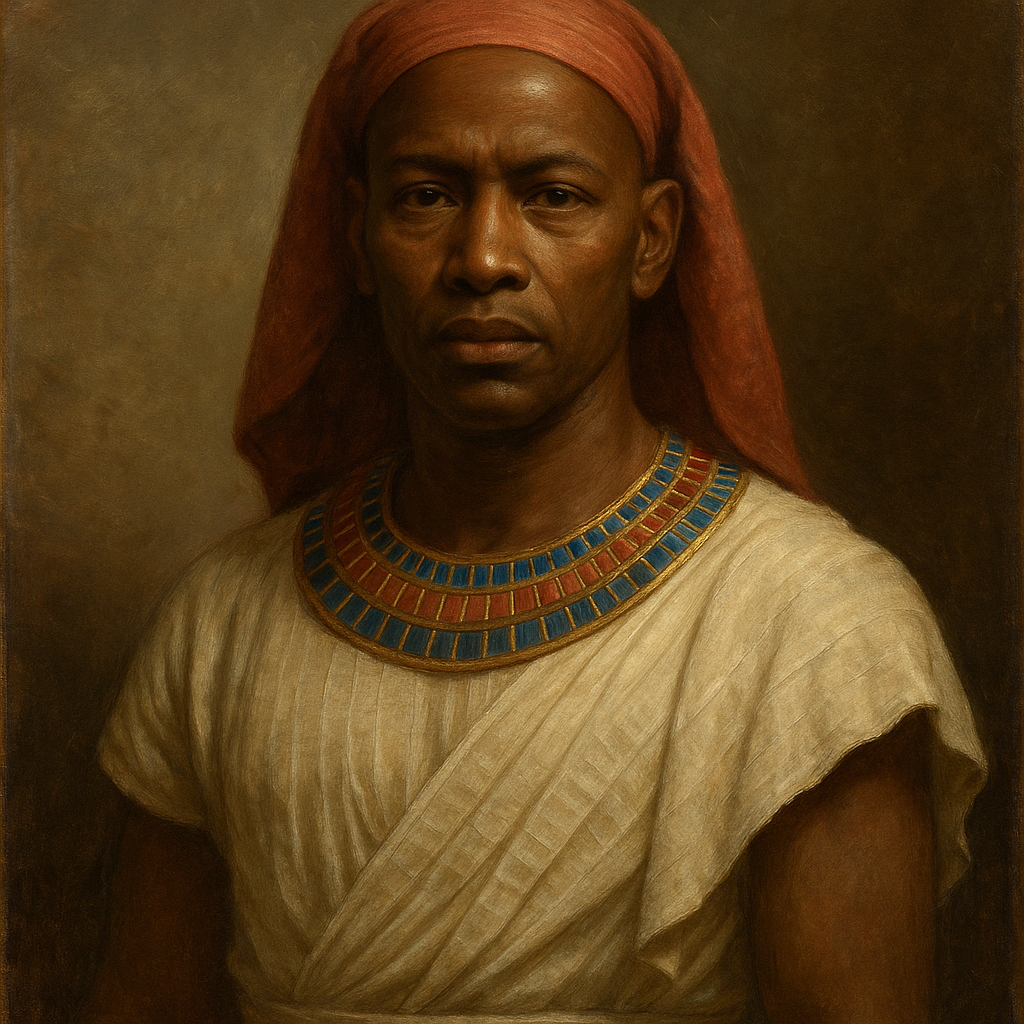
.png?alt=media&token=6d52549d-ad5b-4705-9b00-35056681546b)
